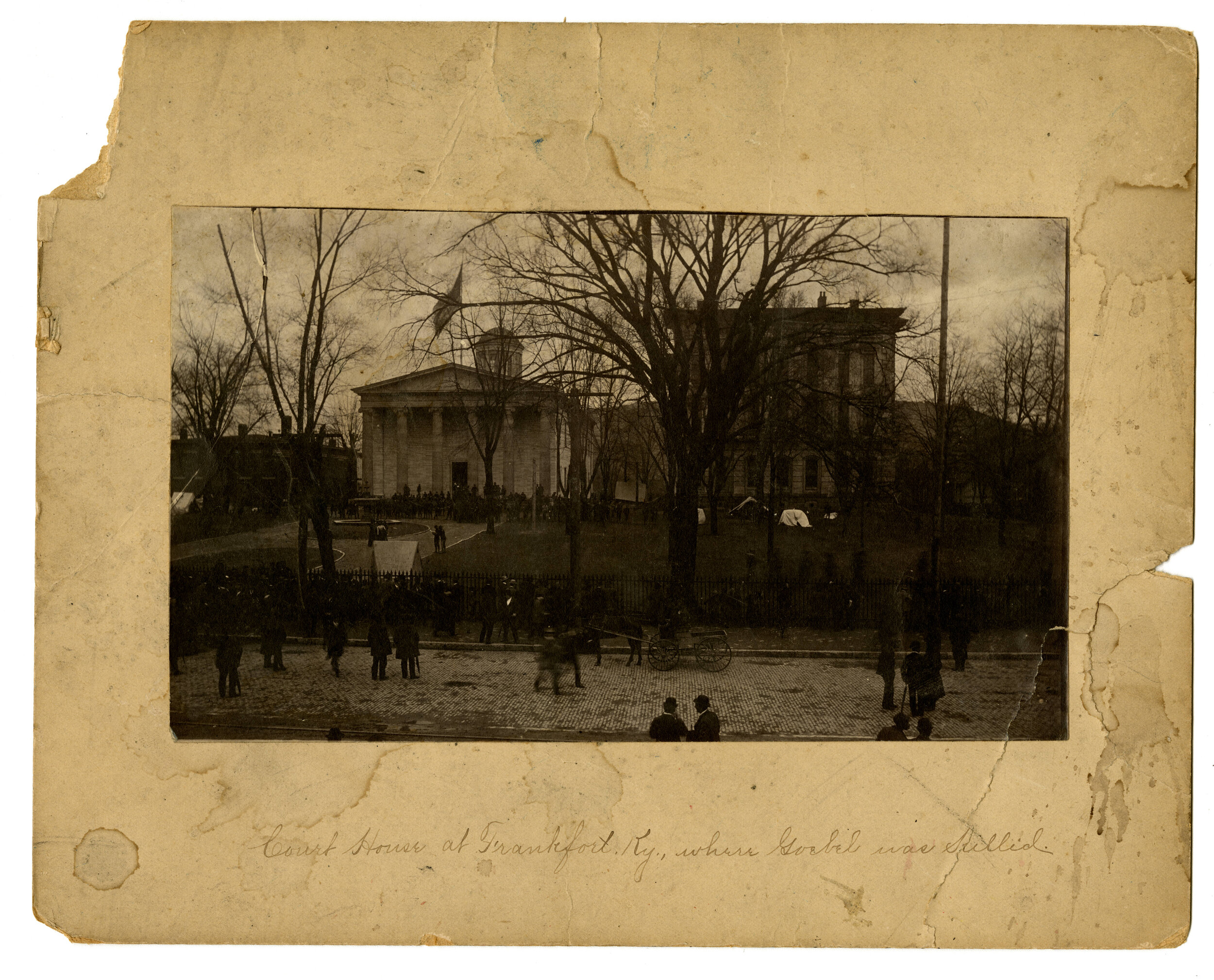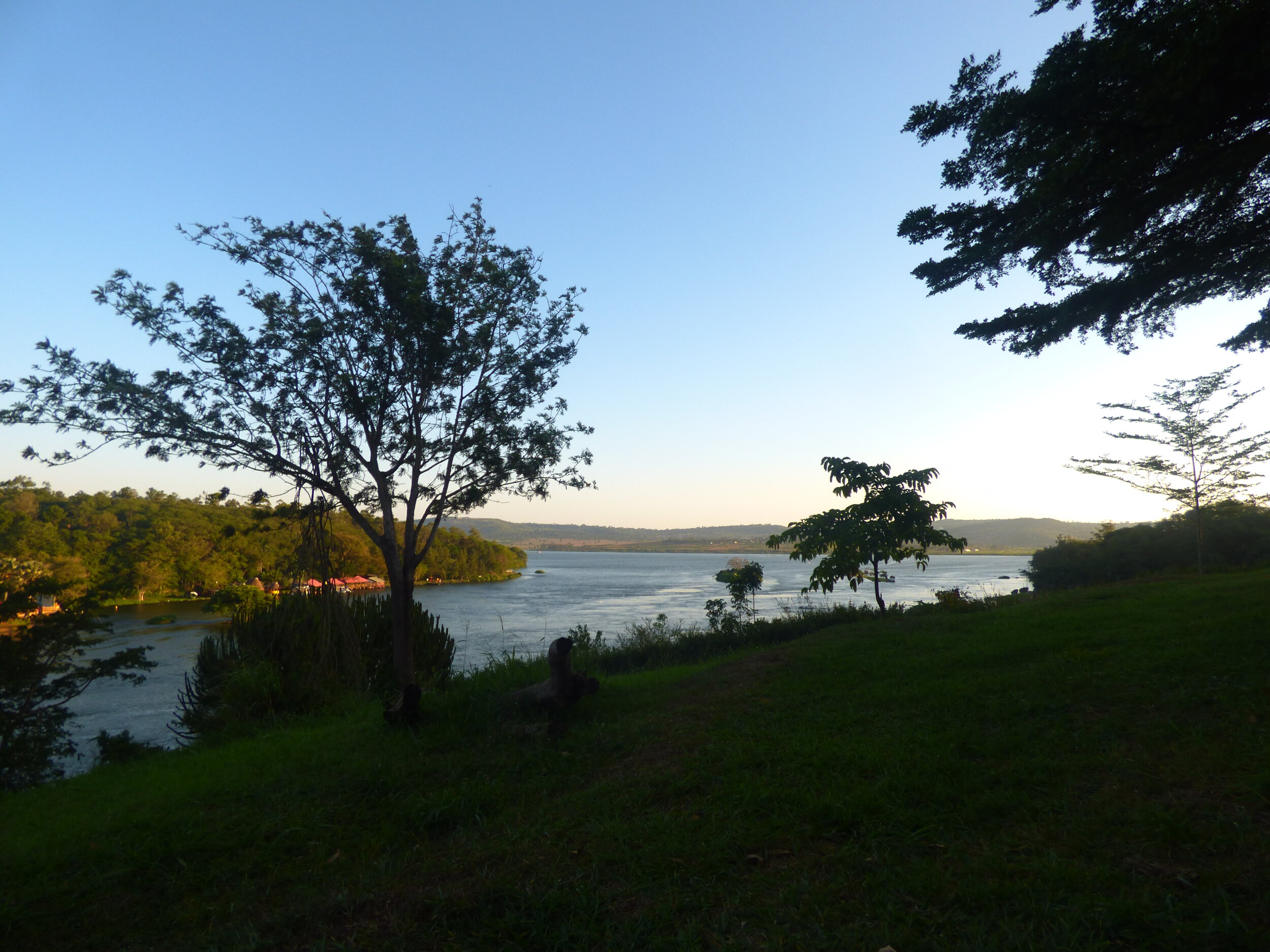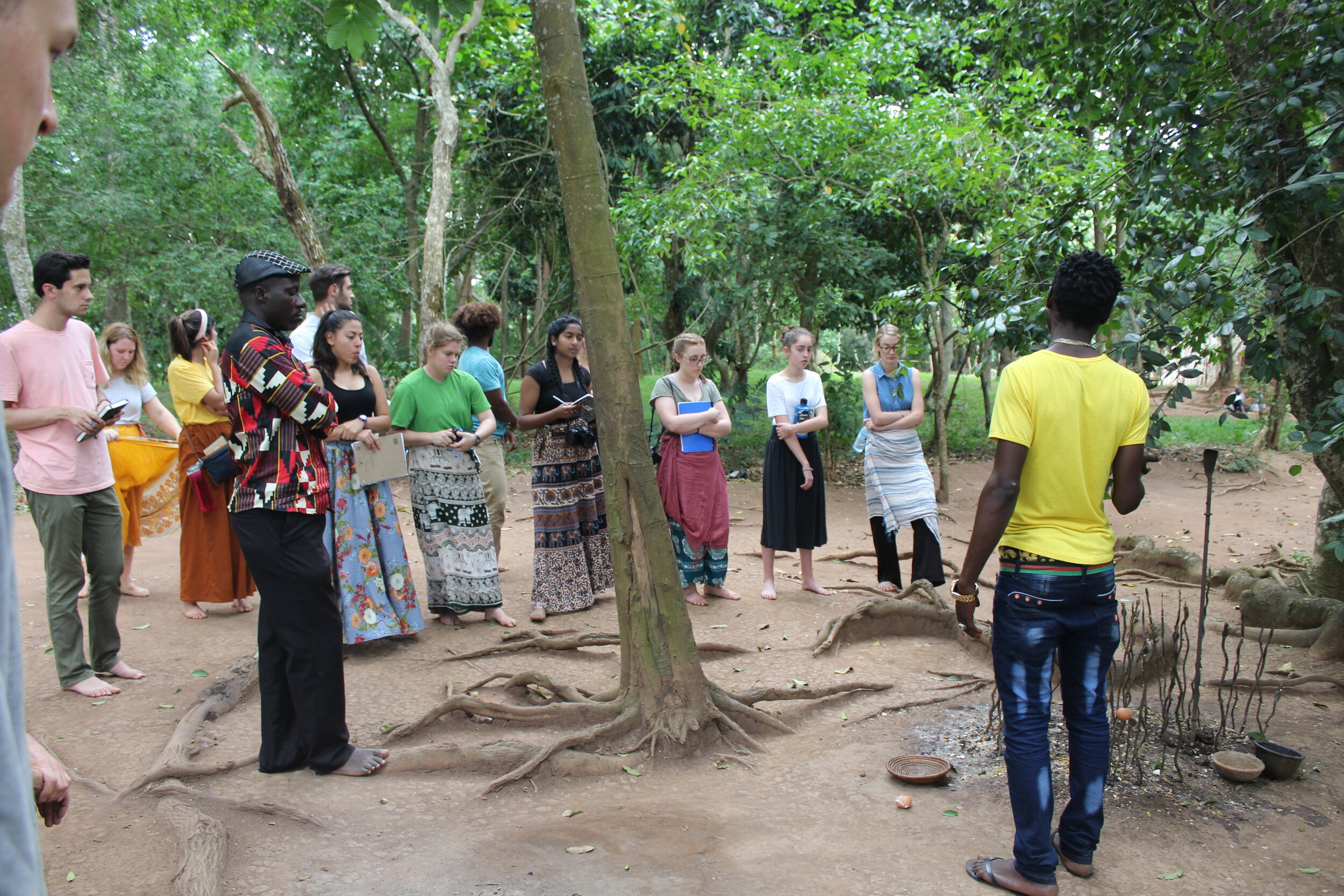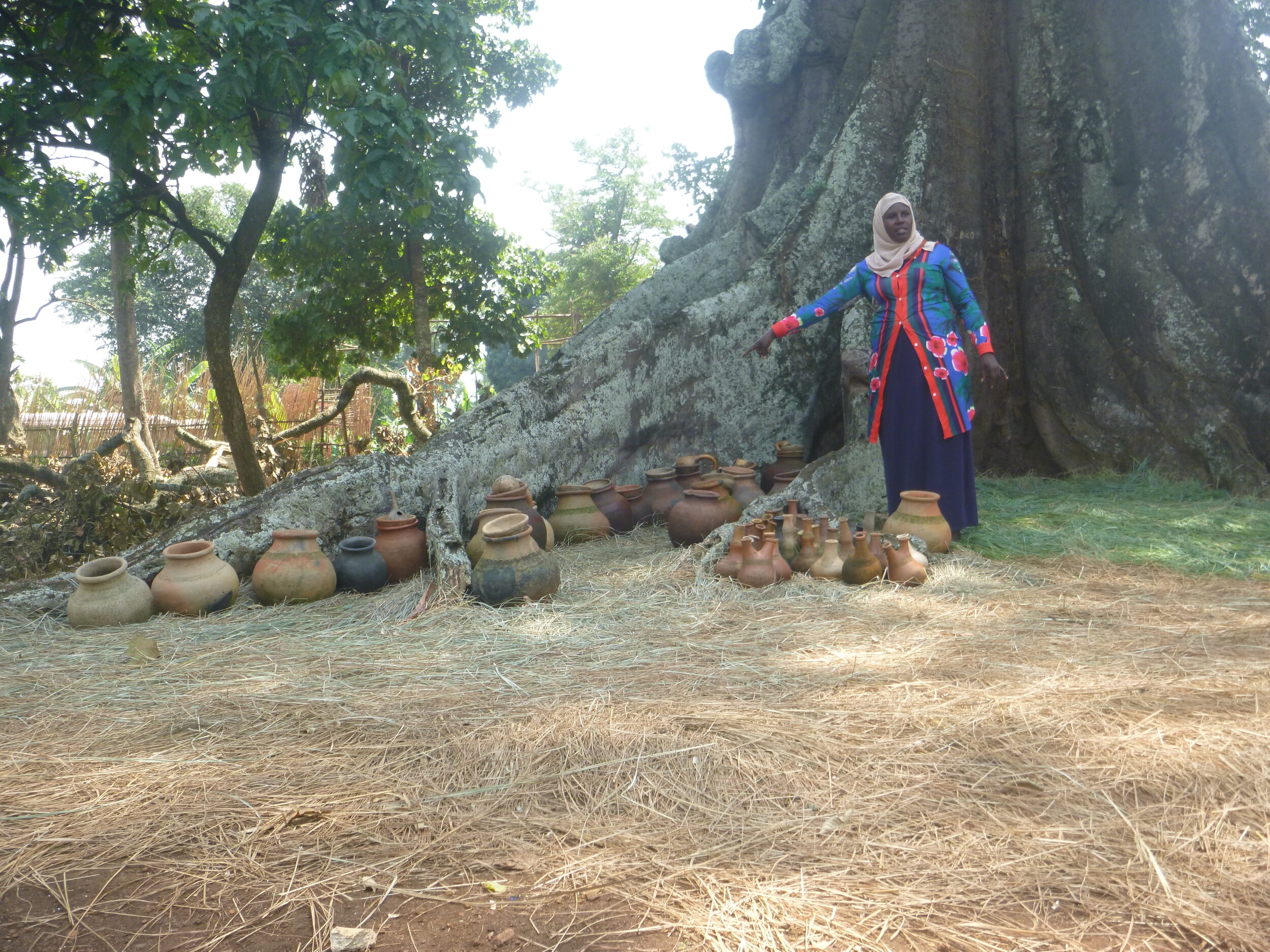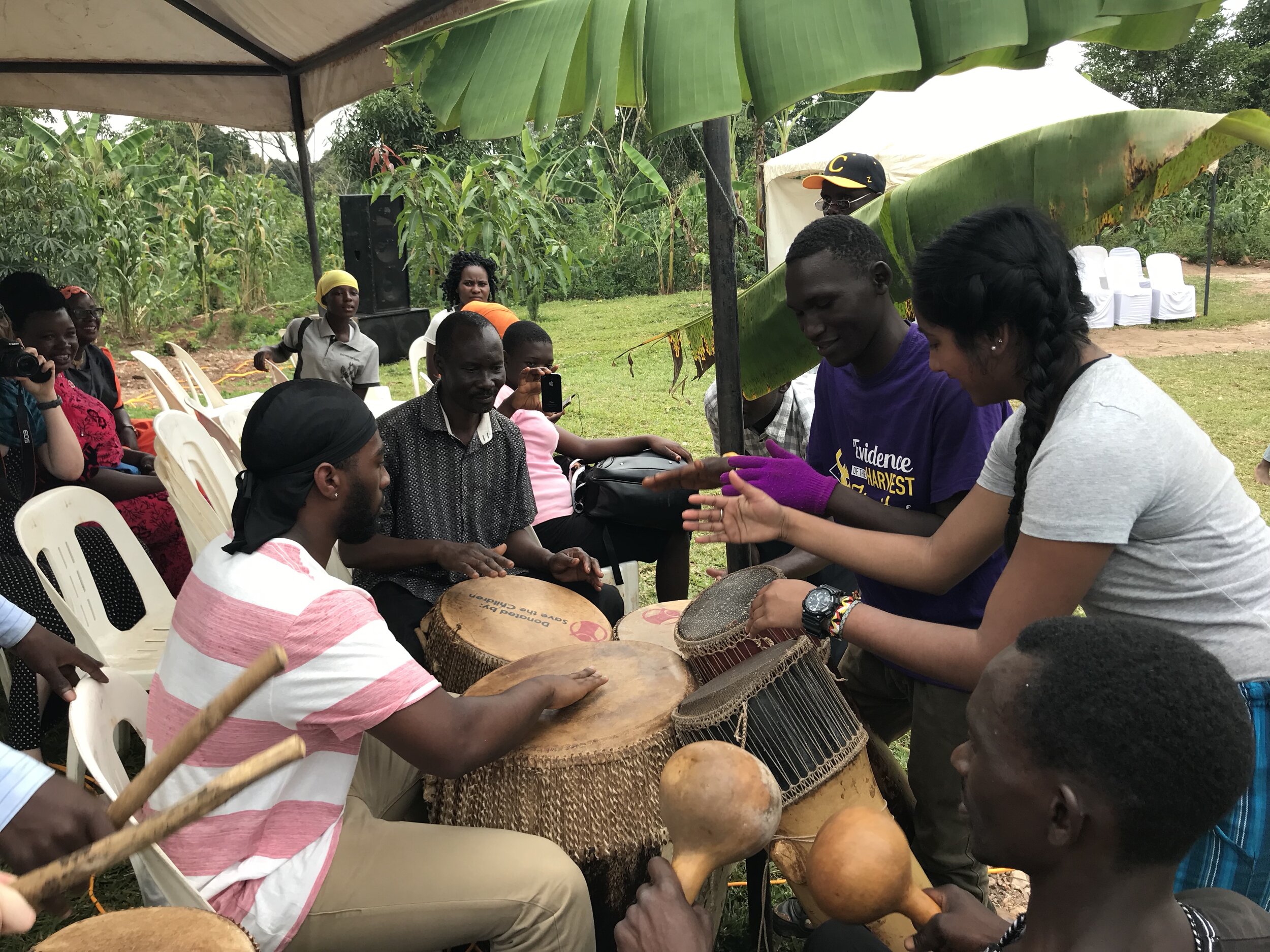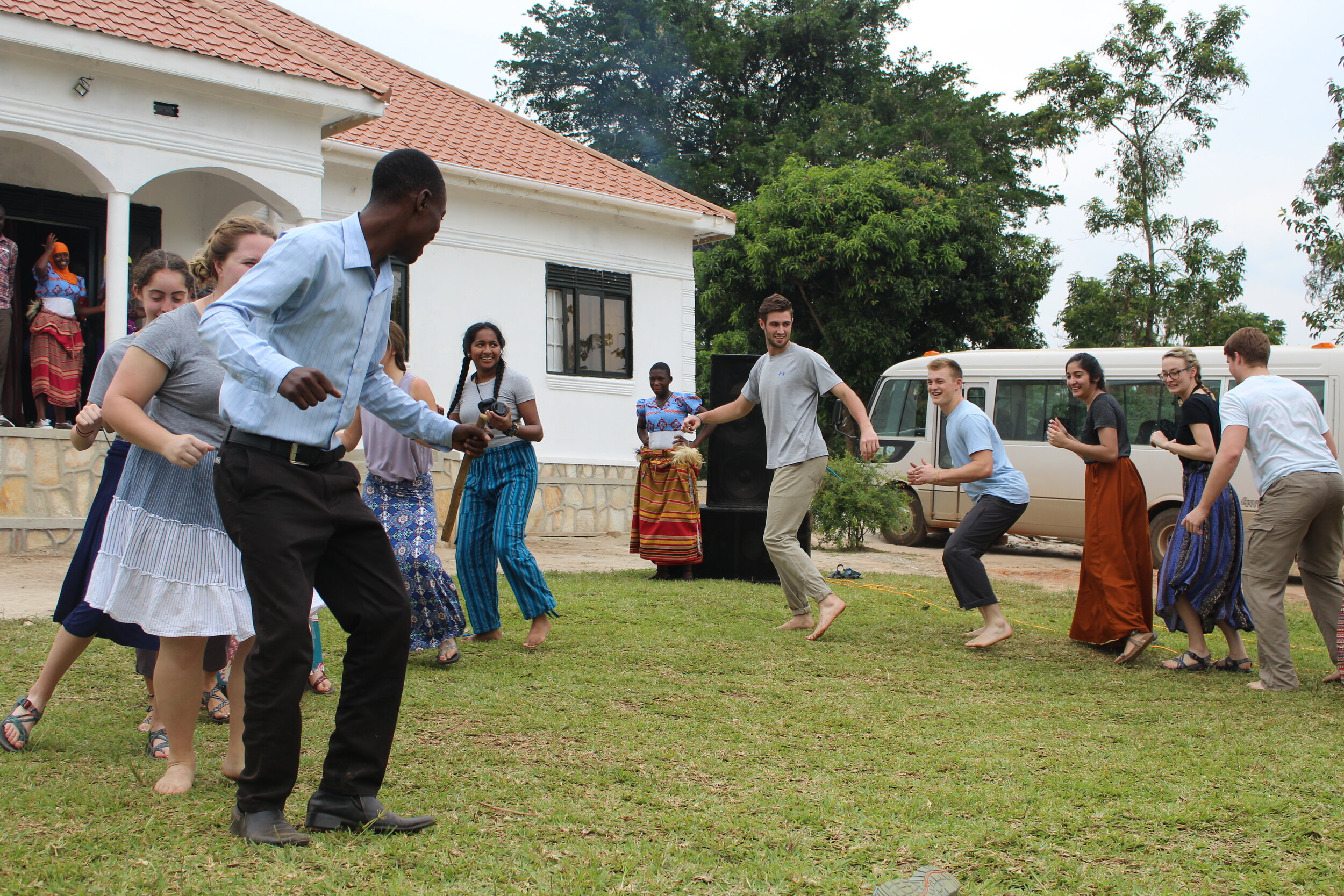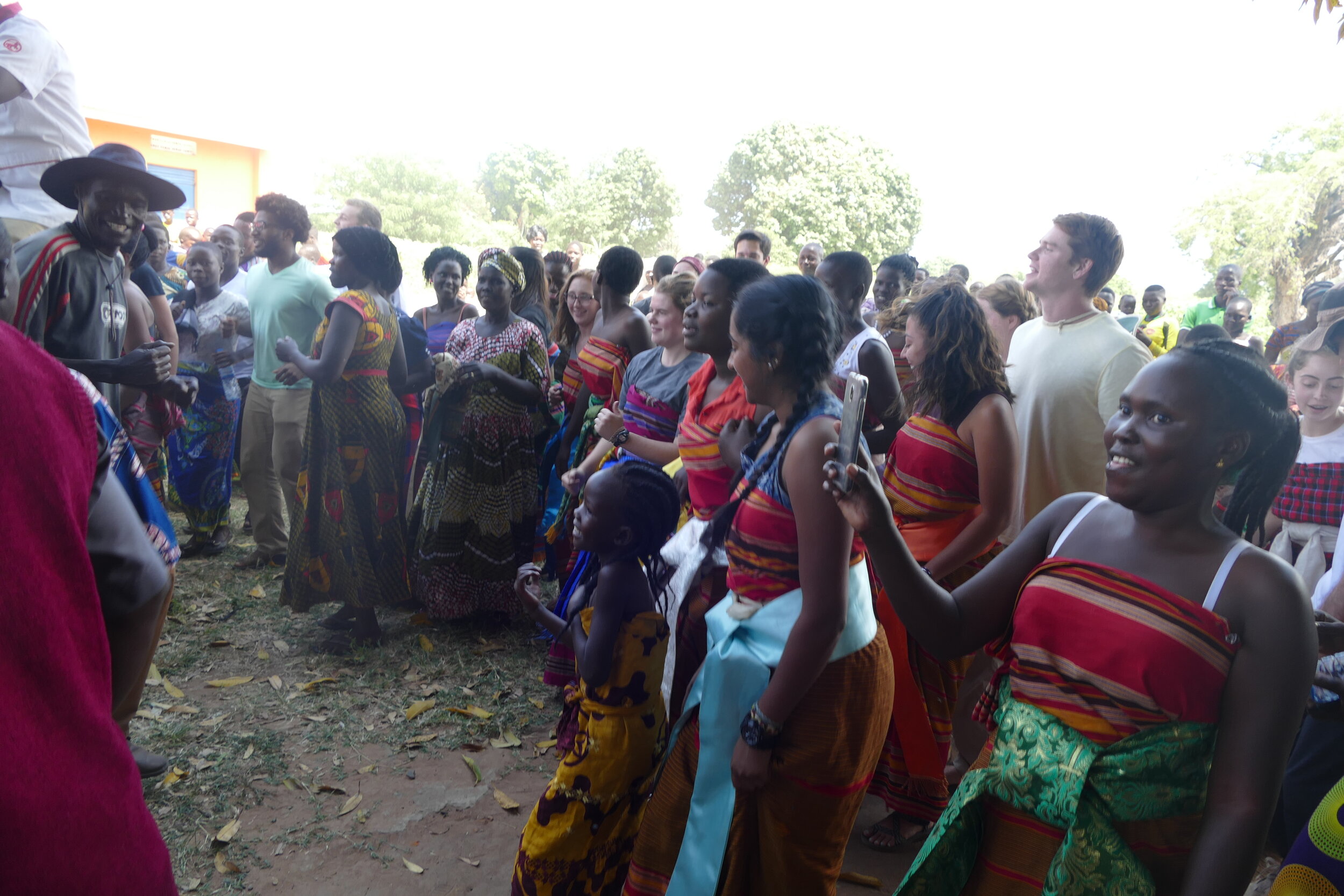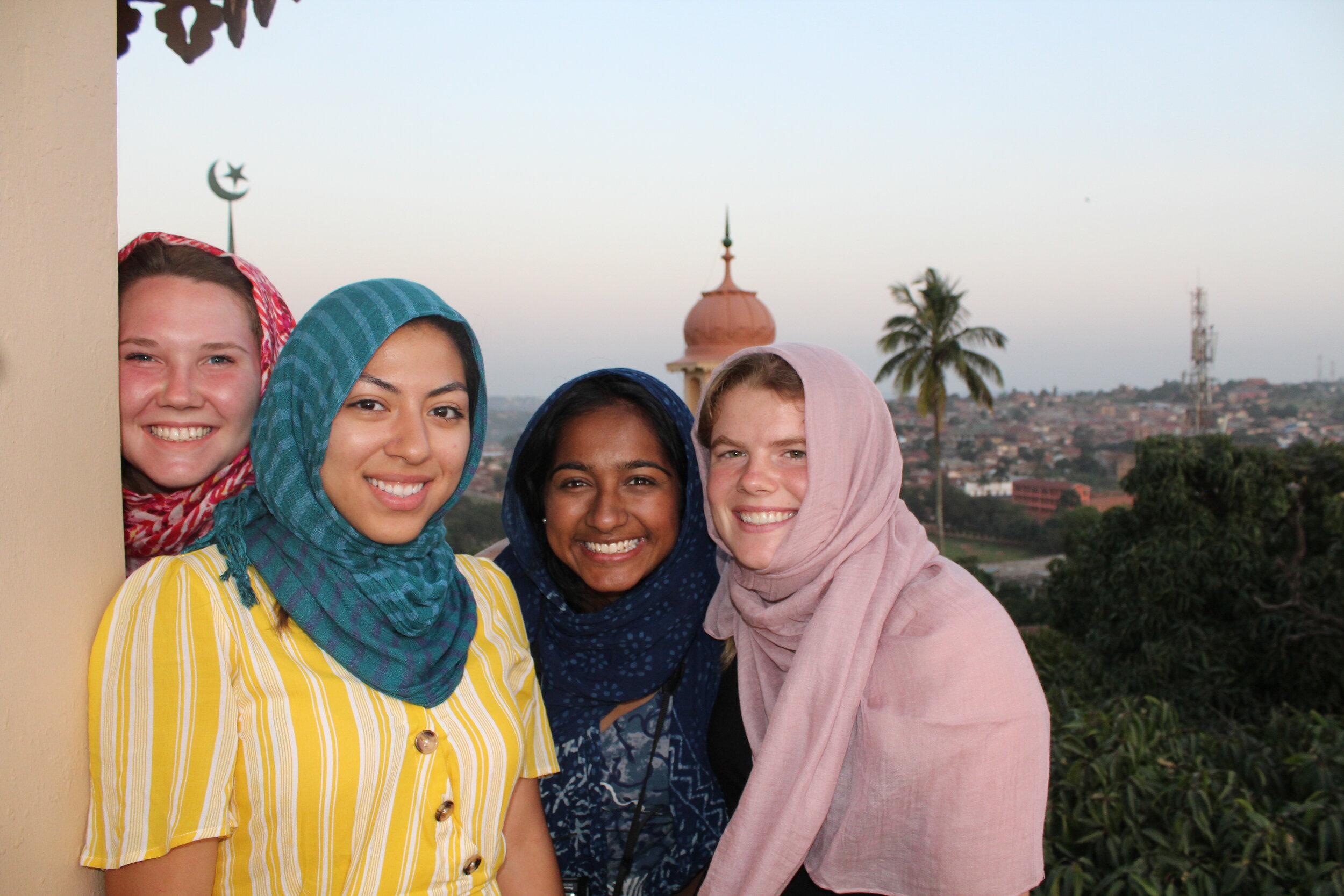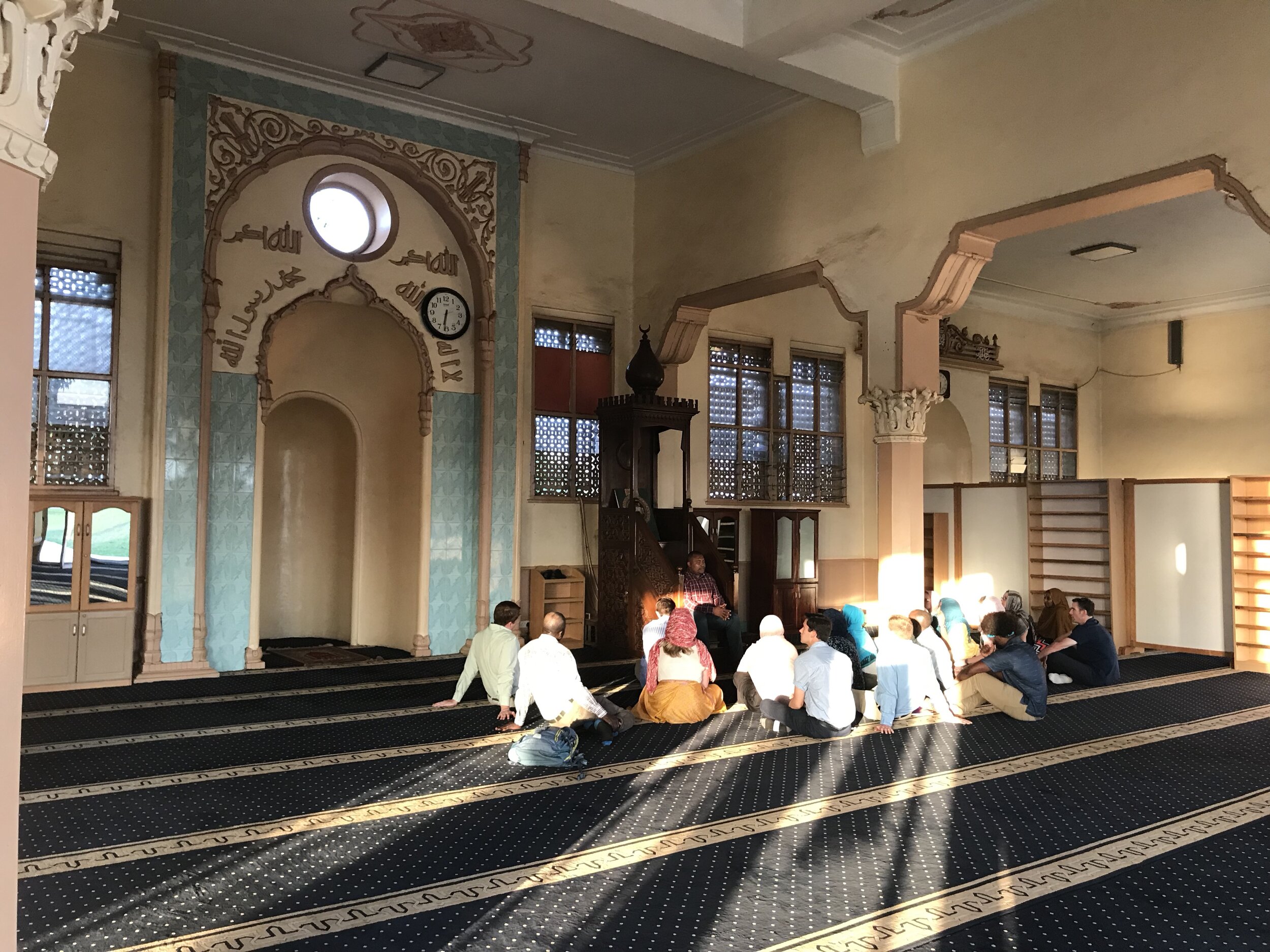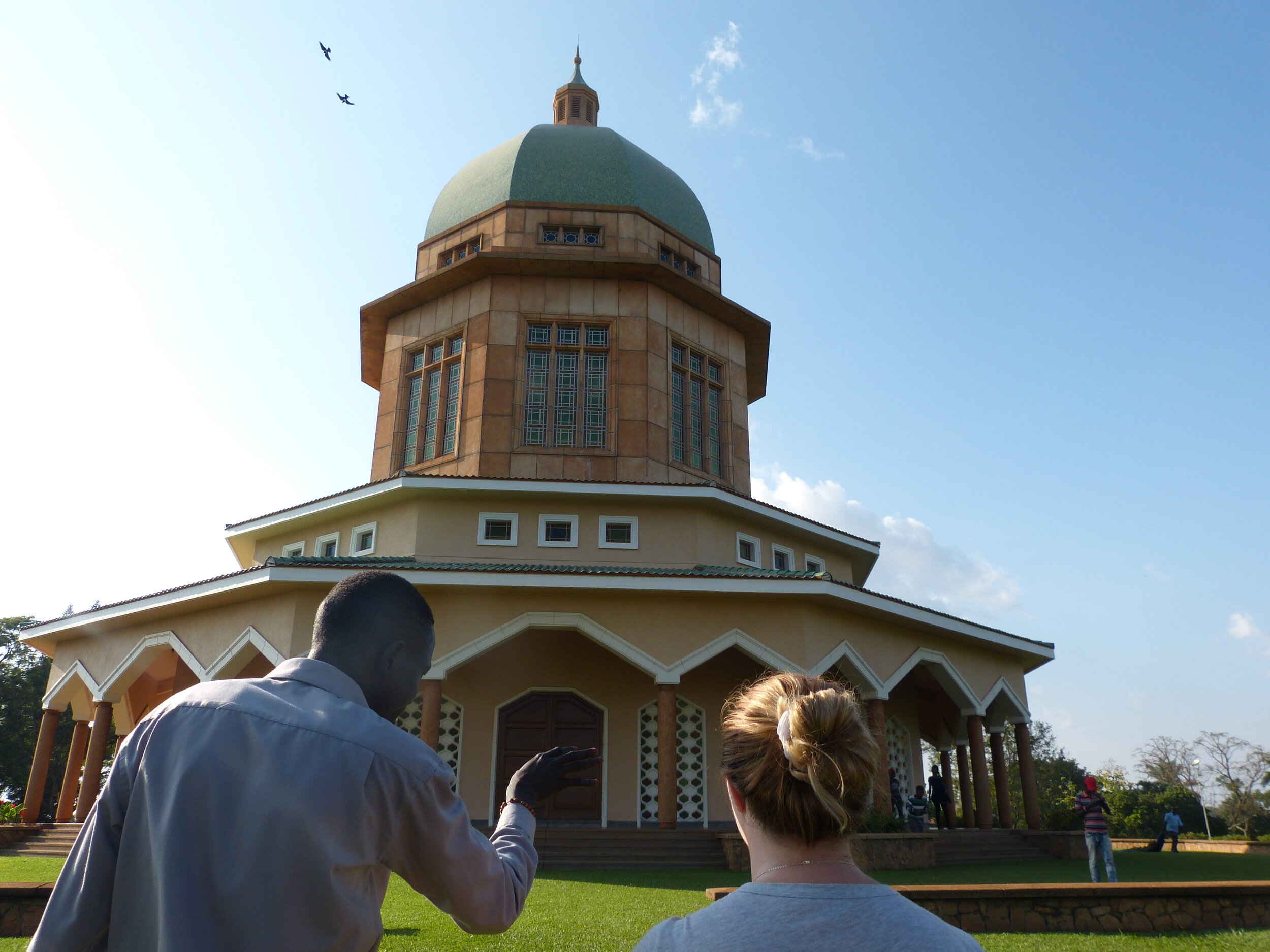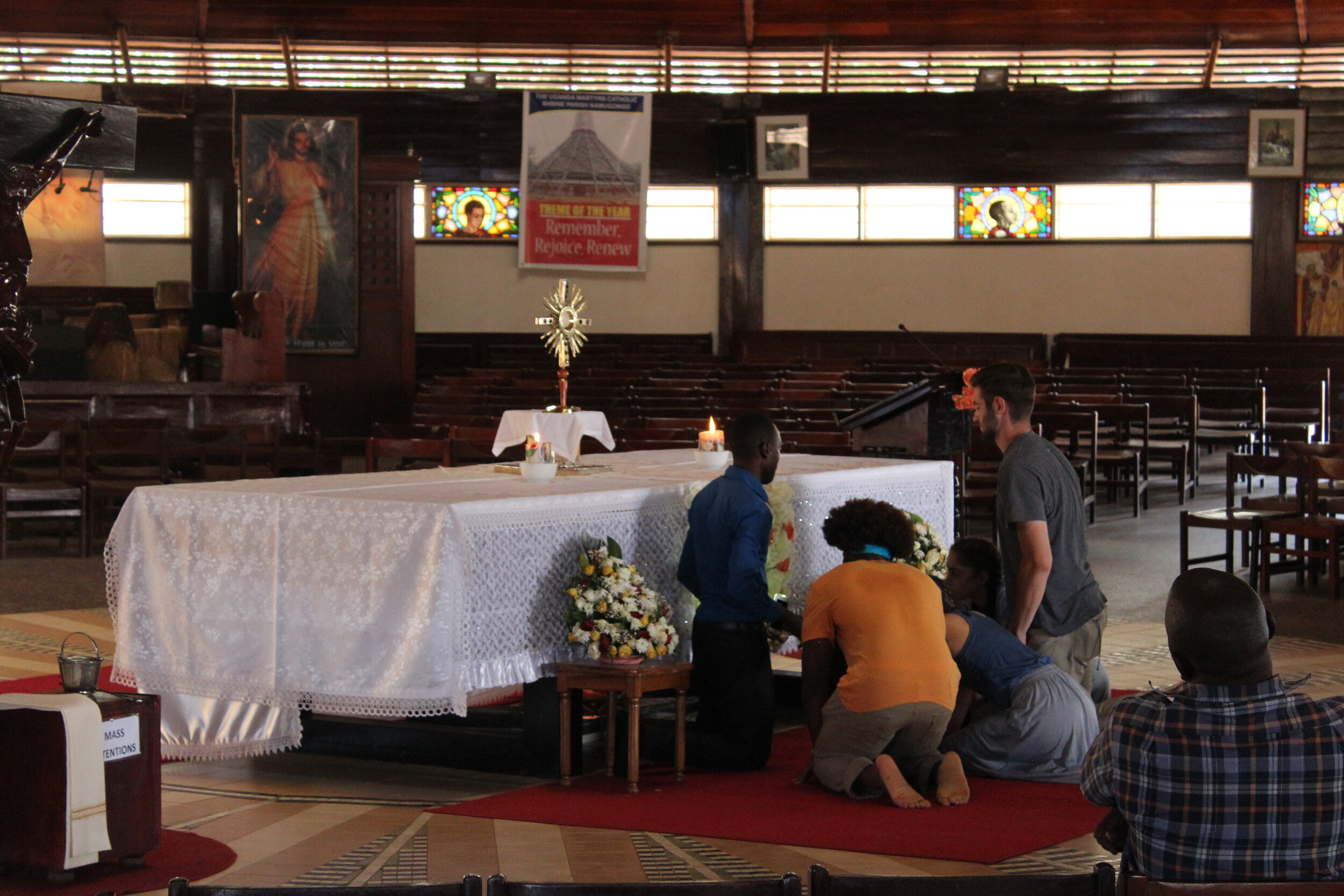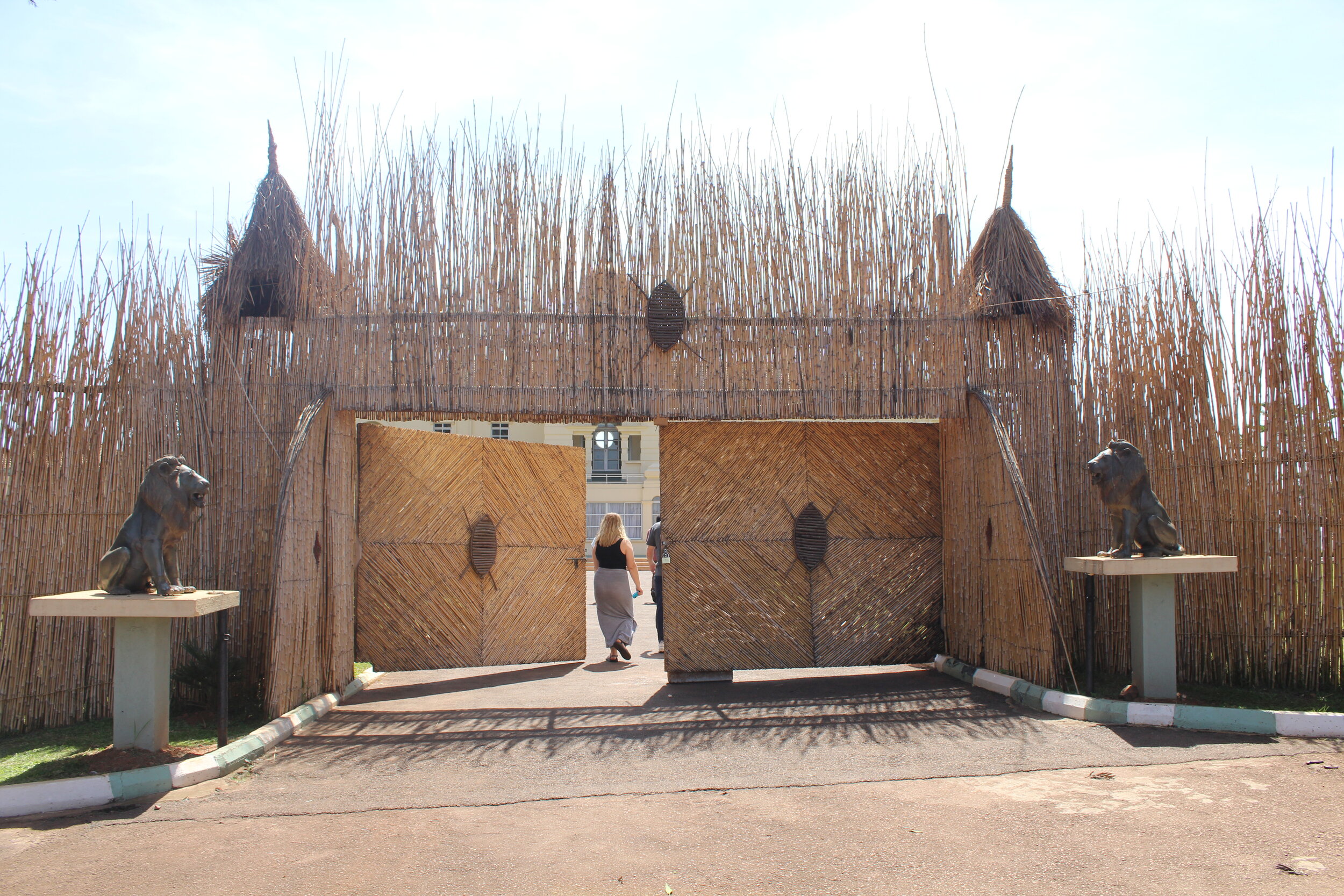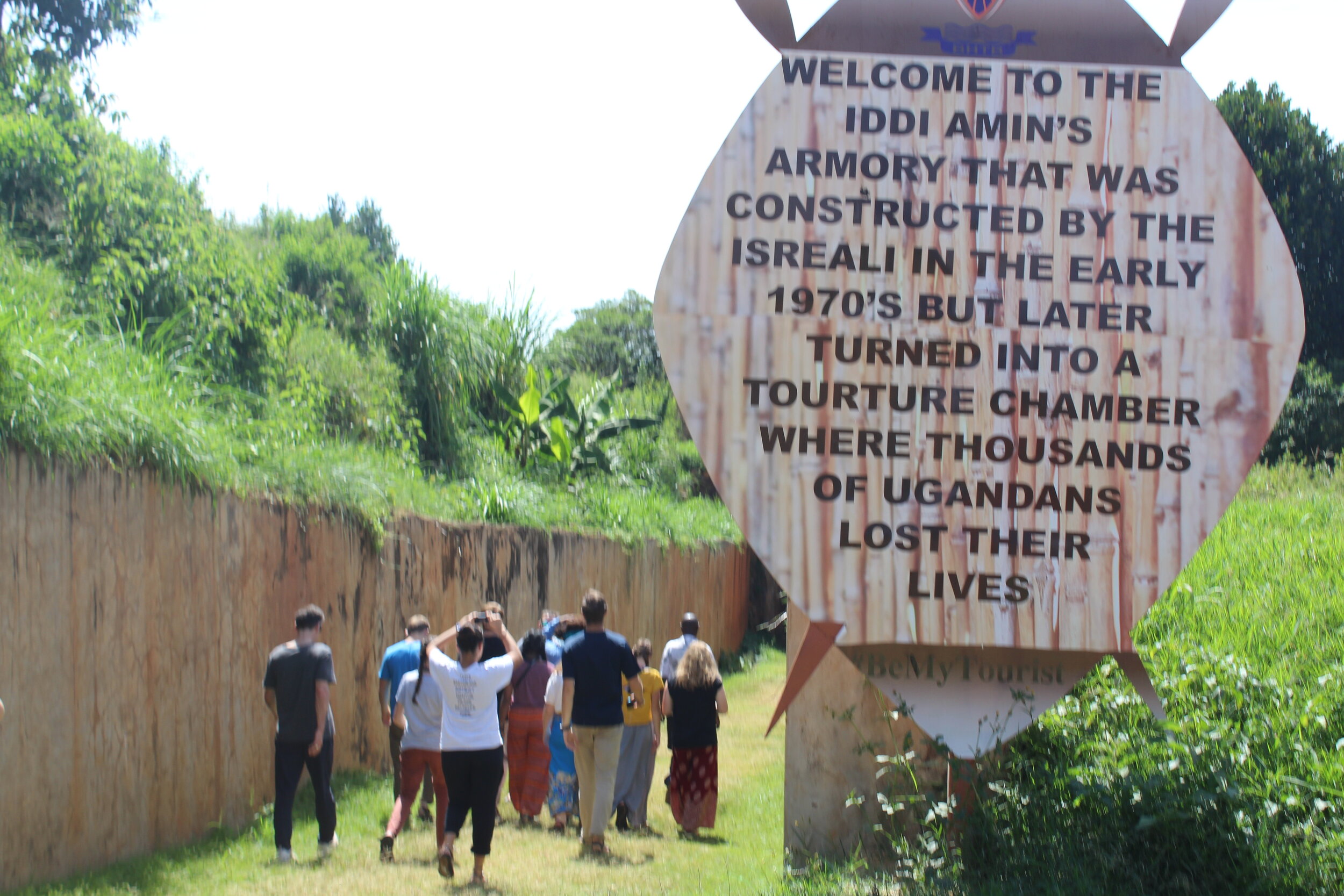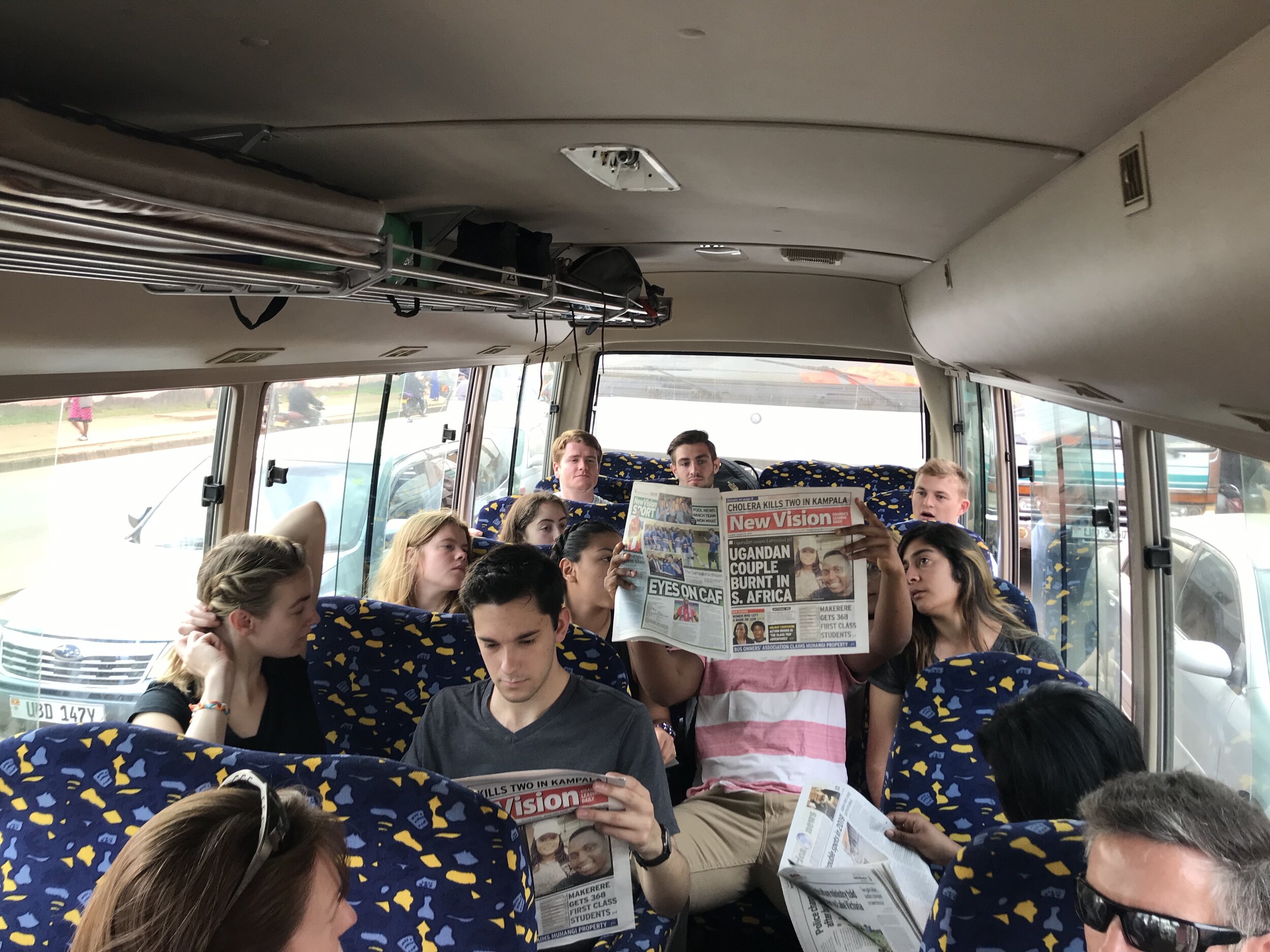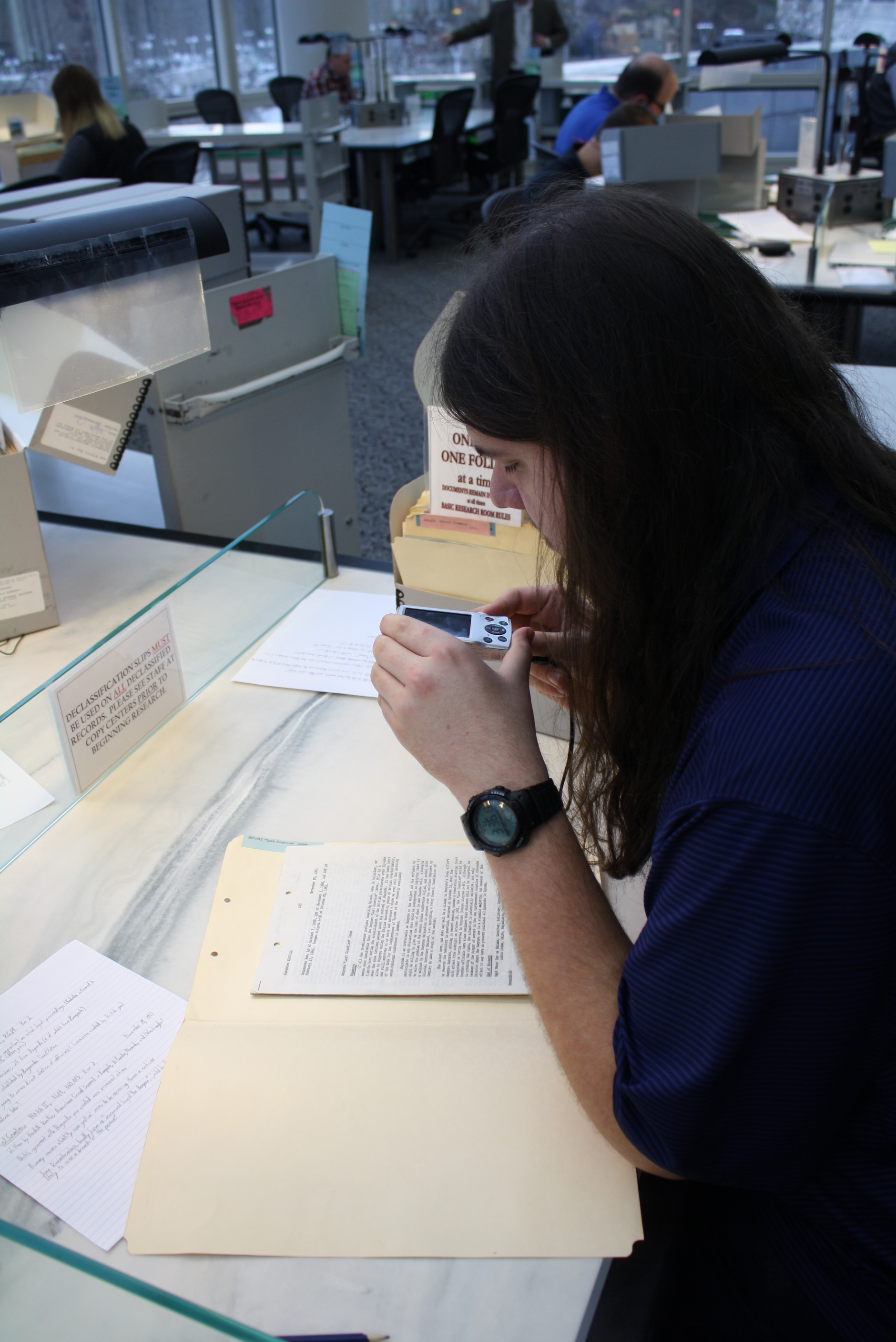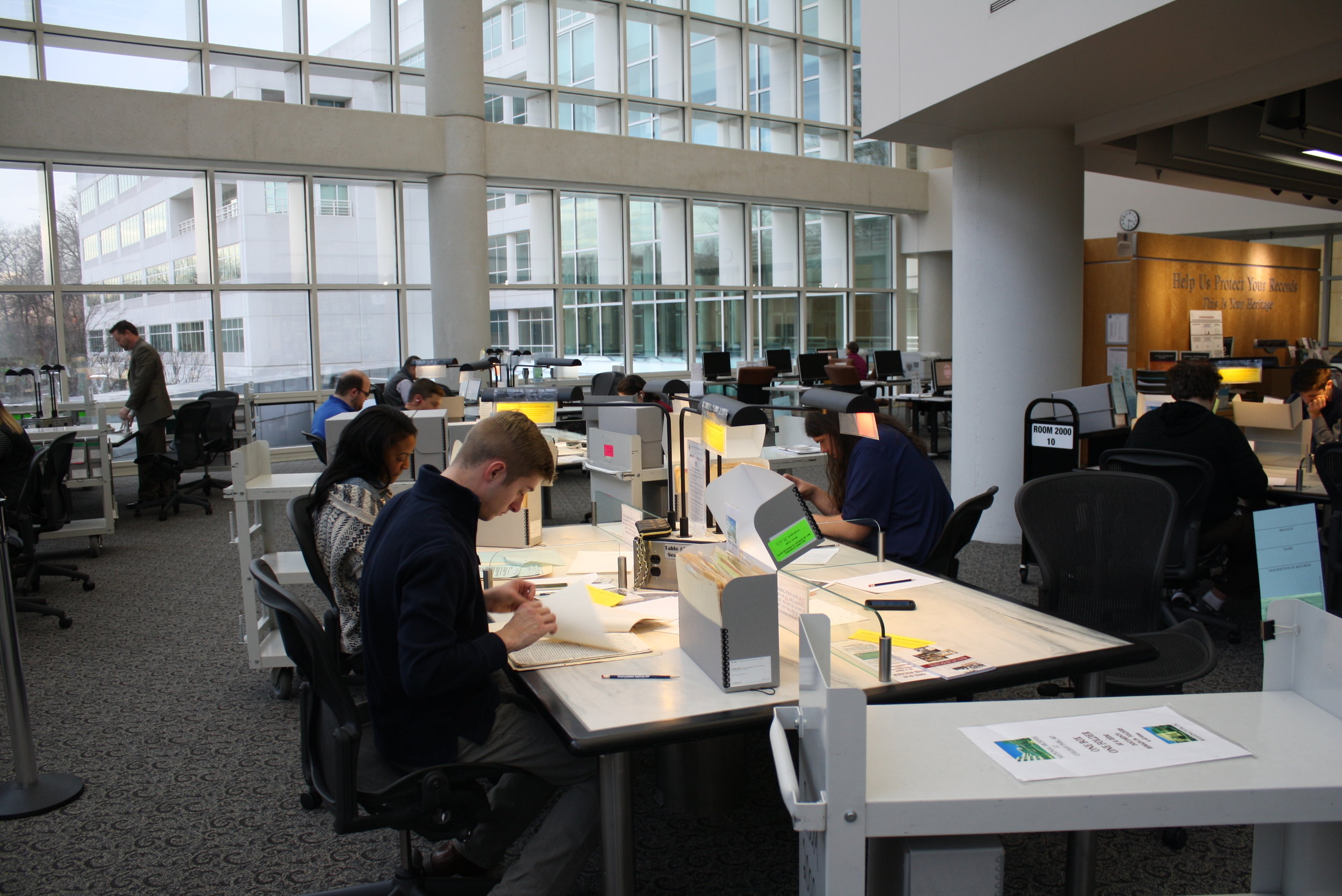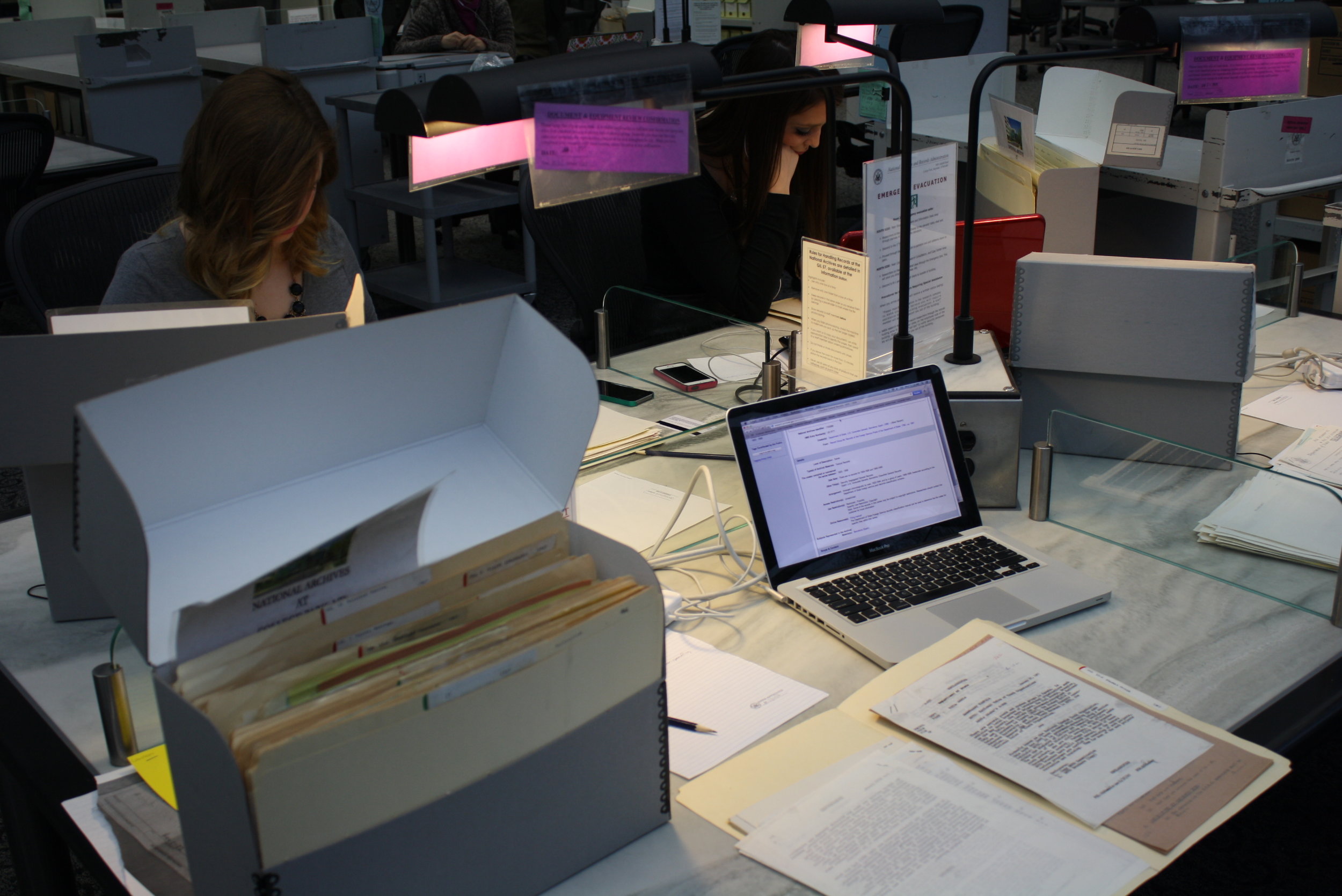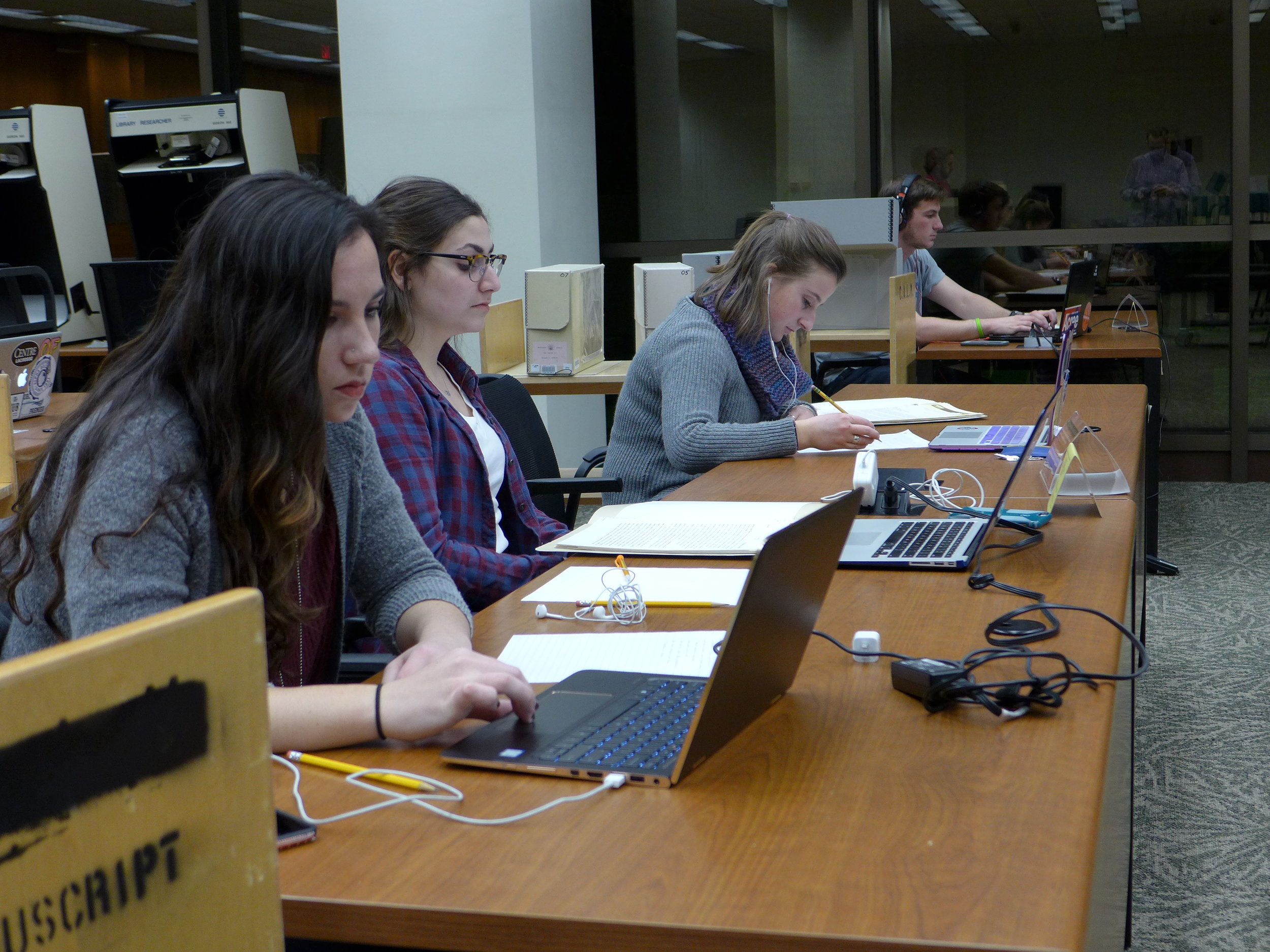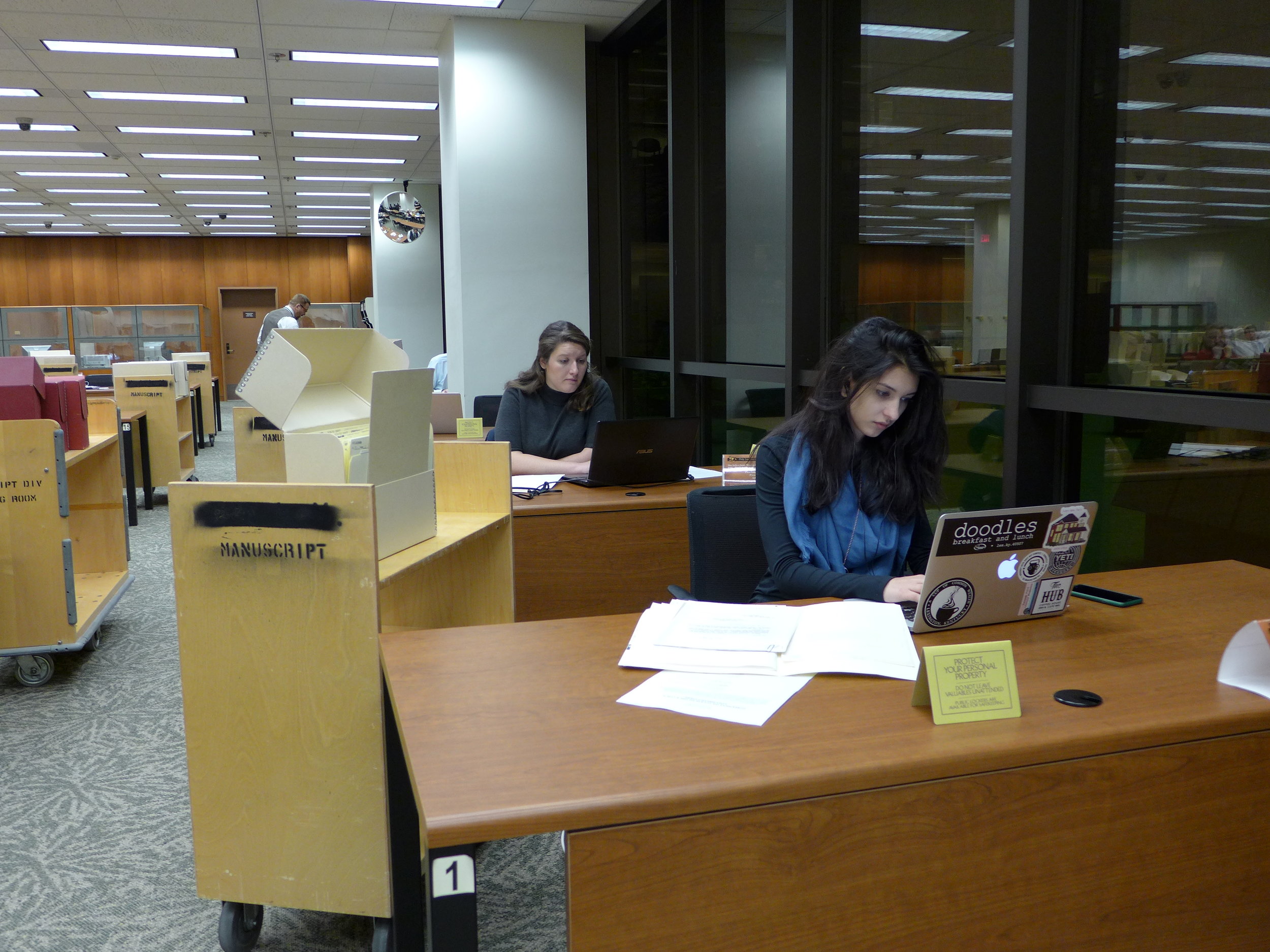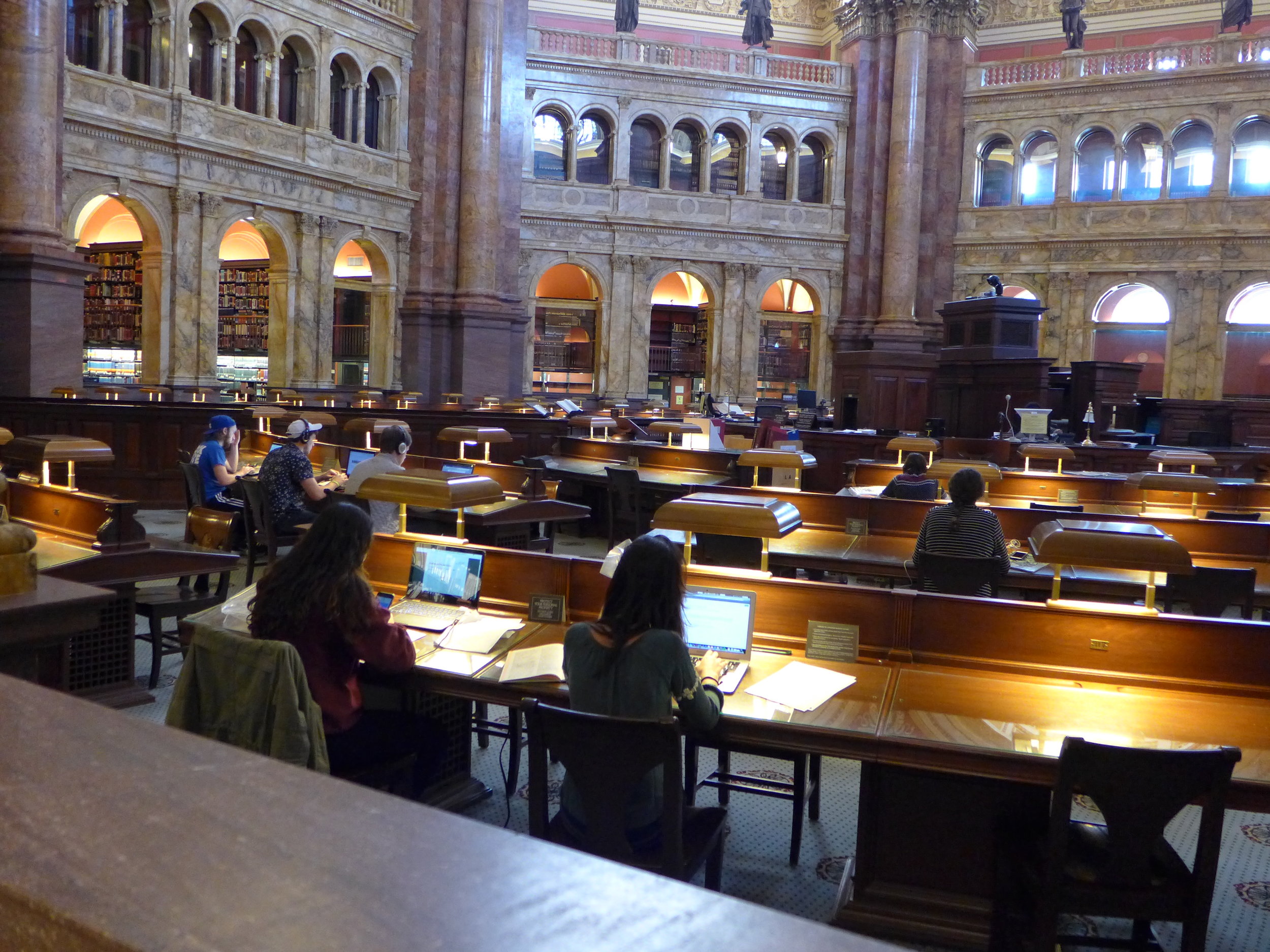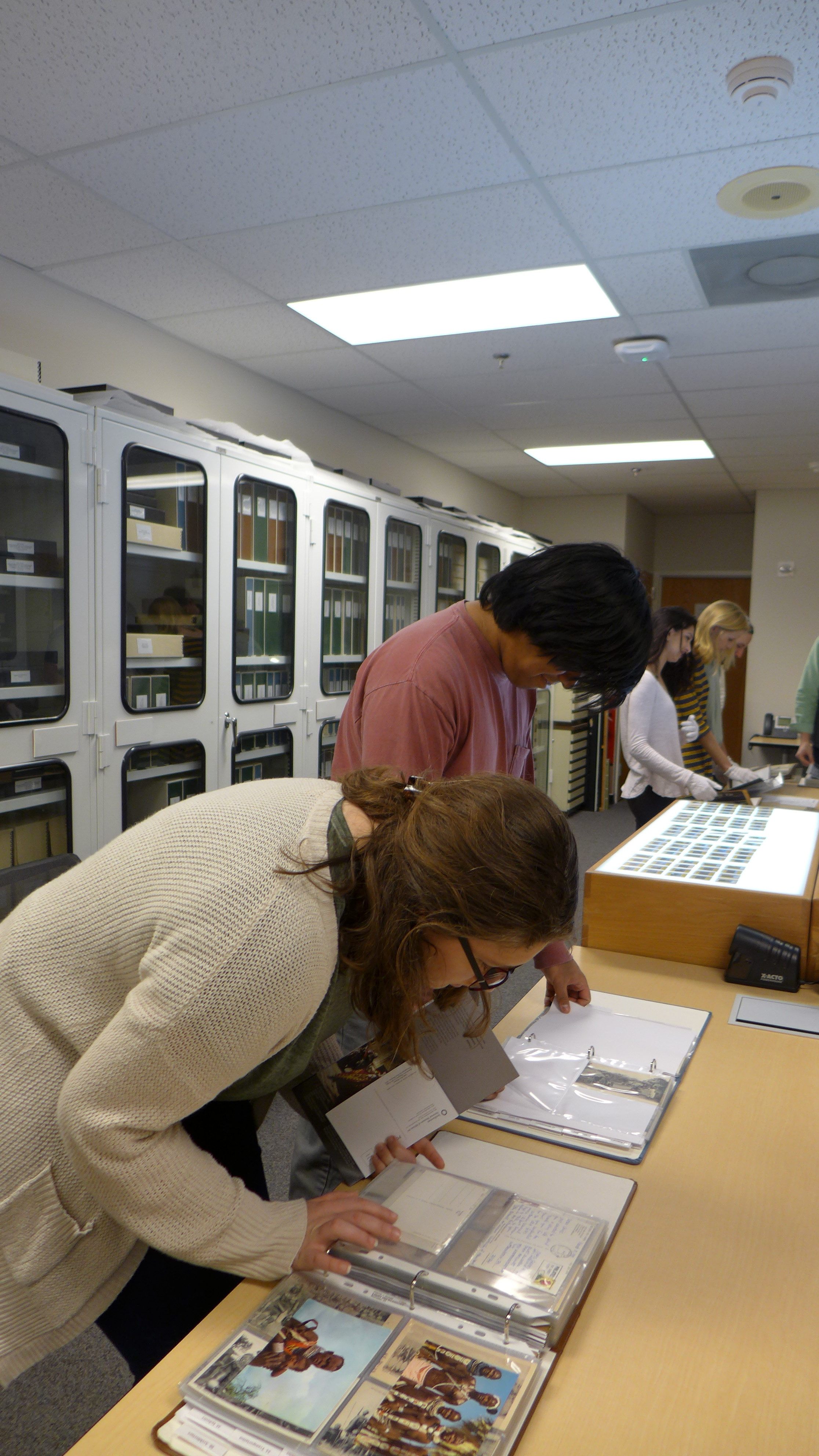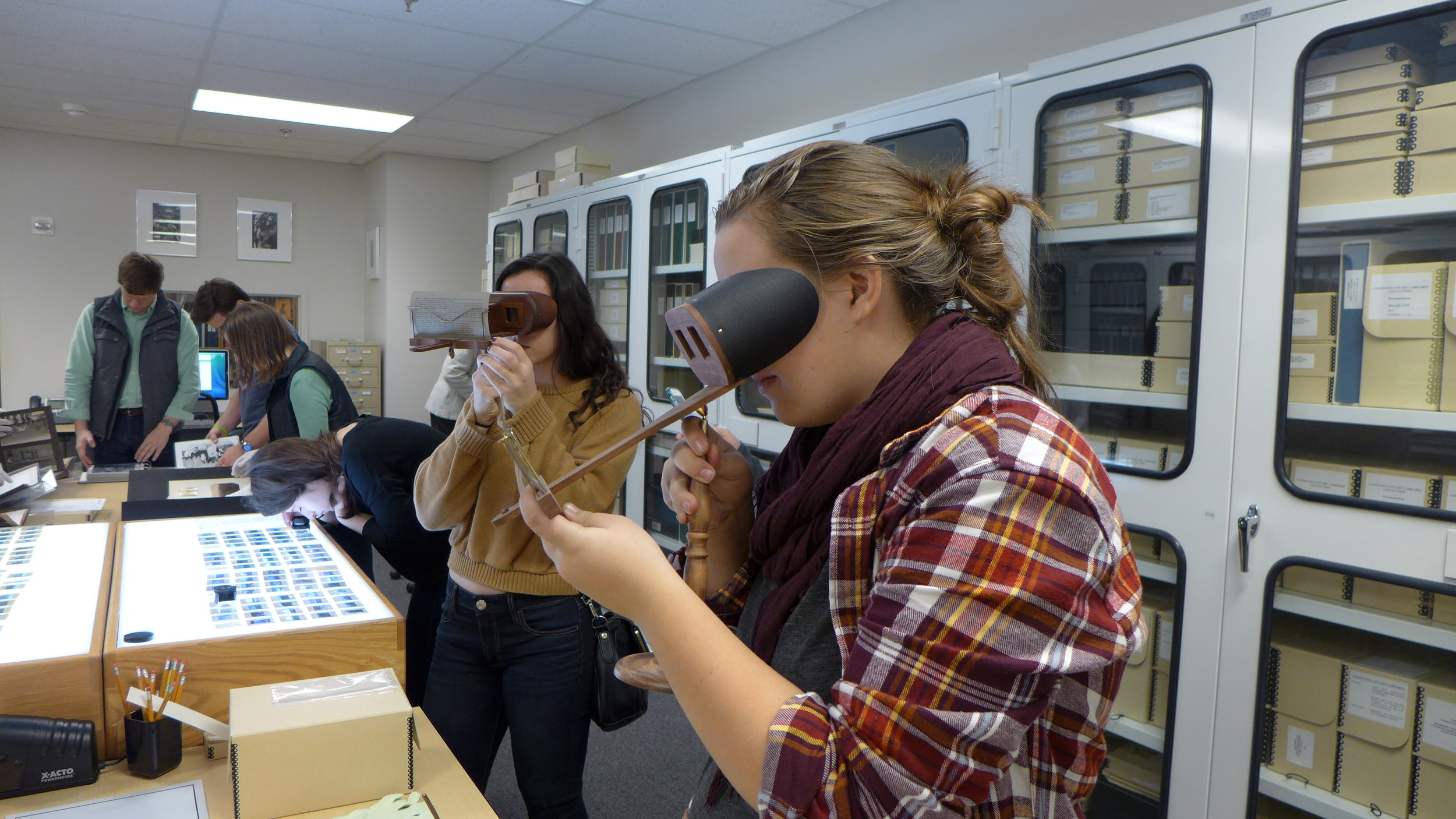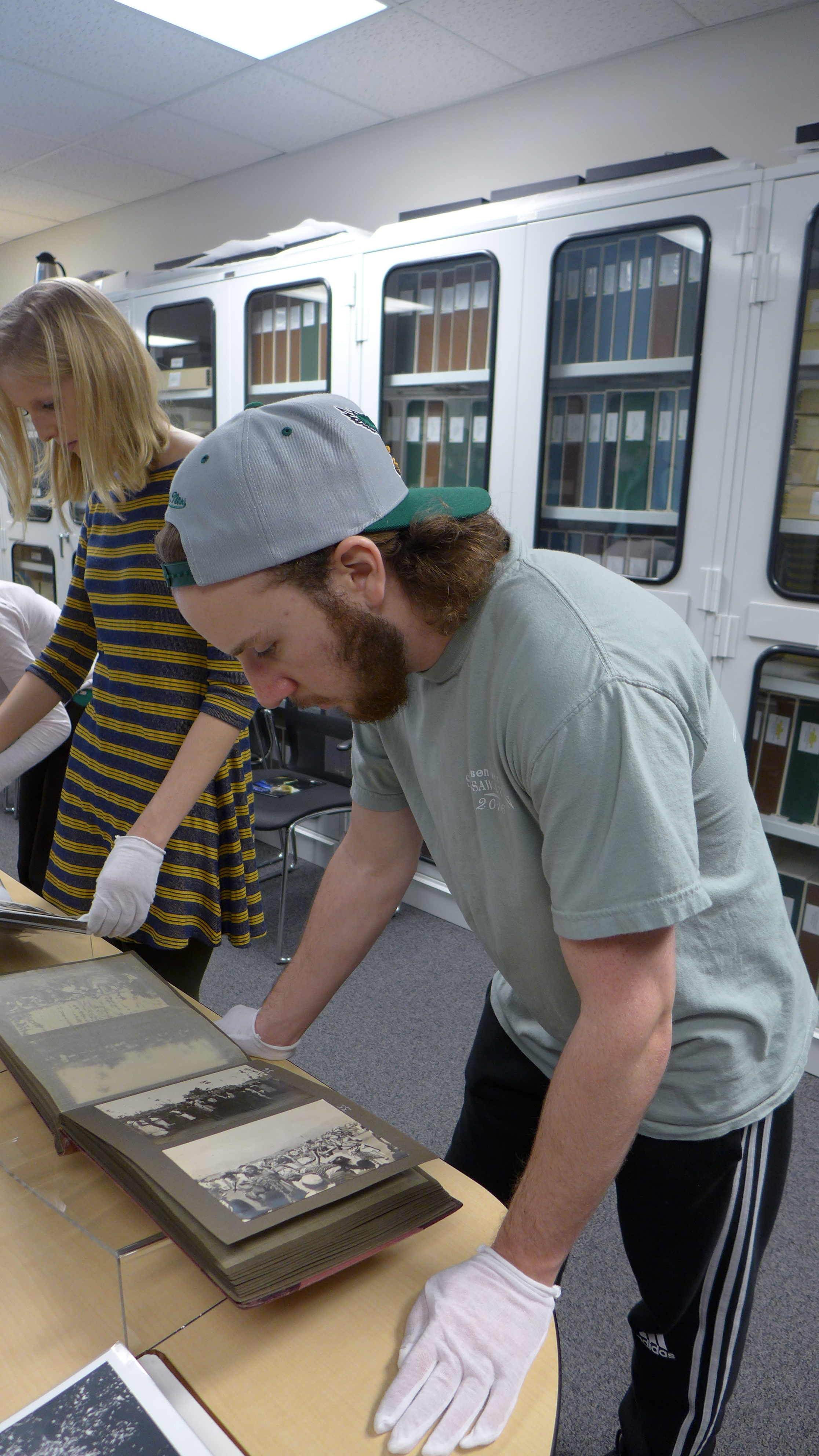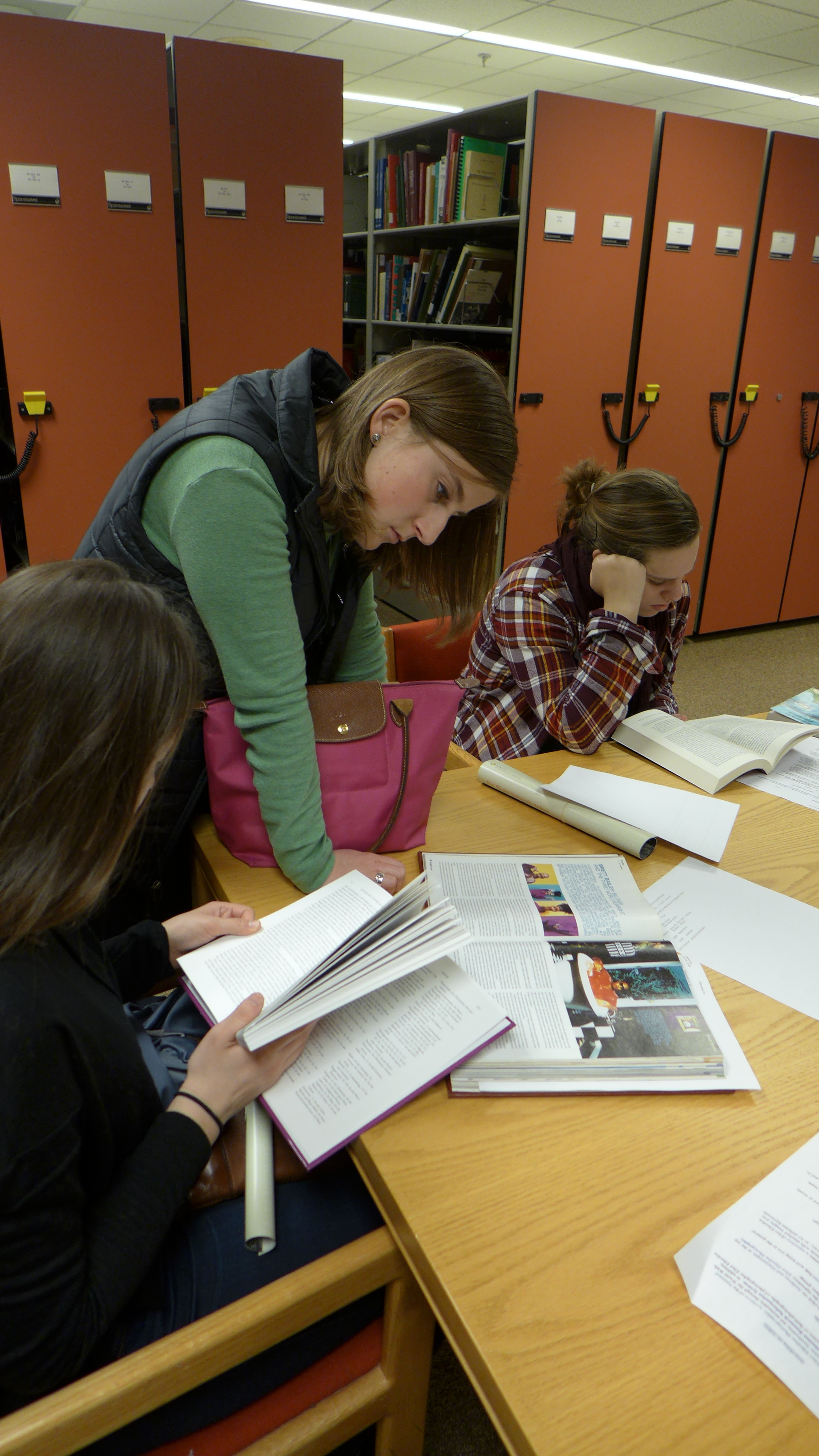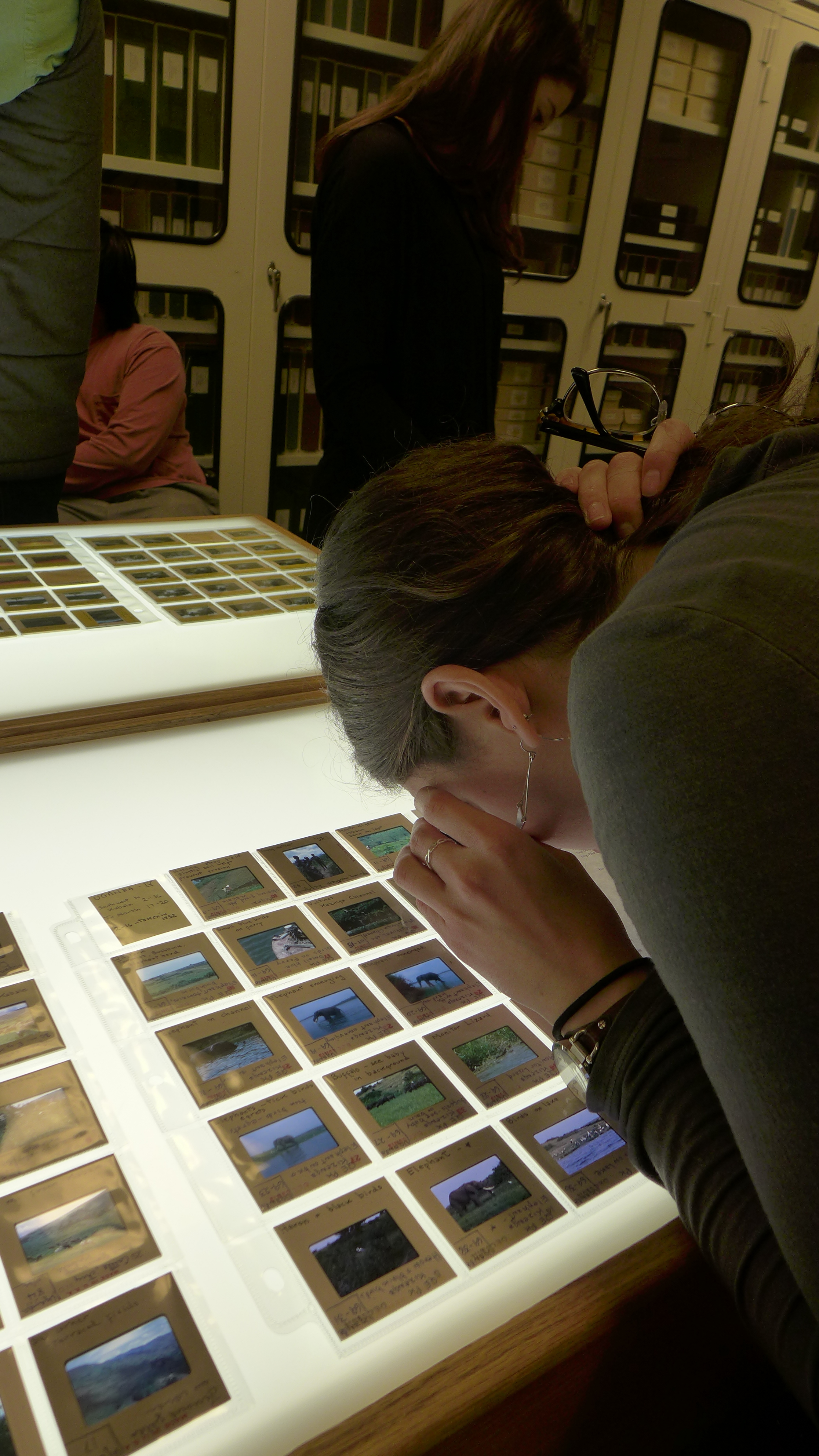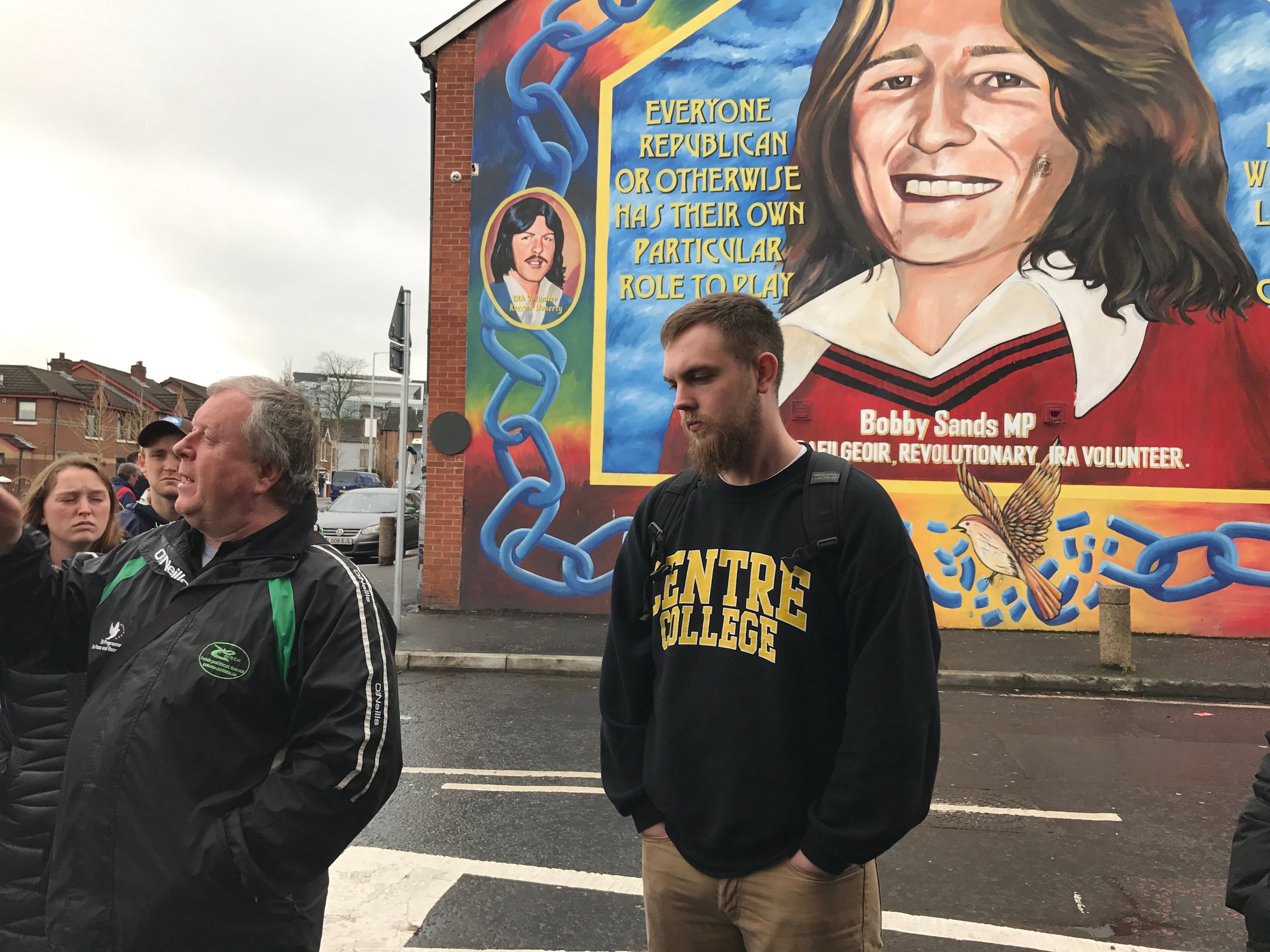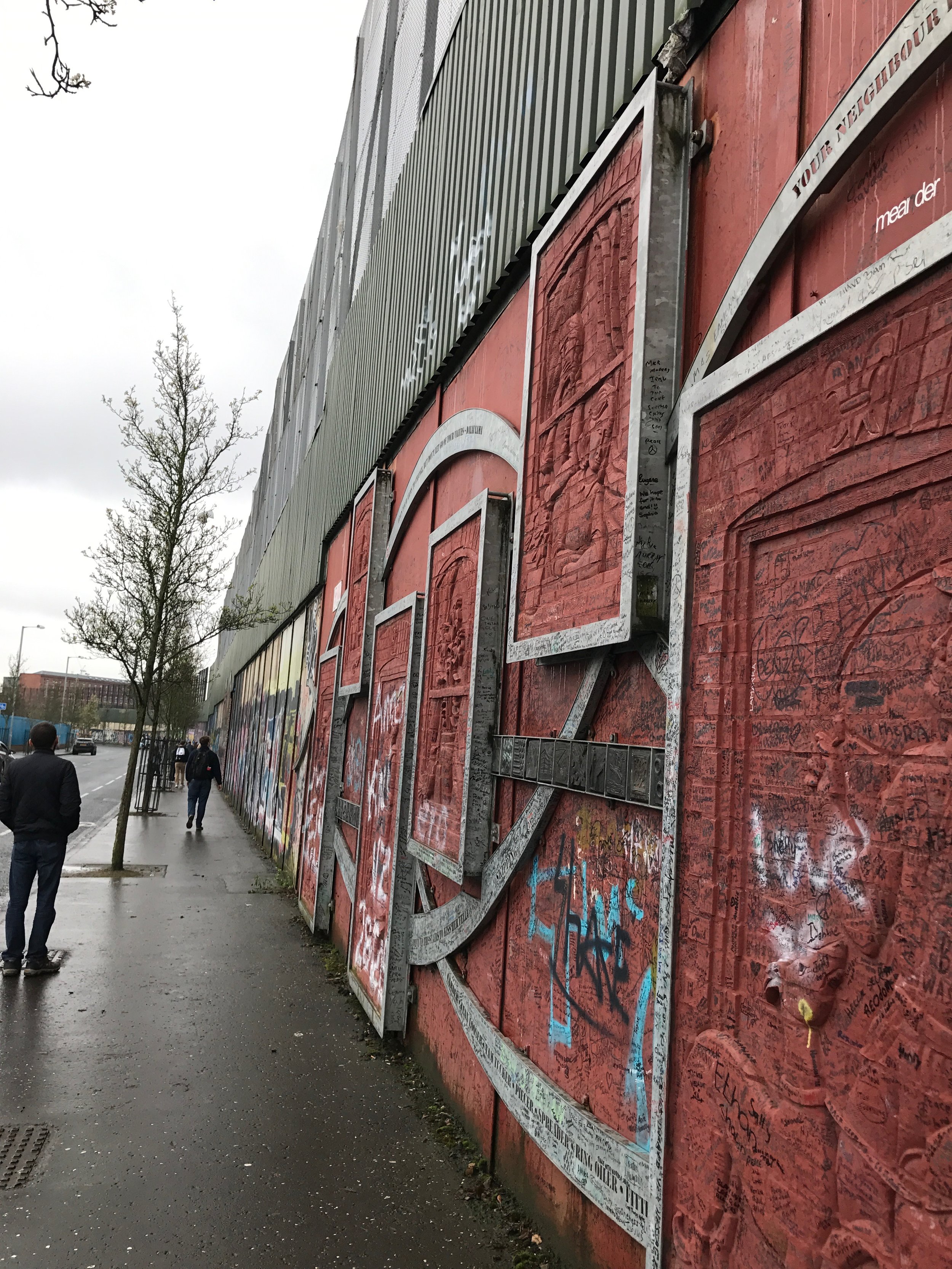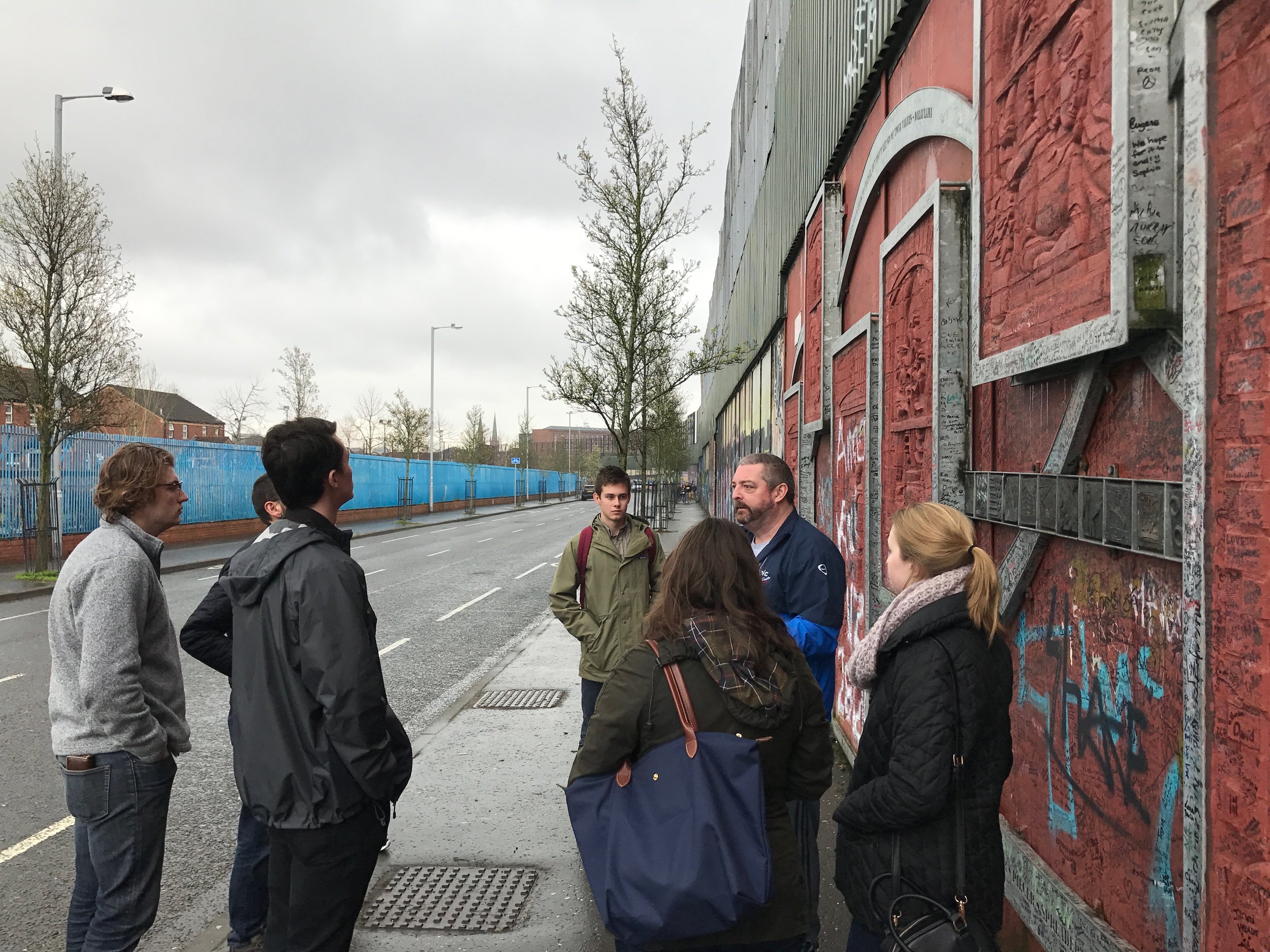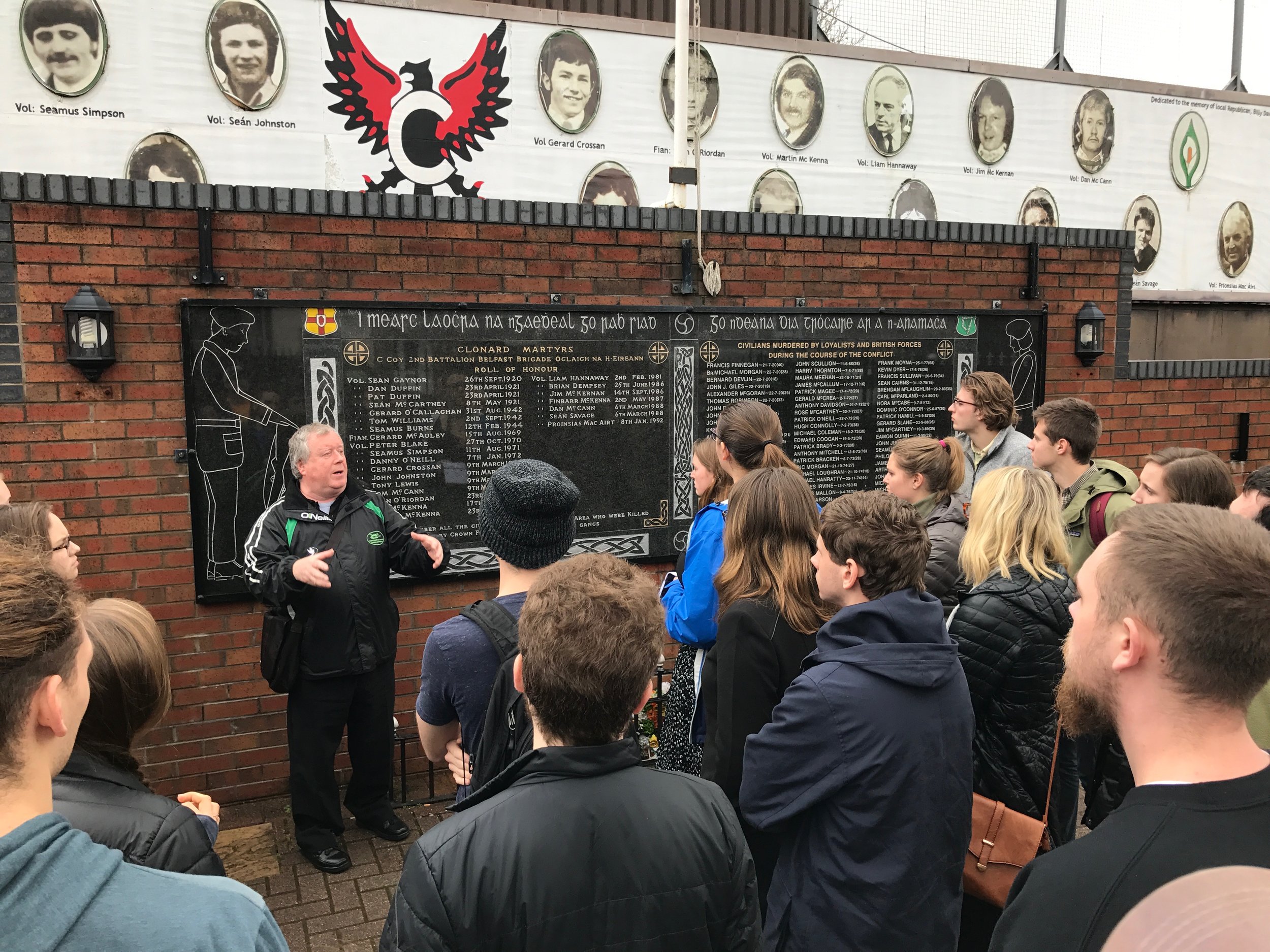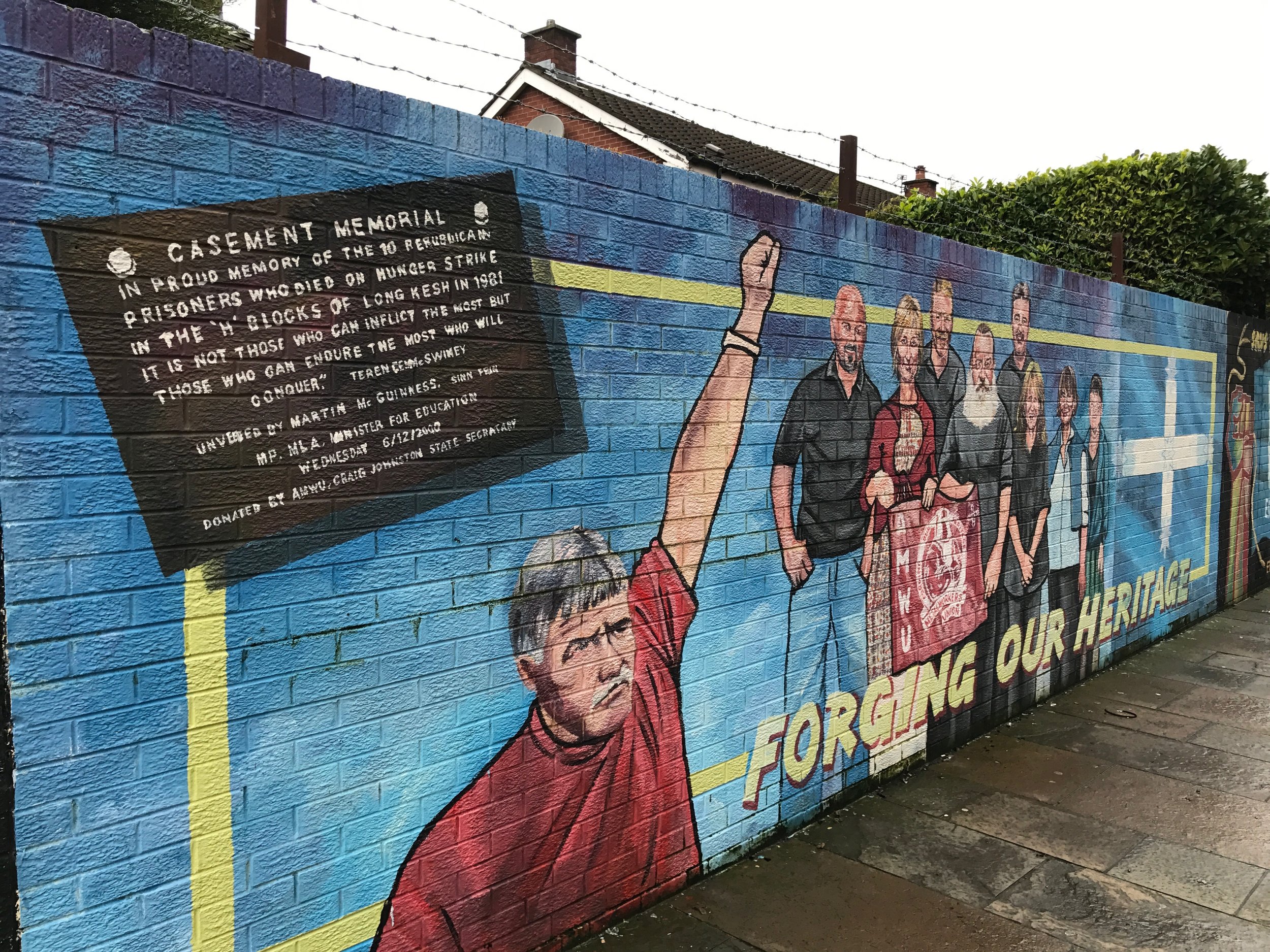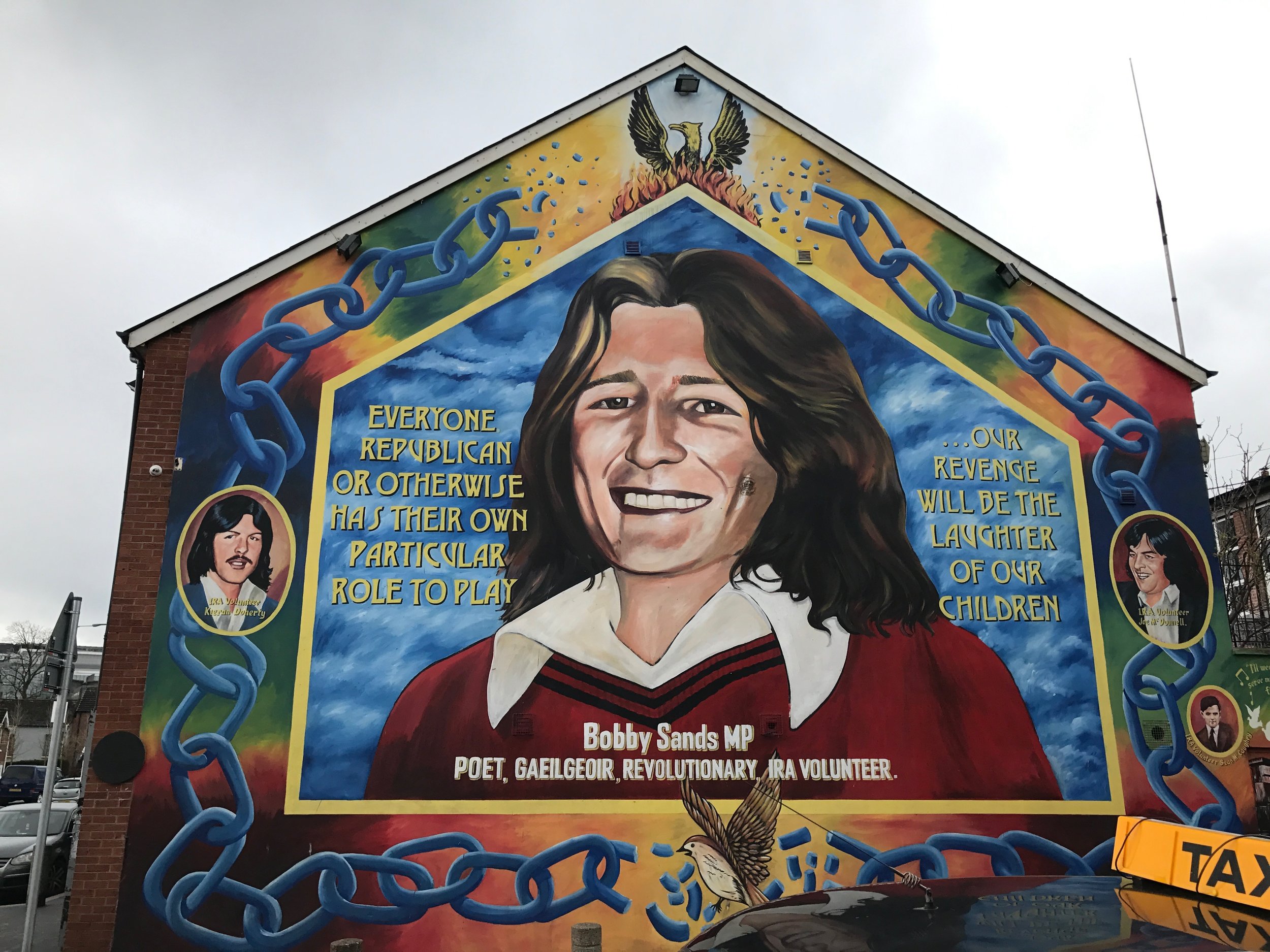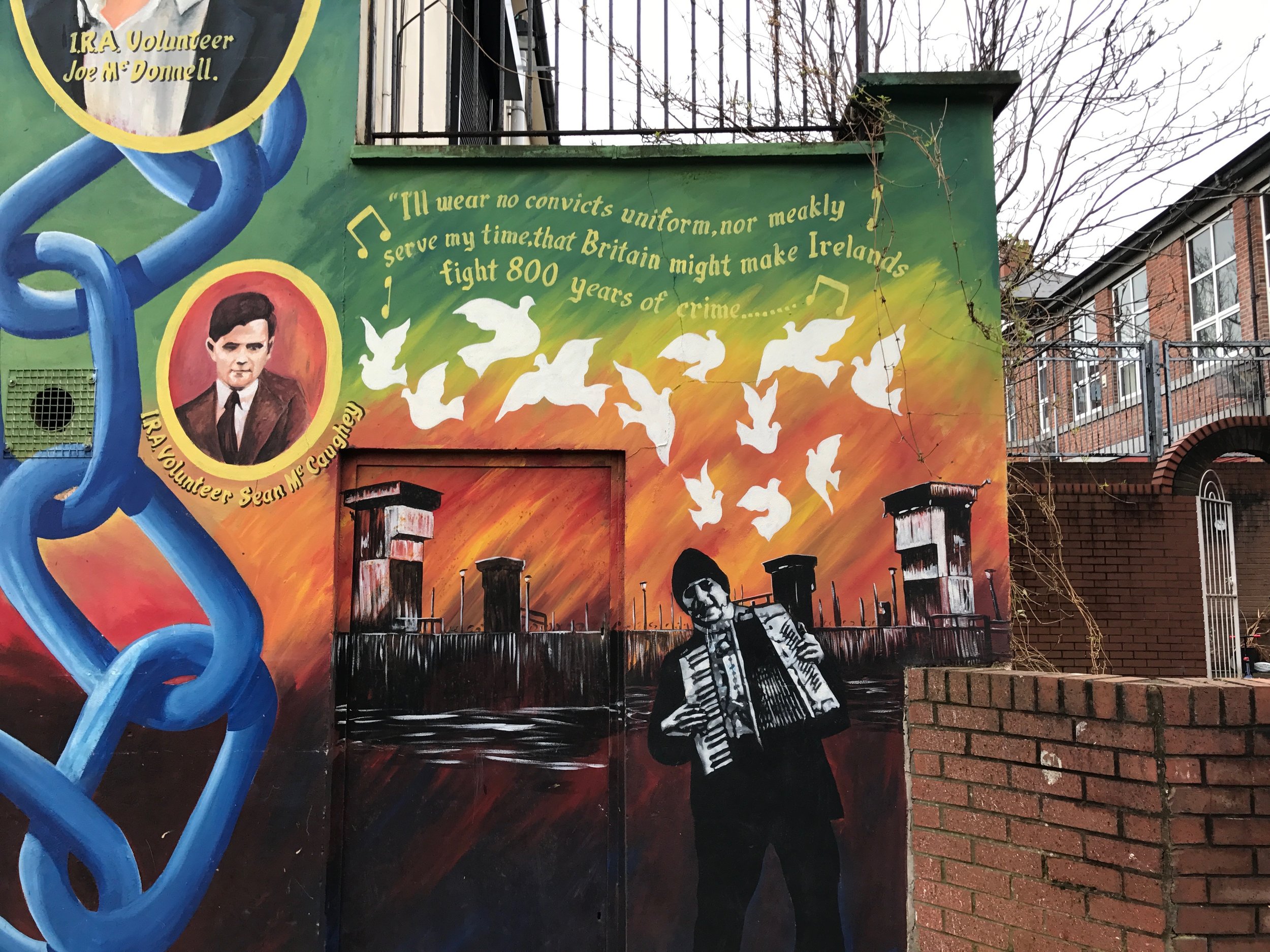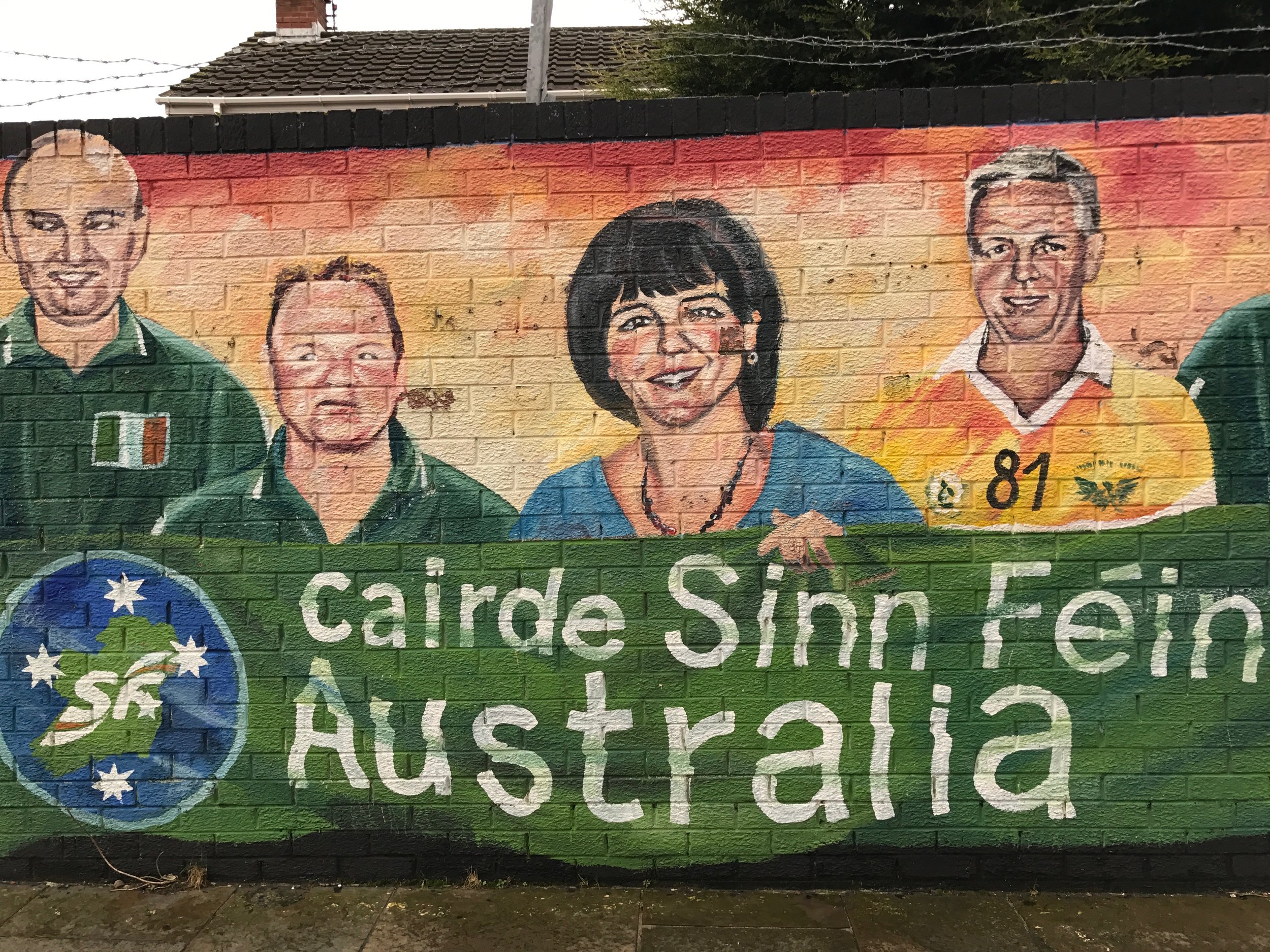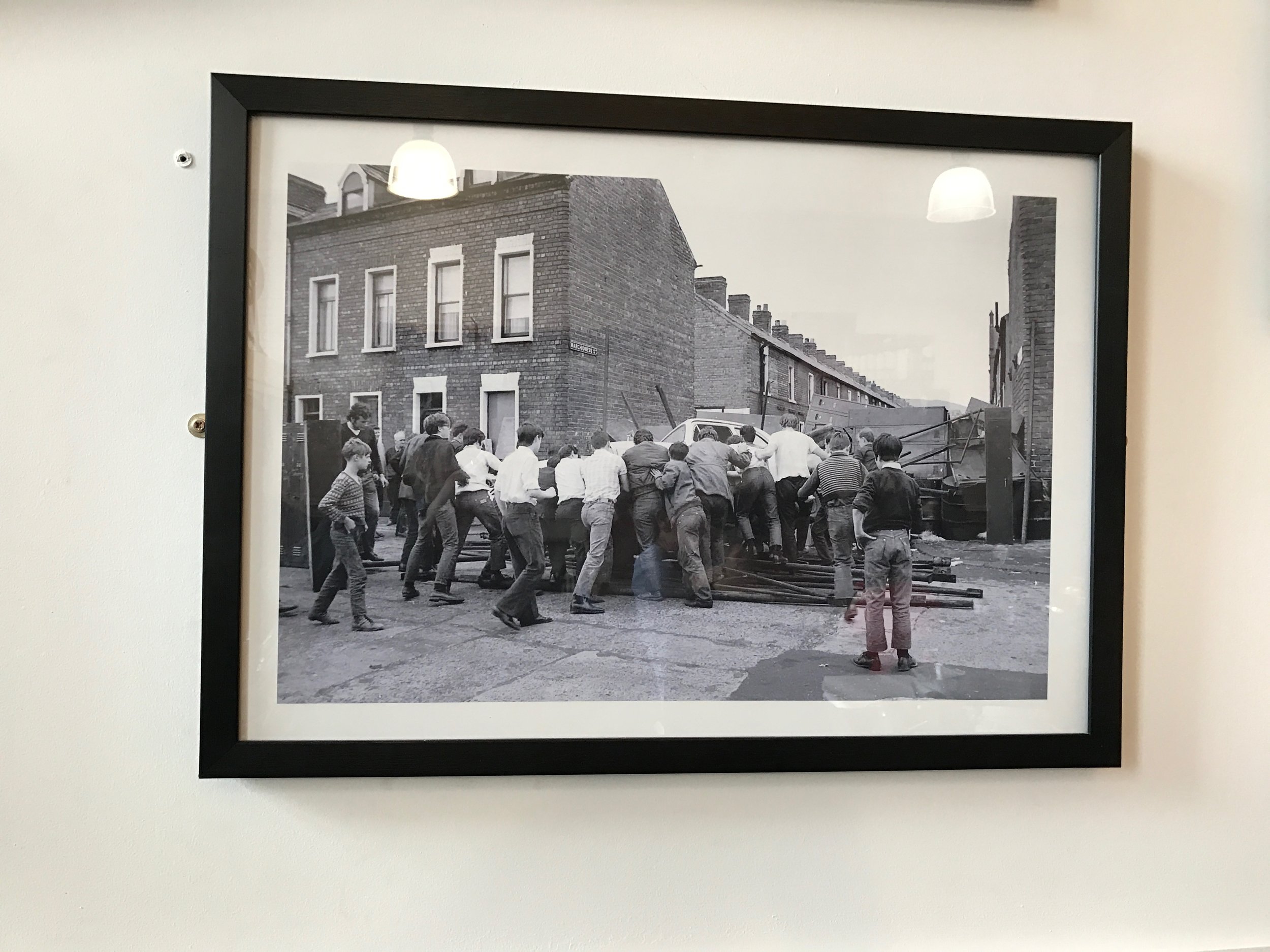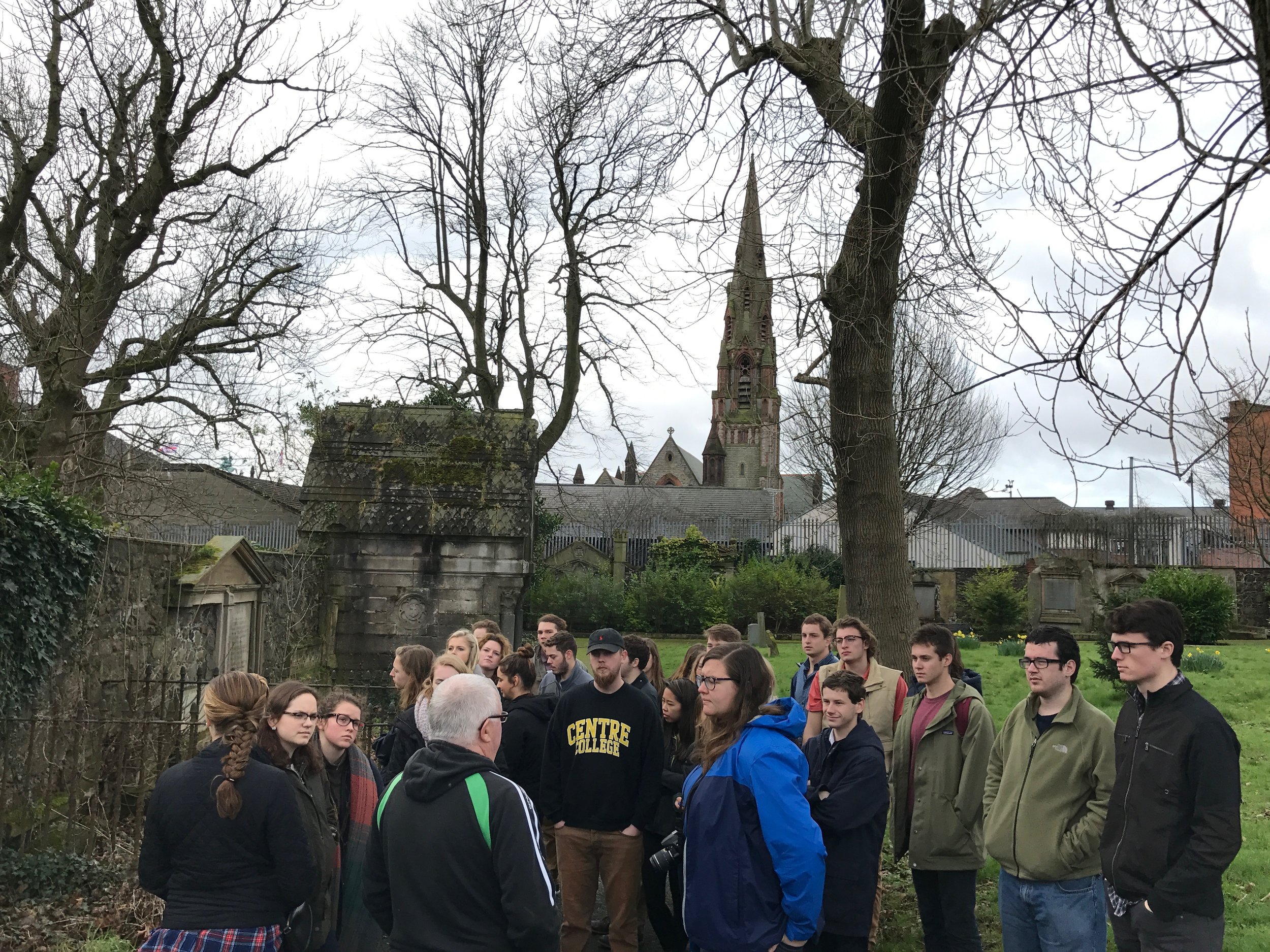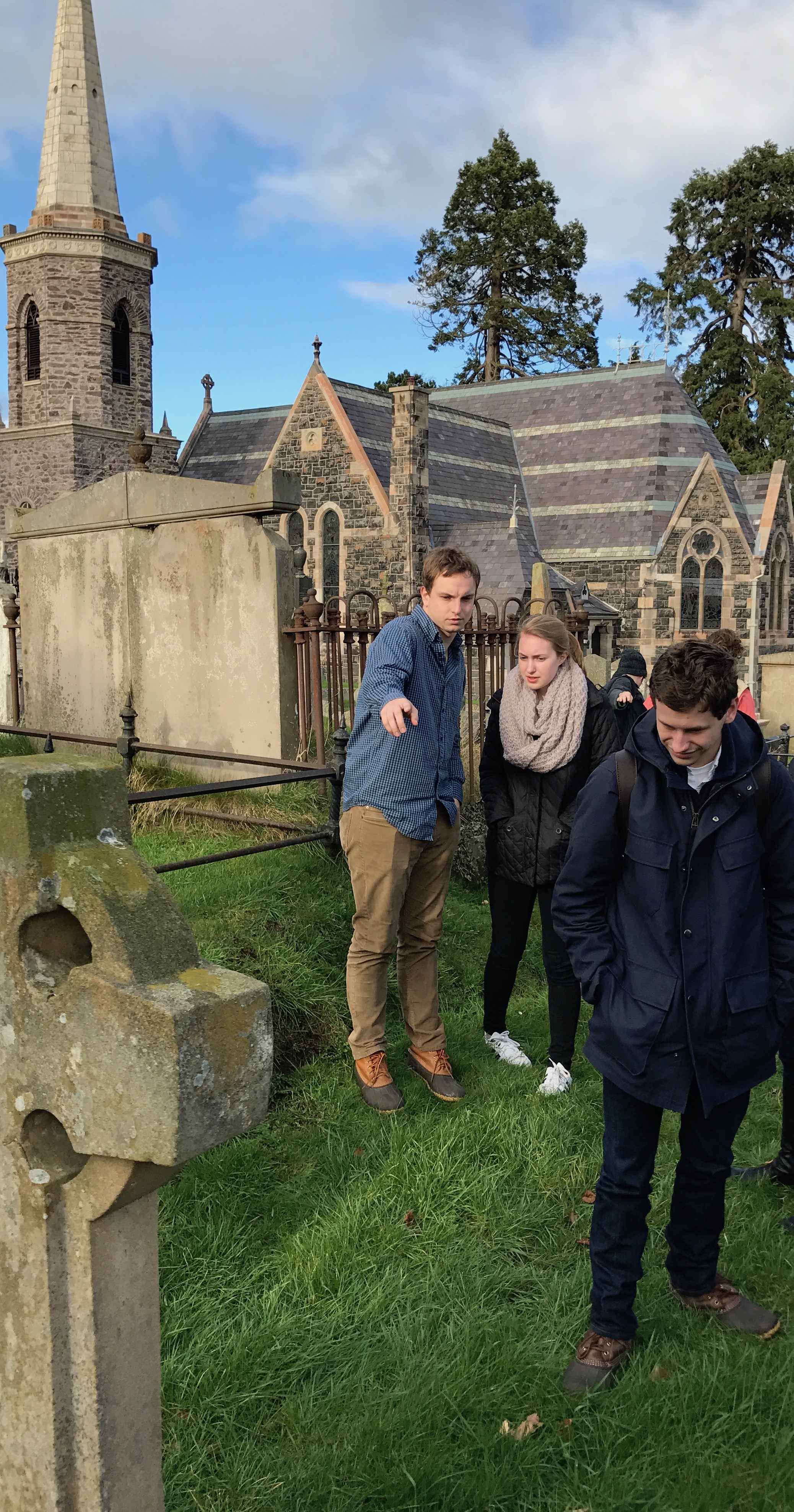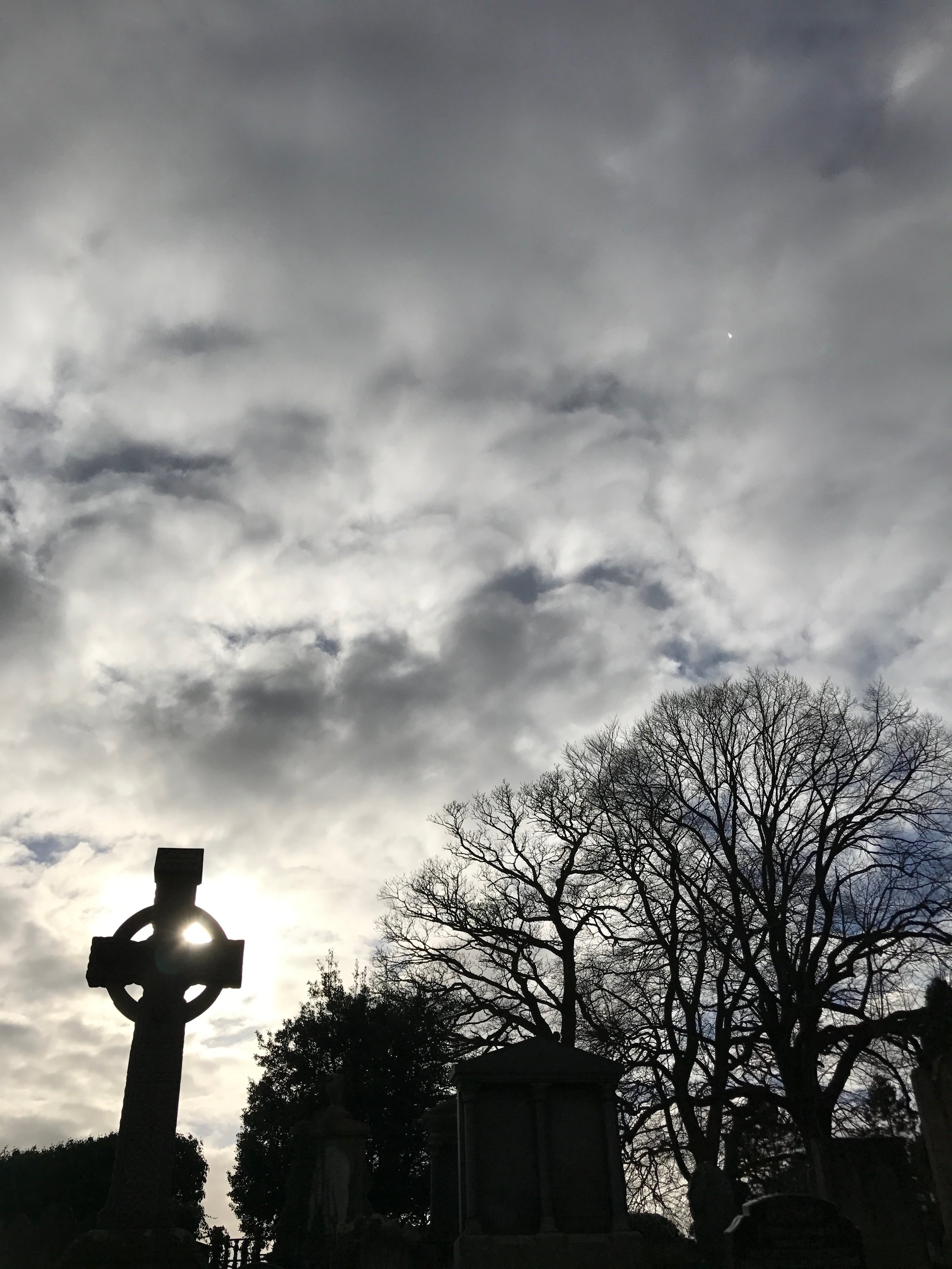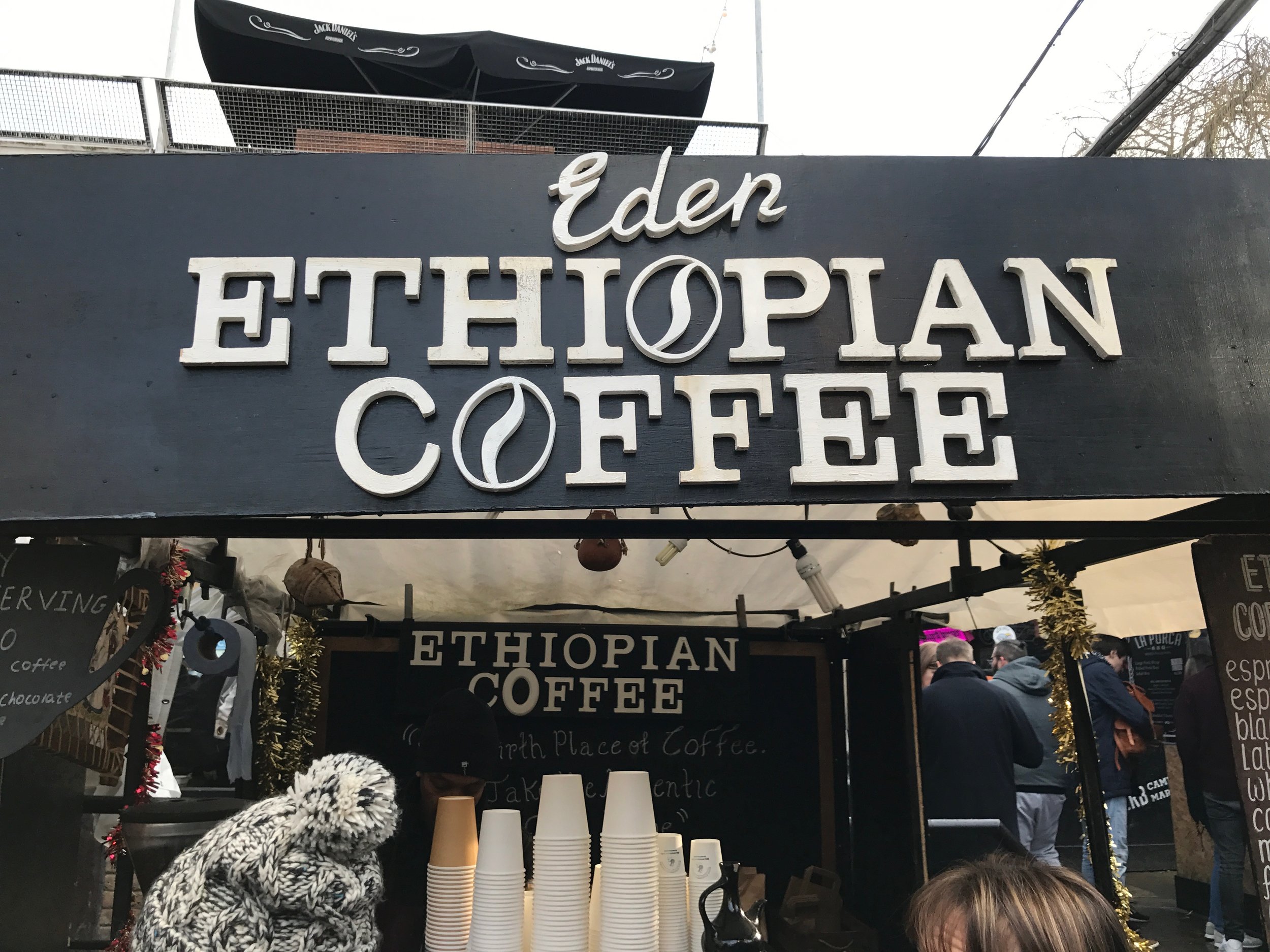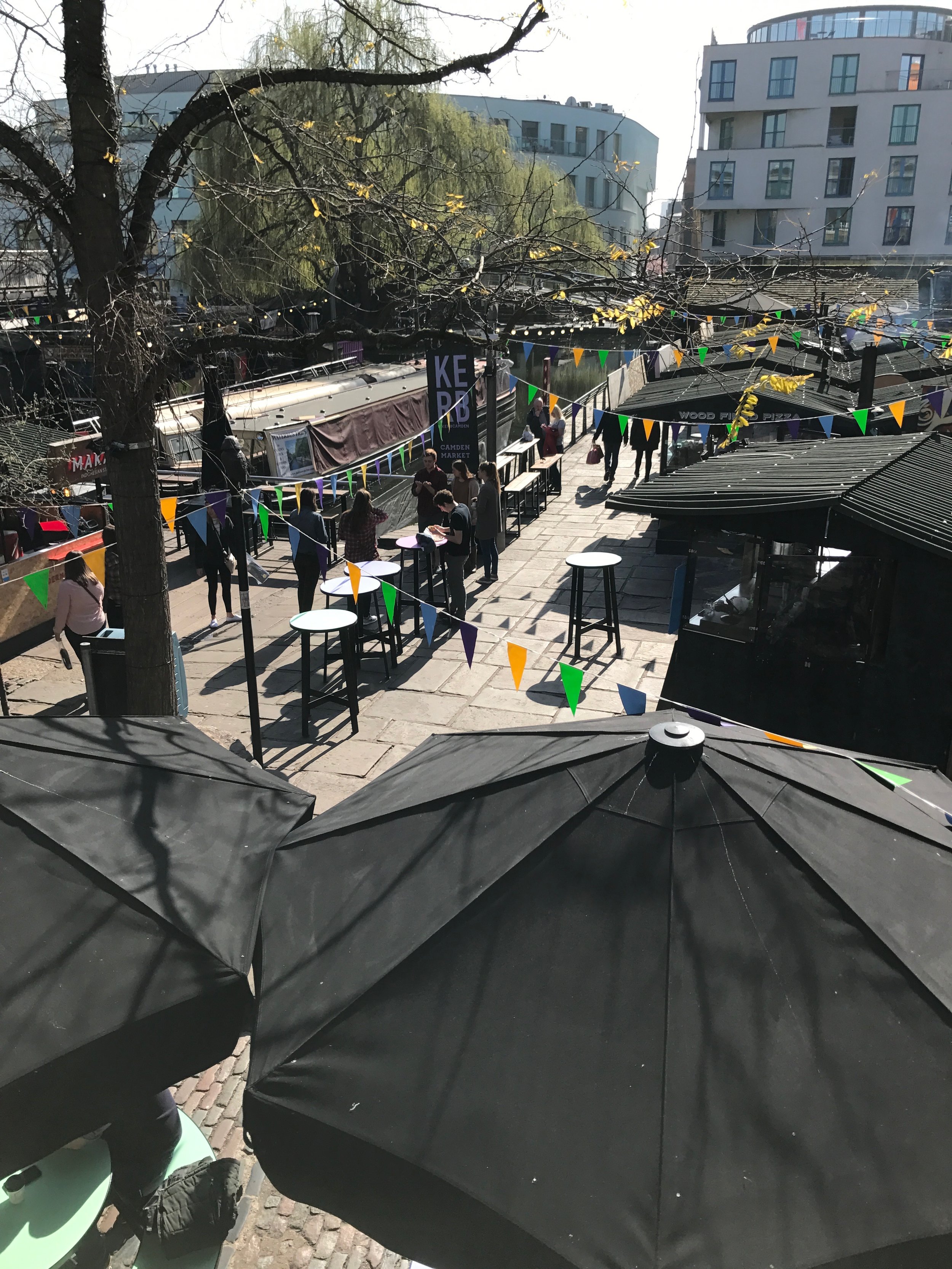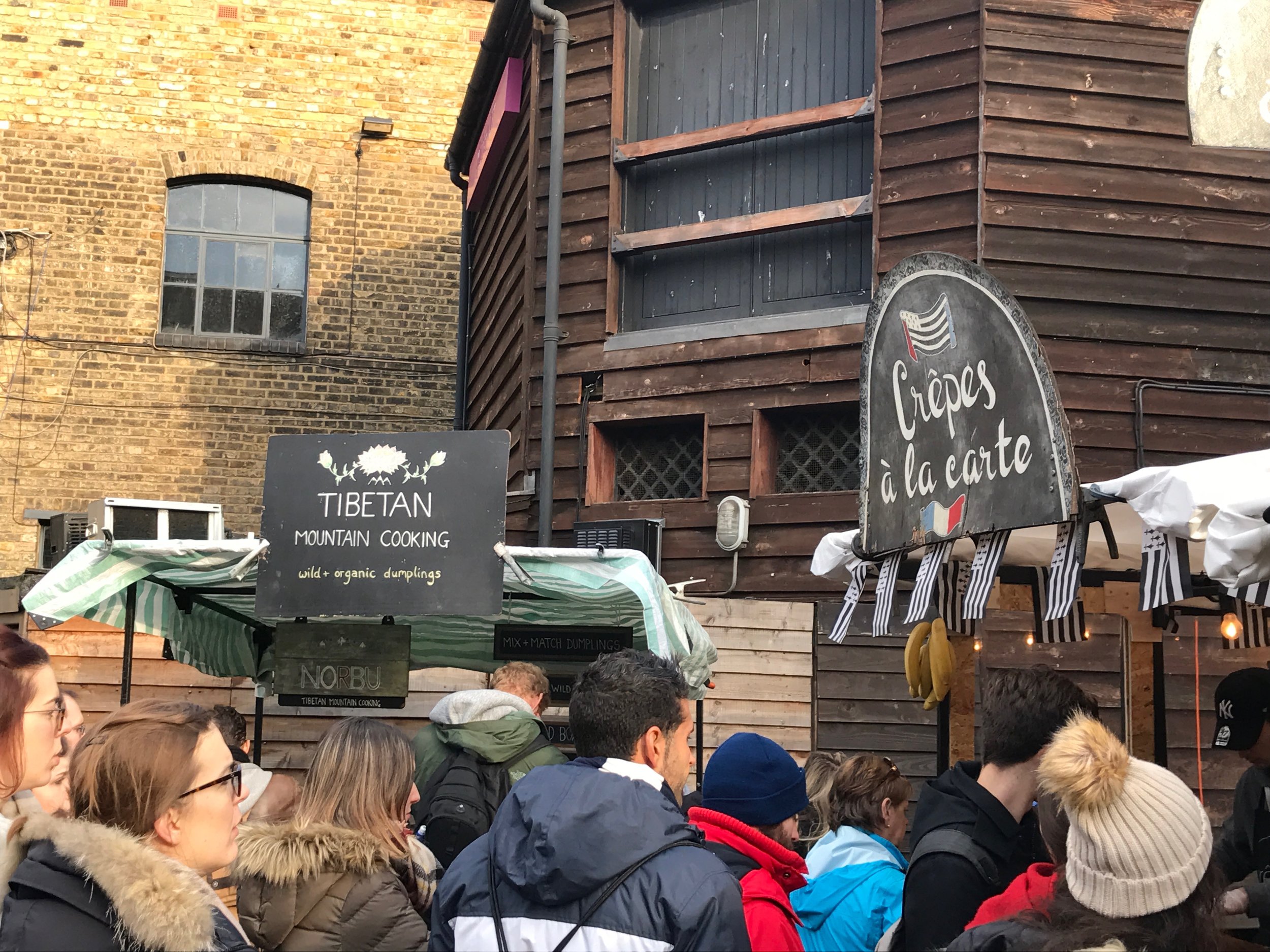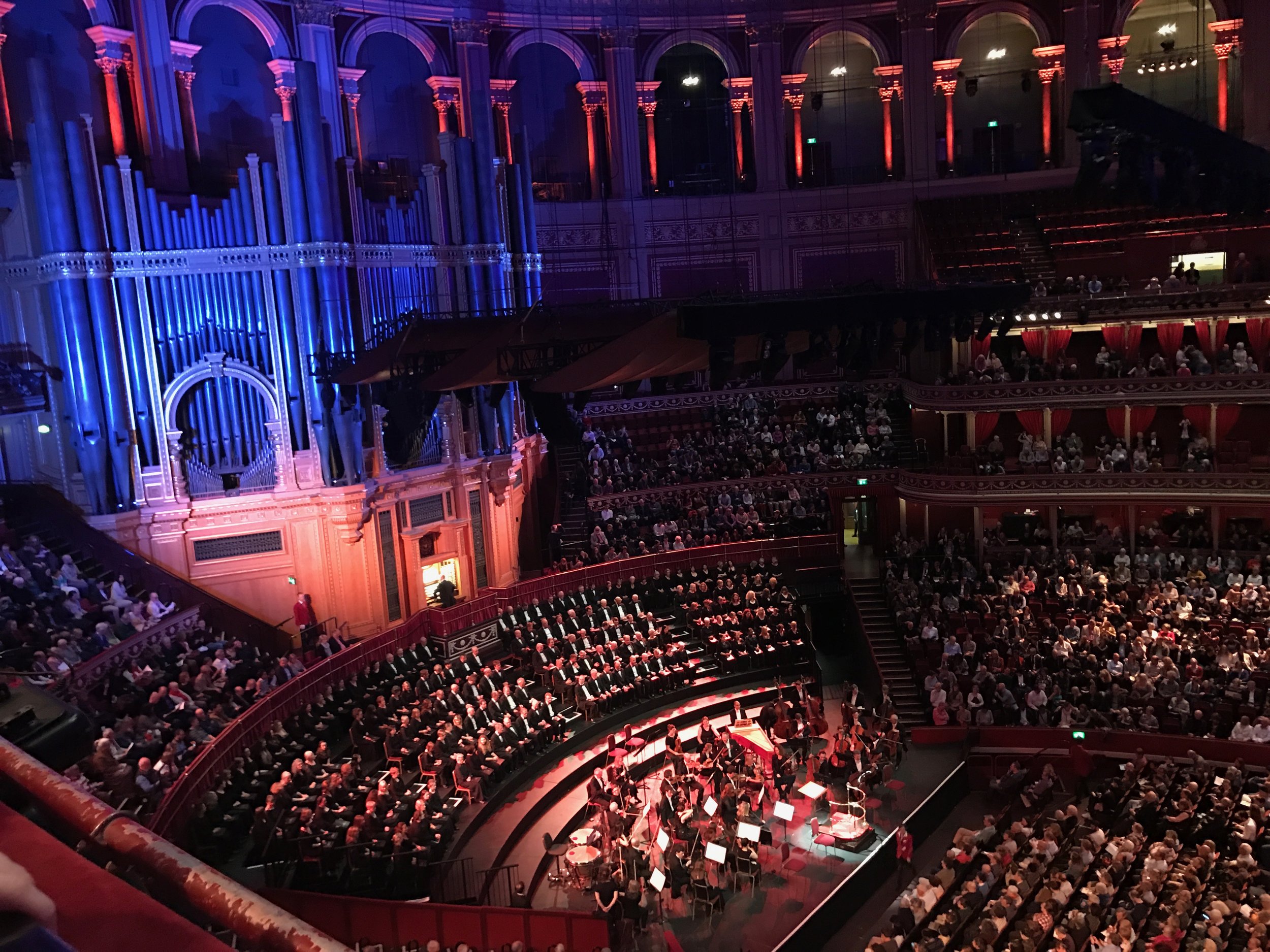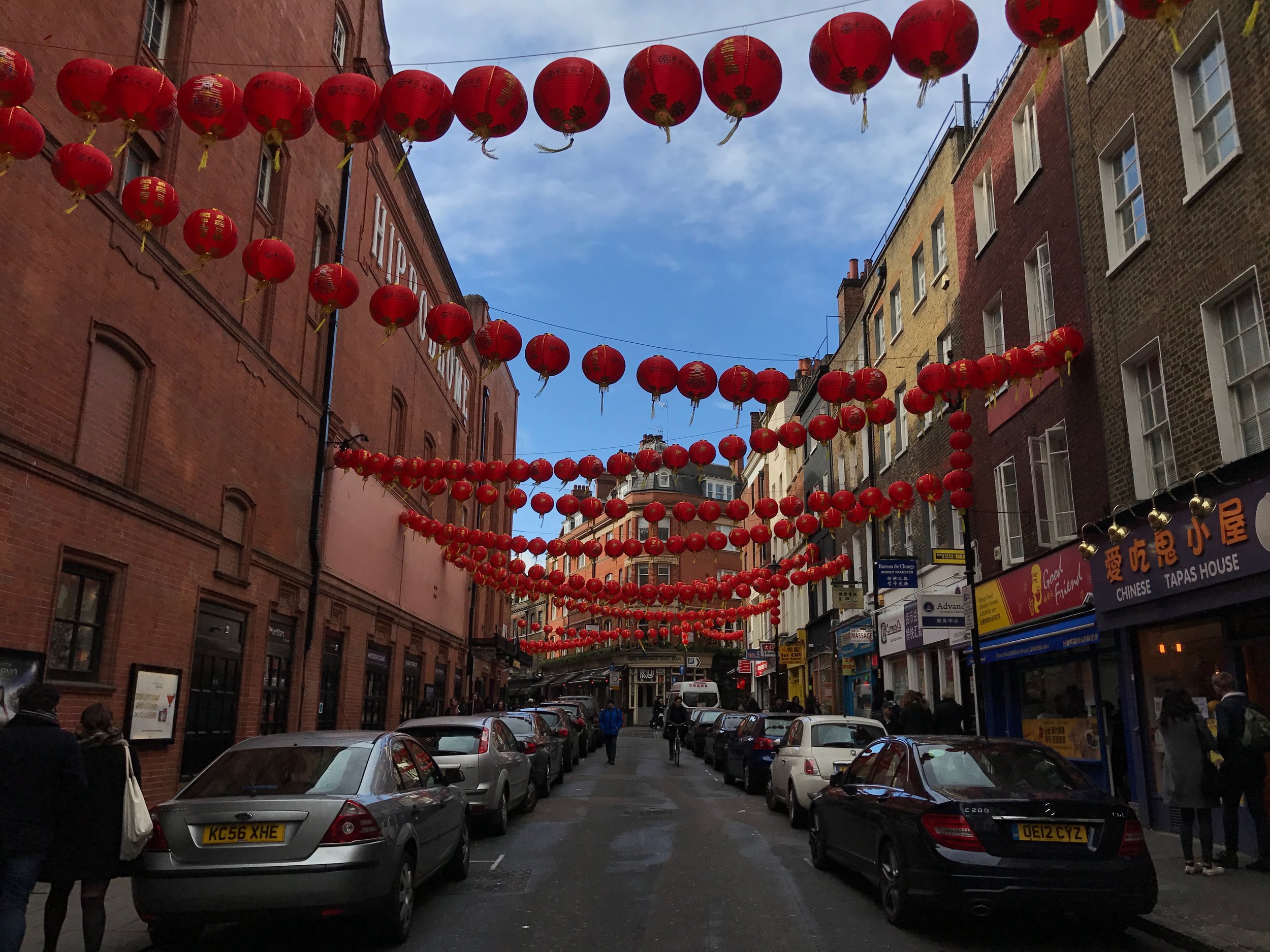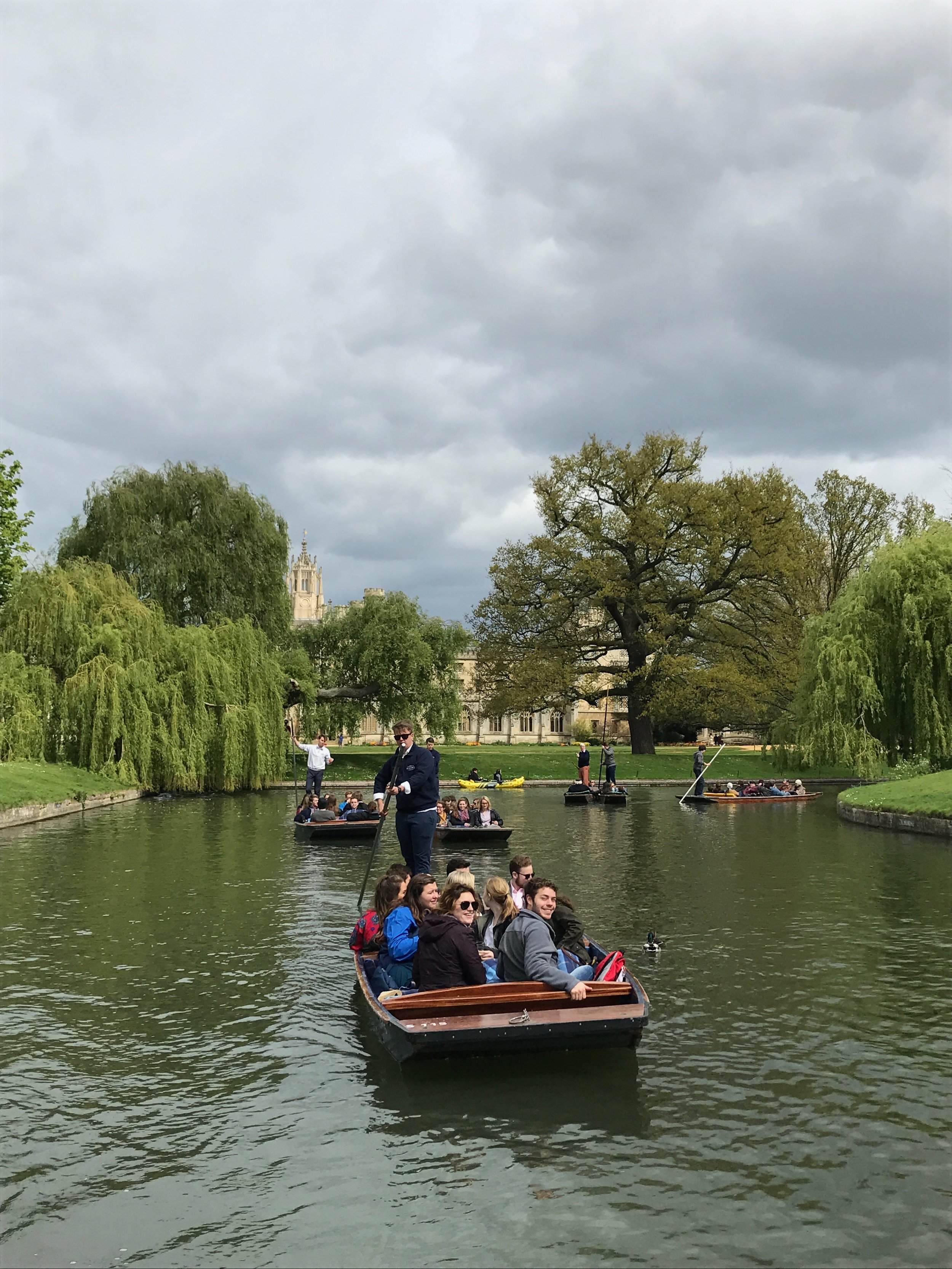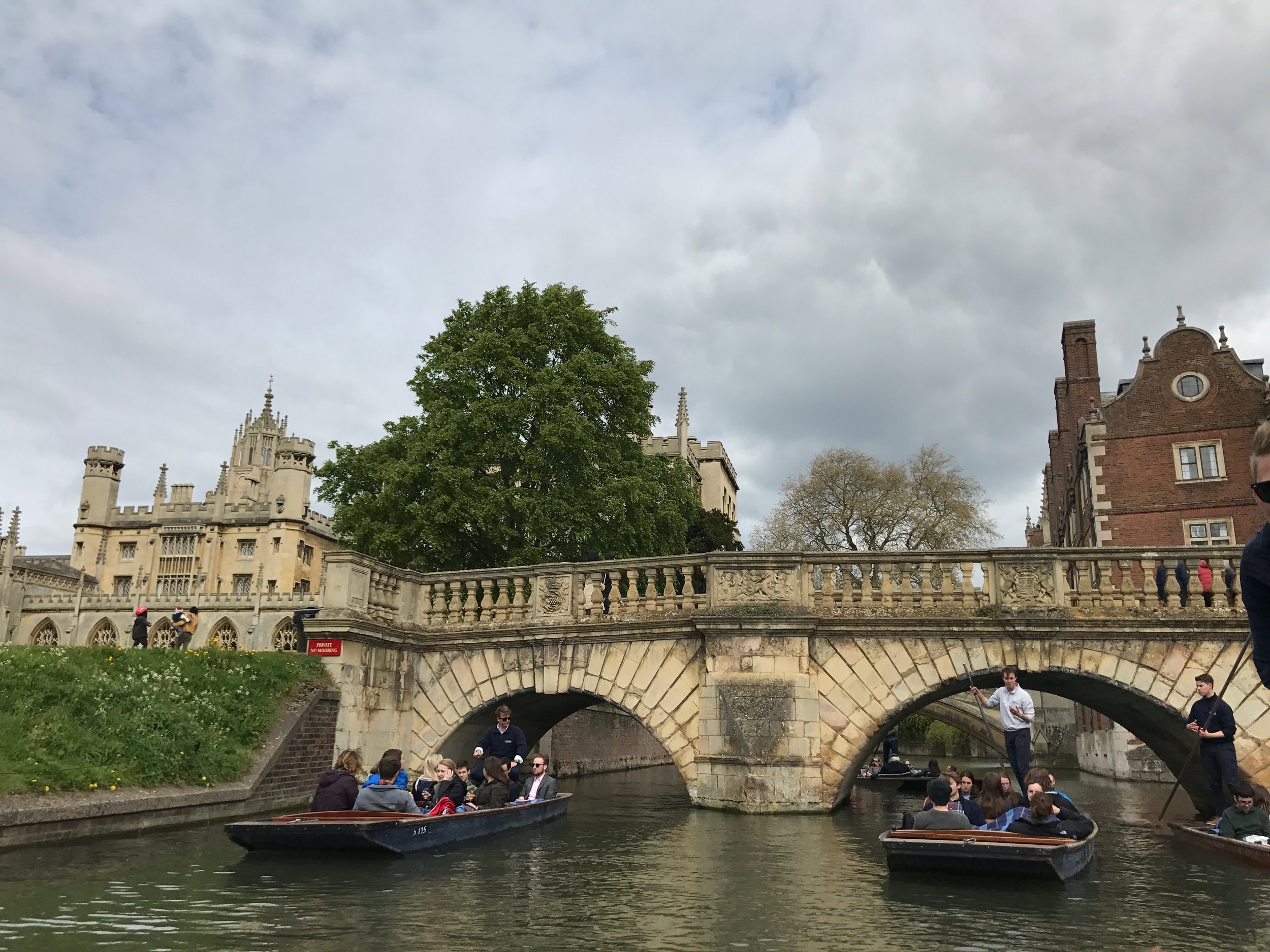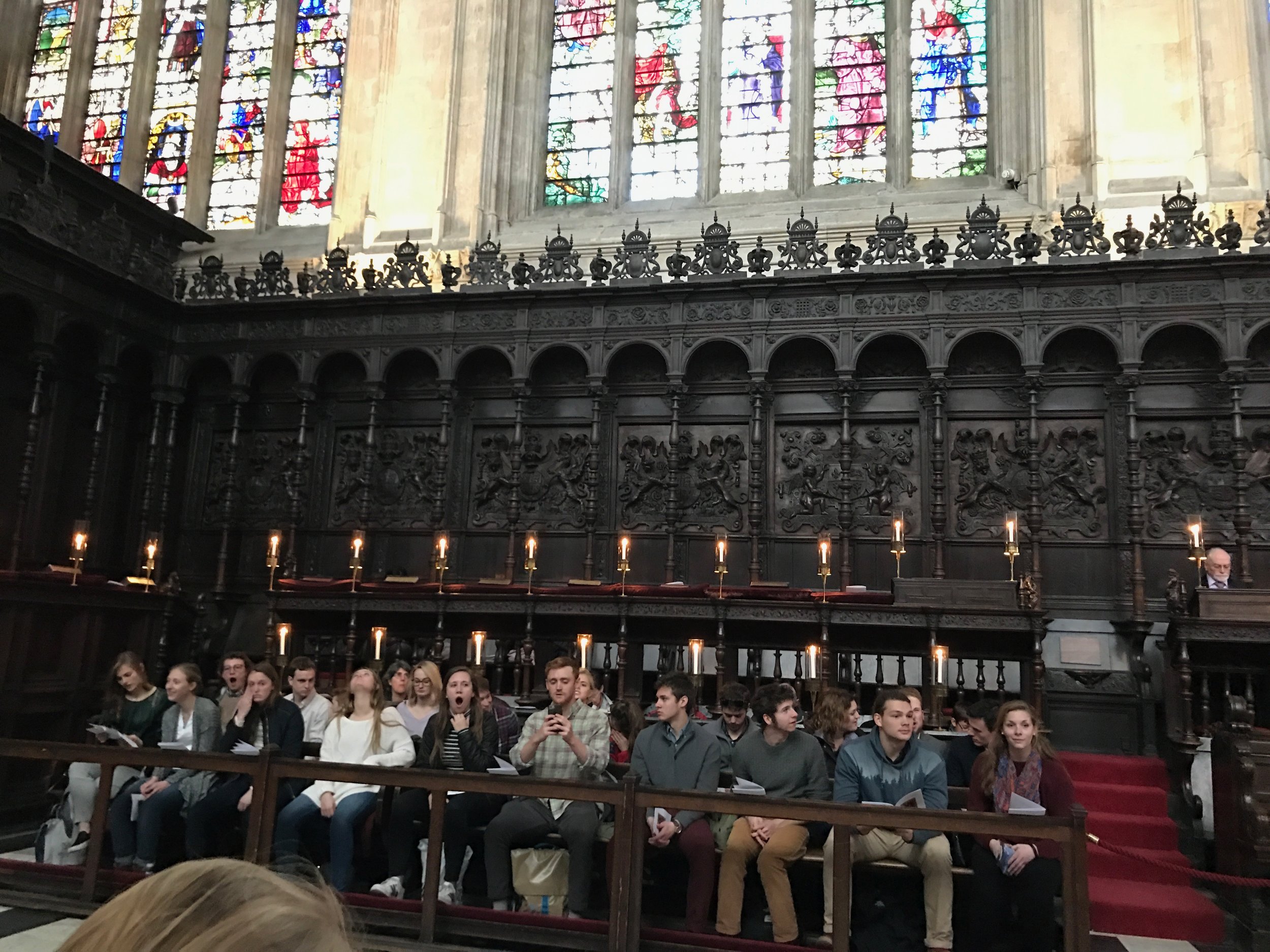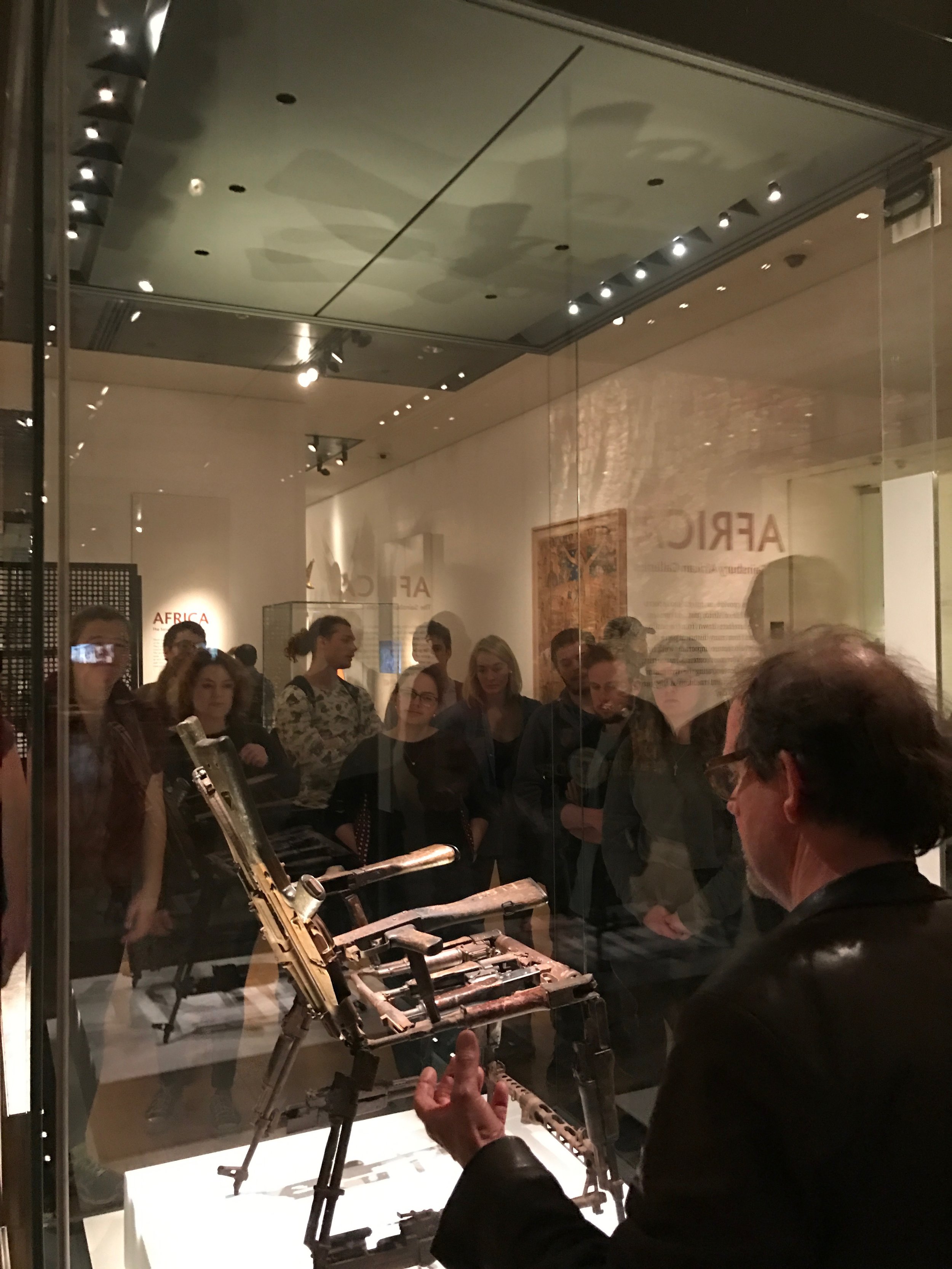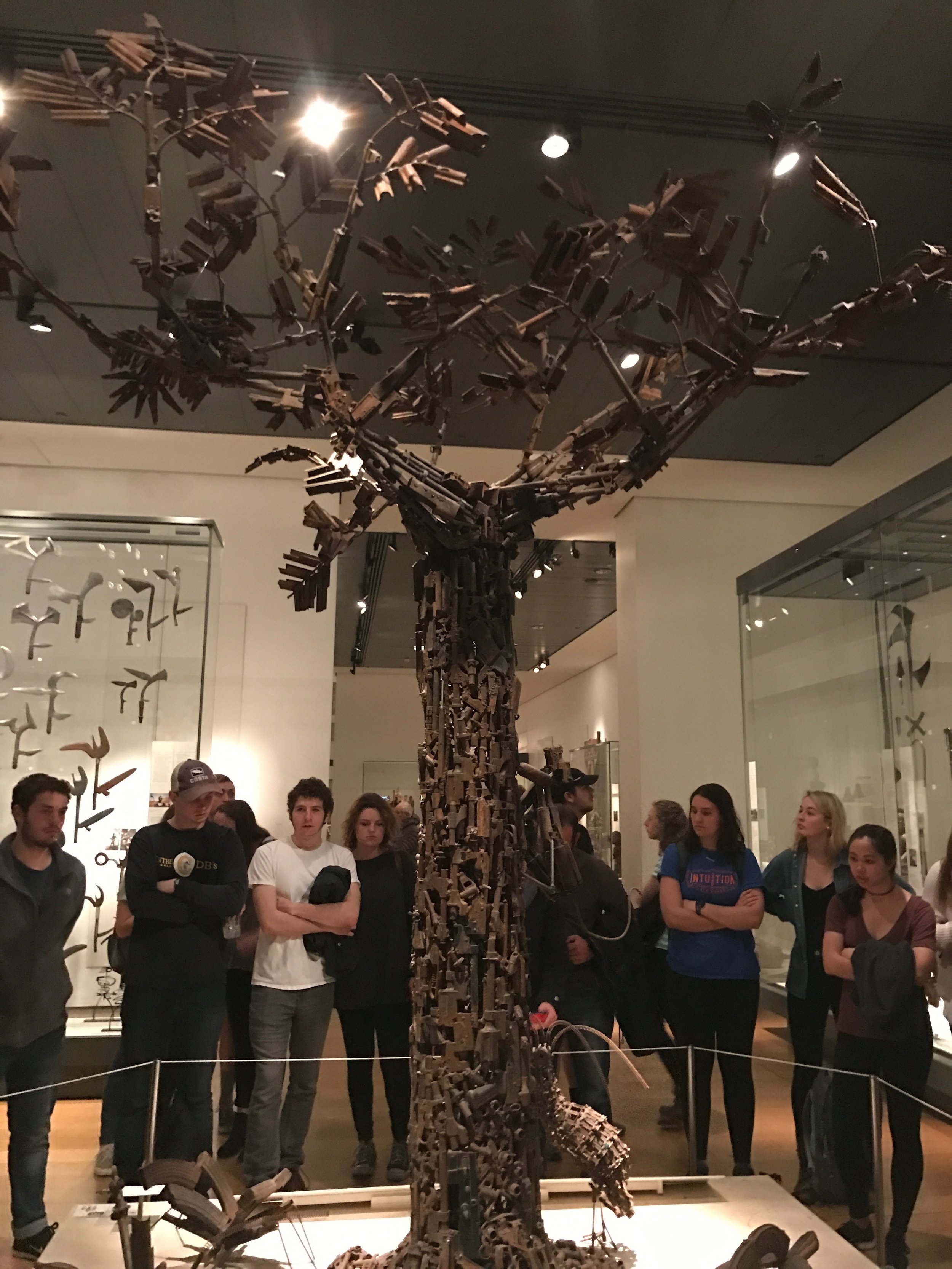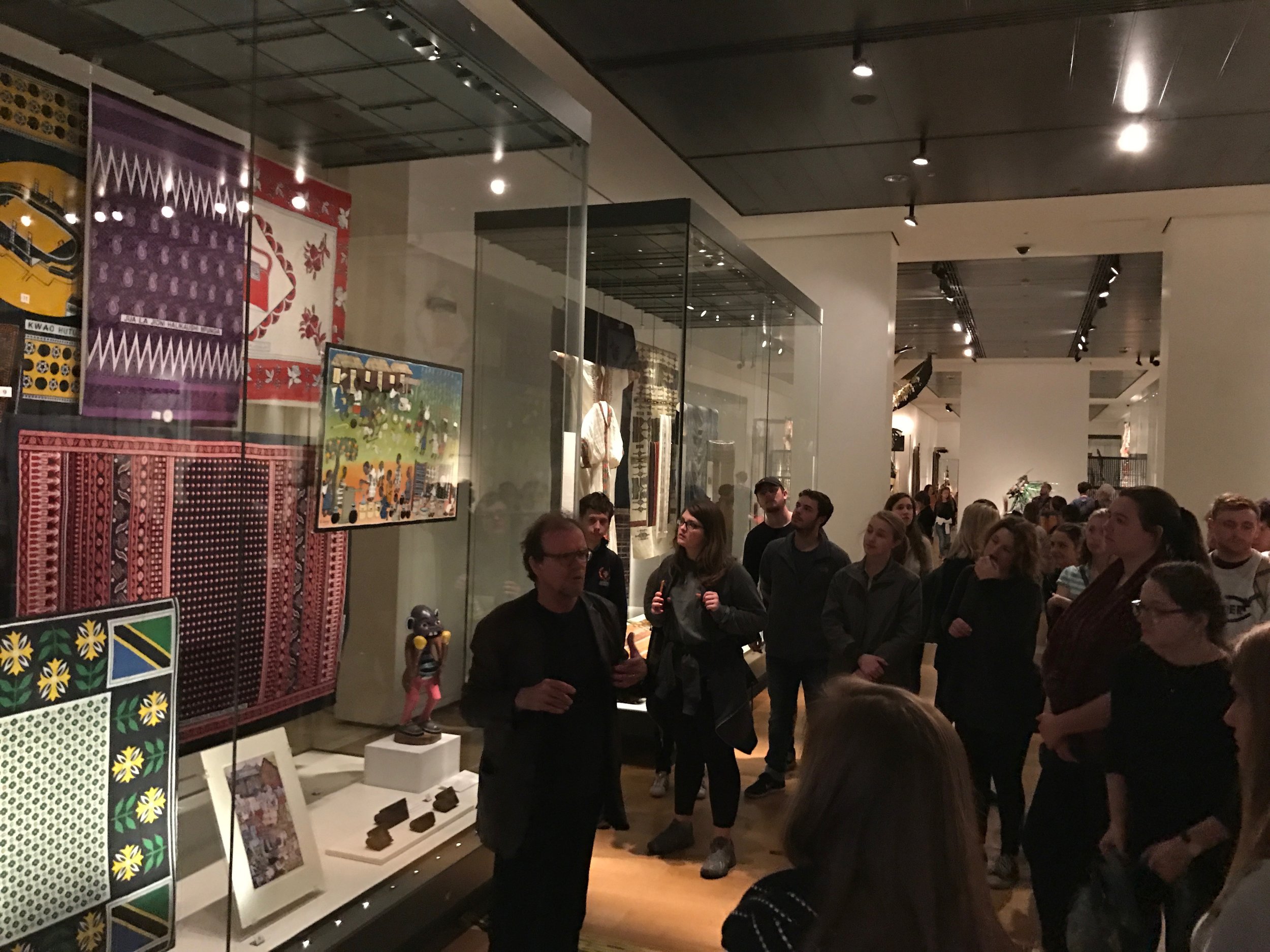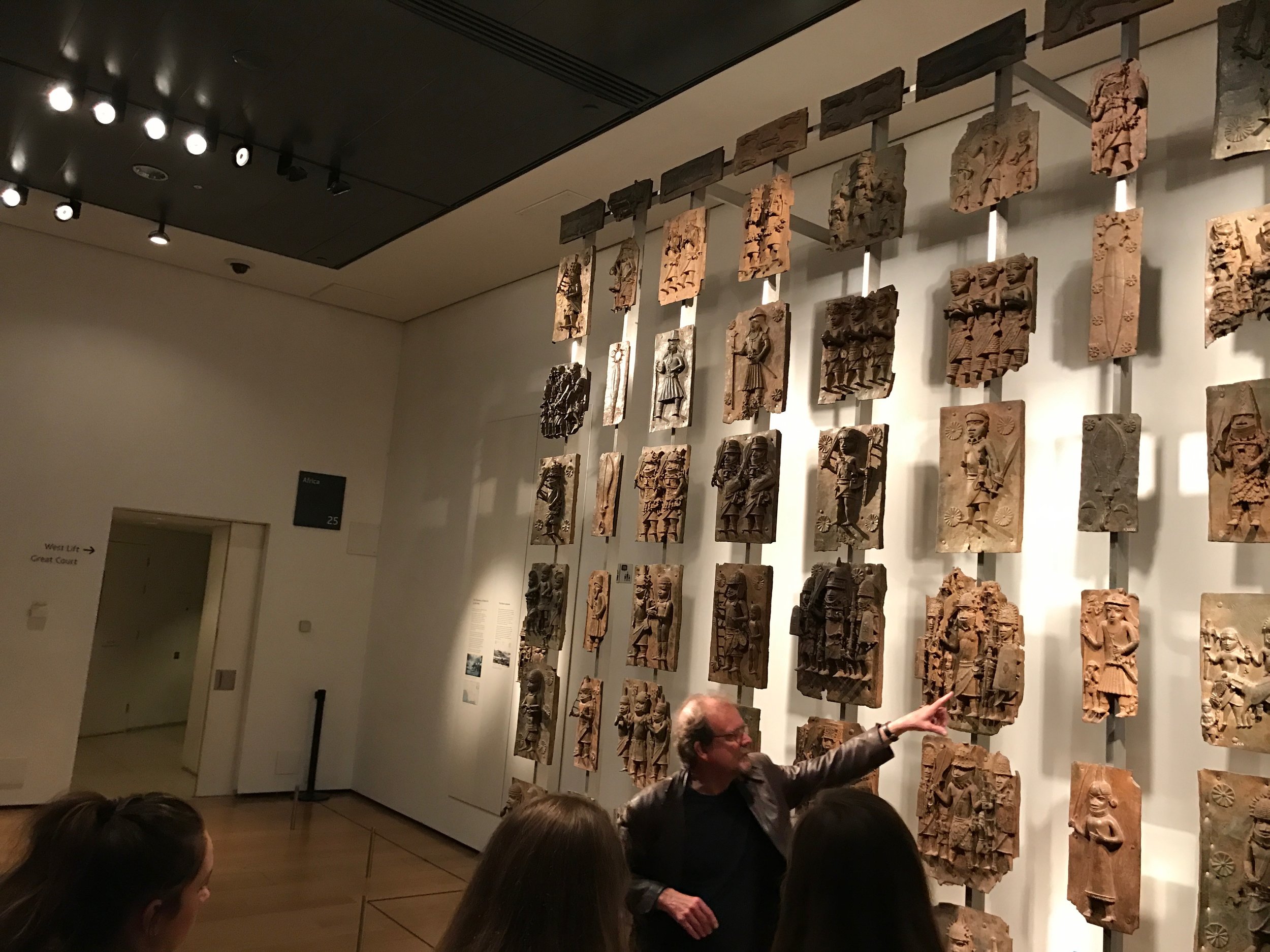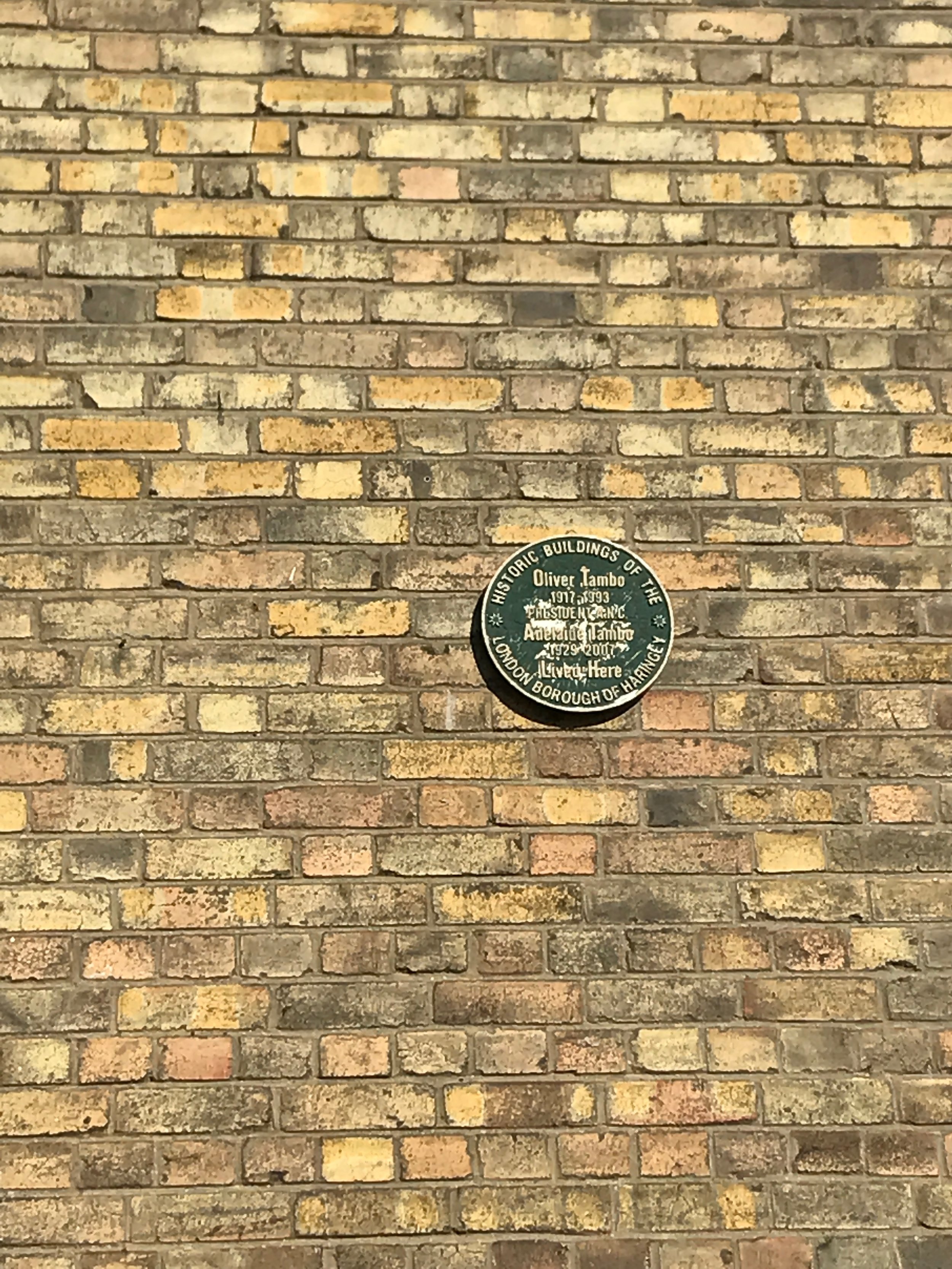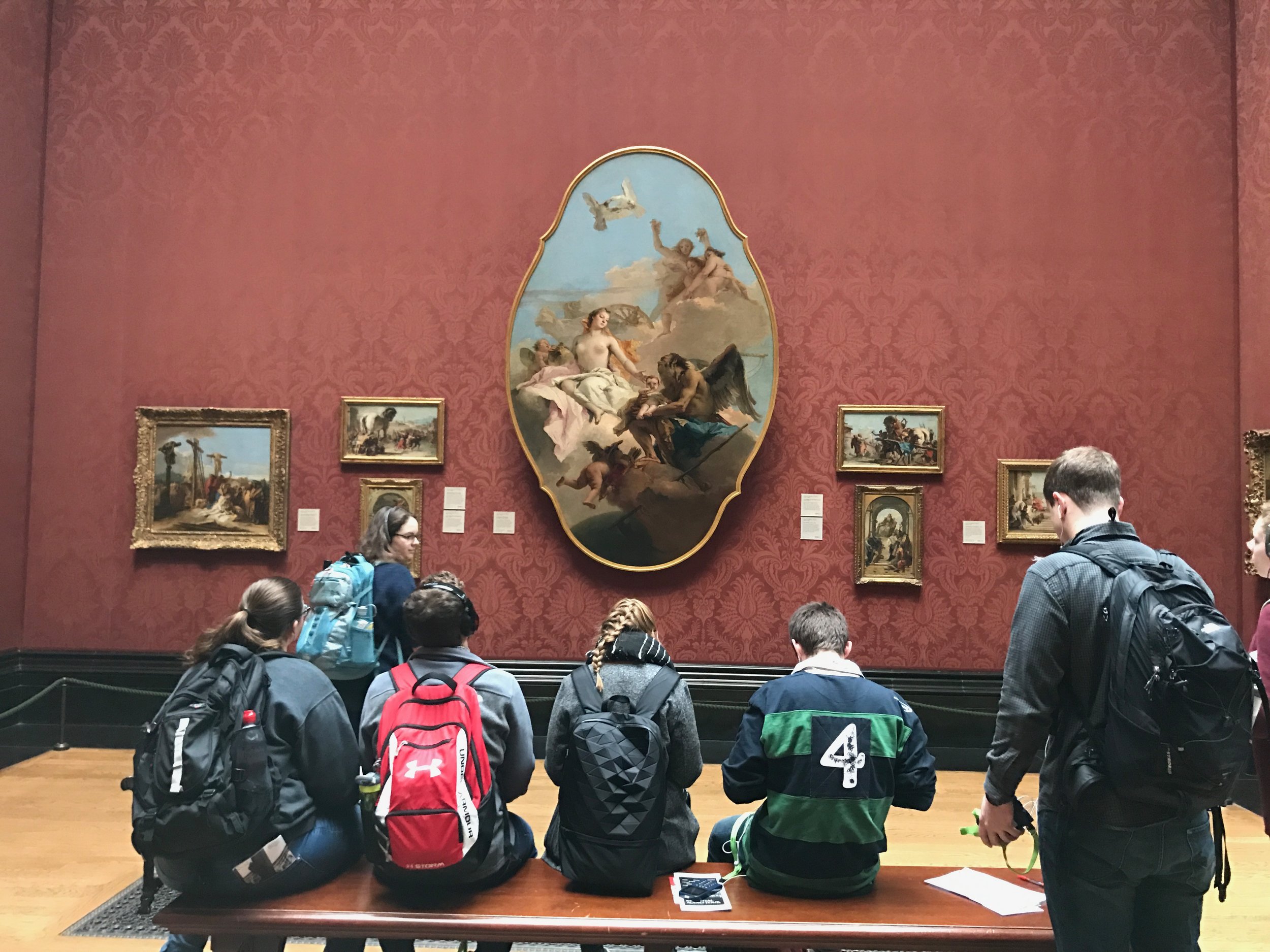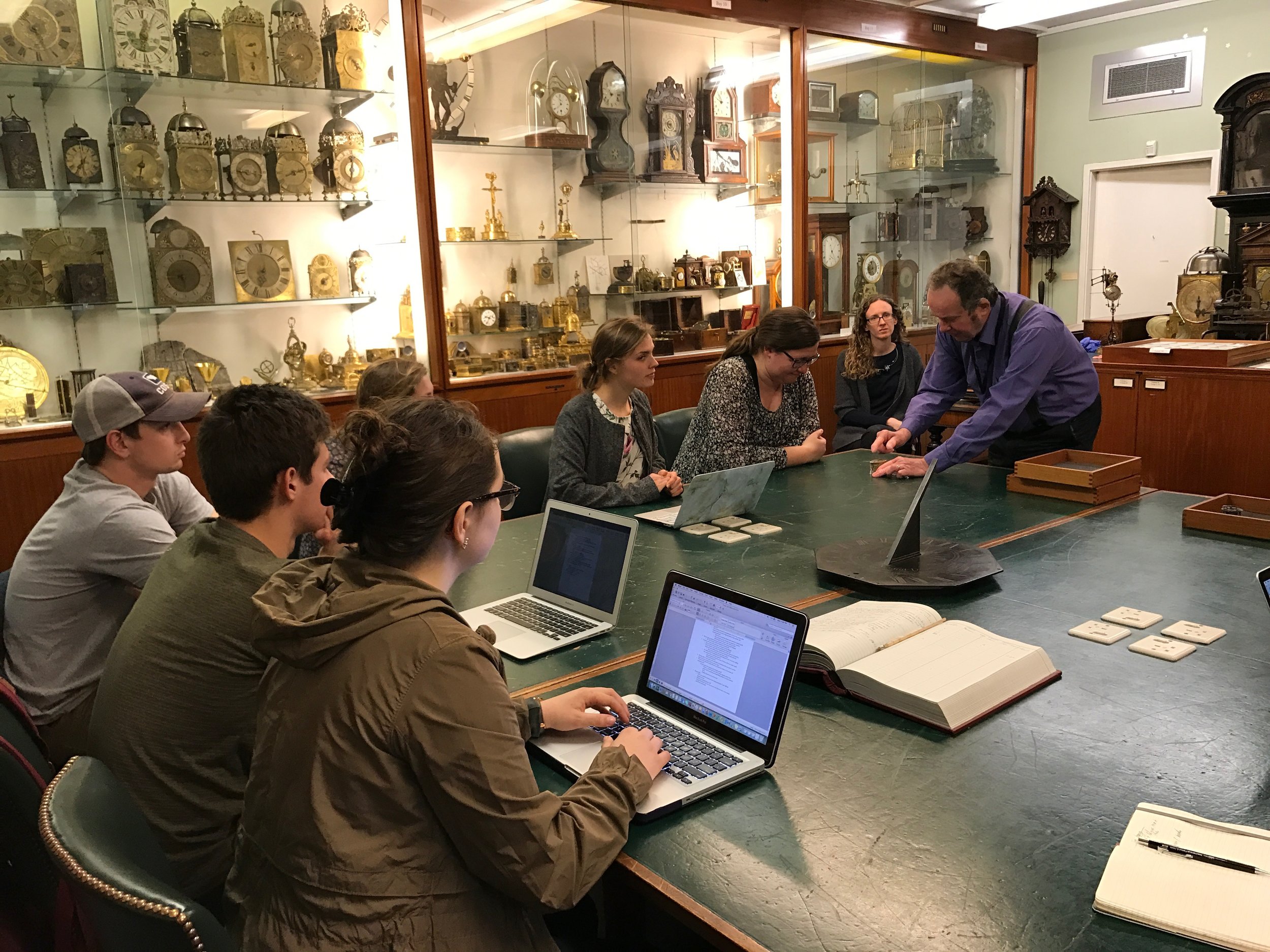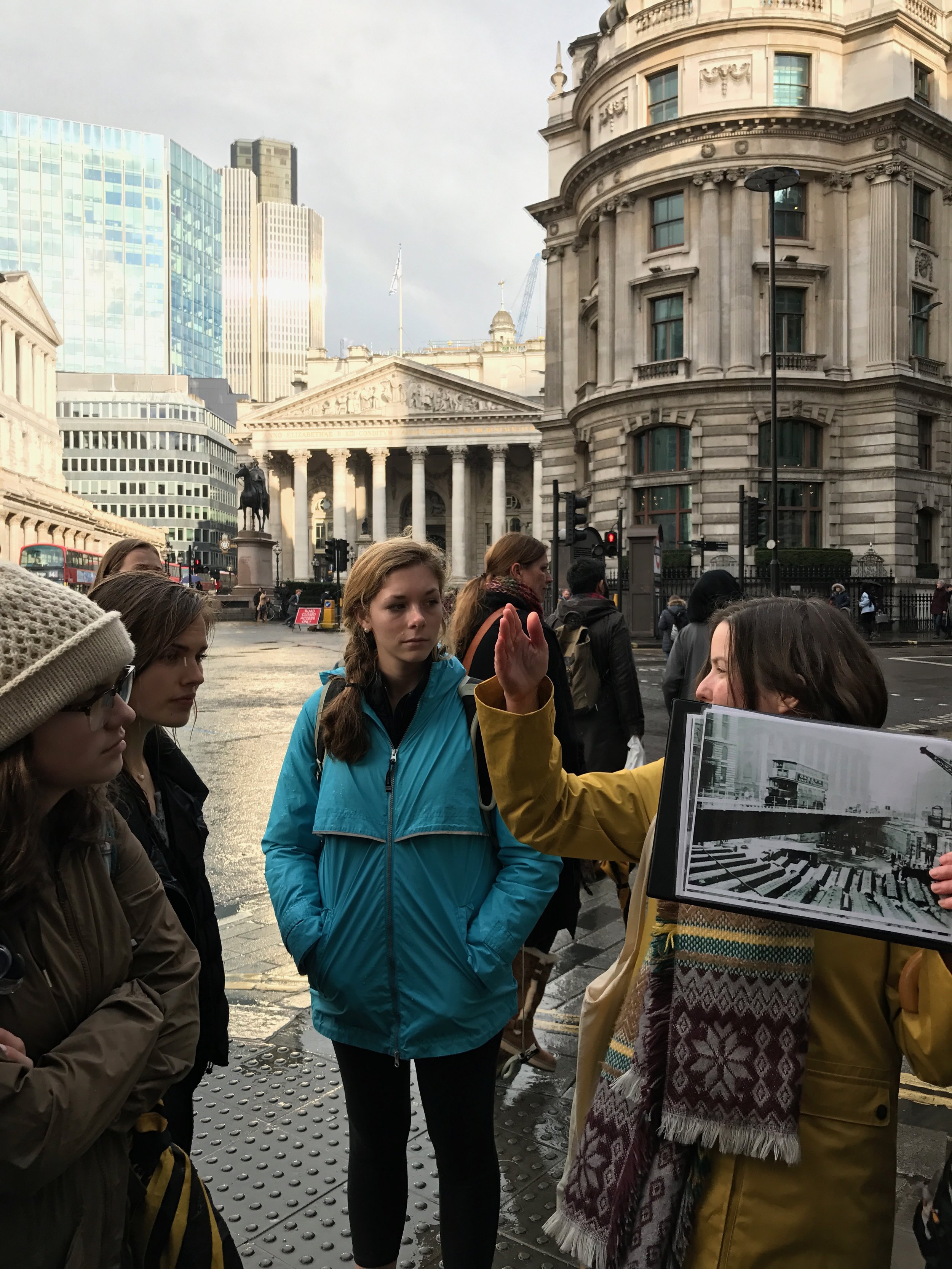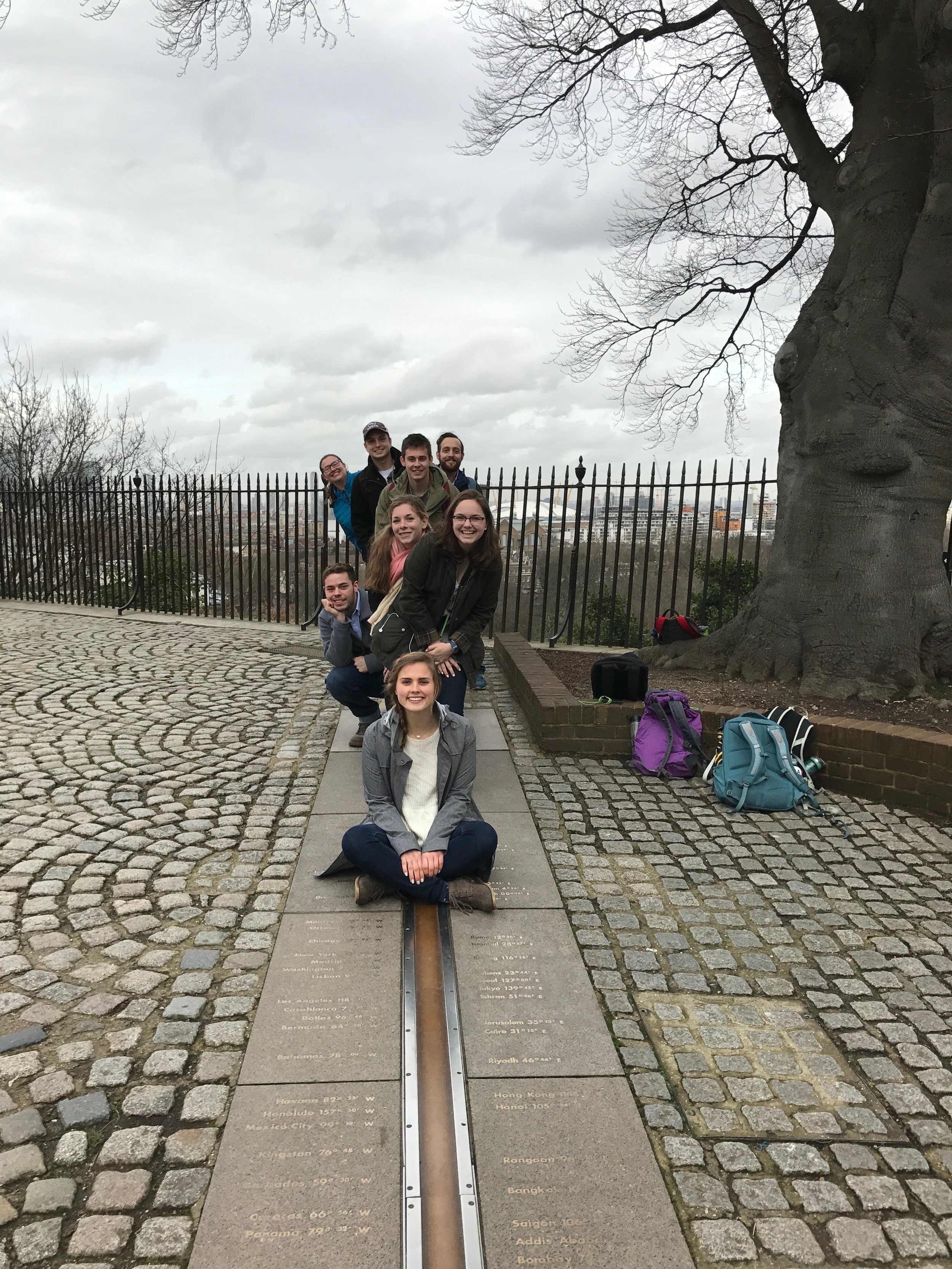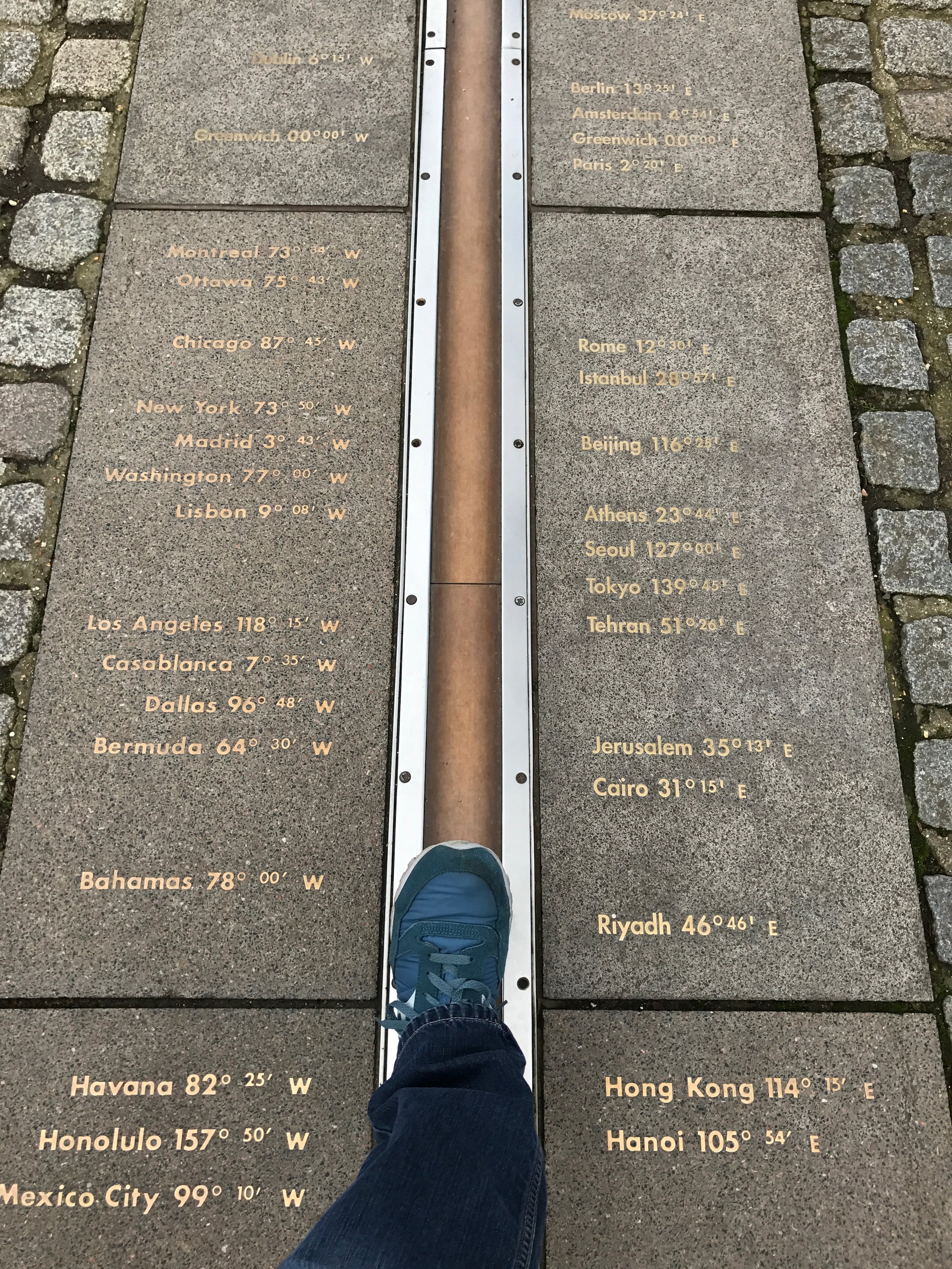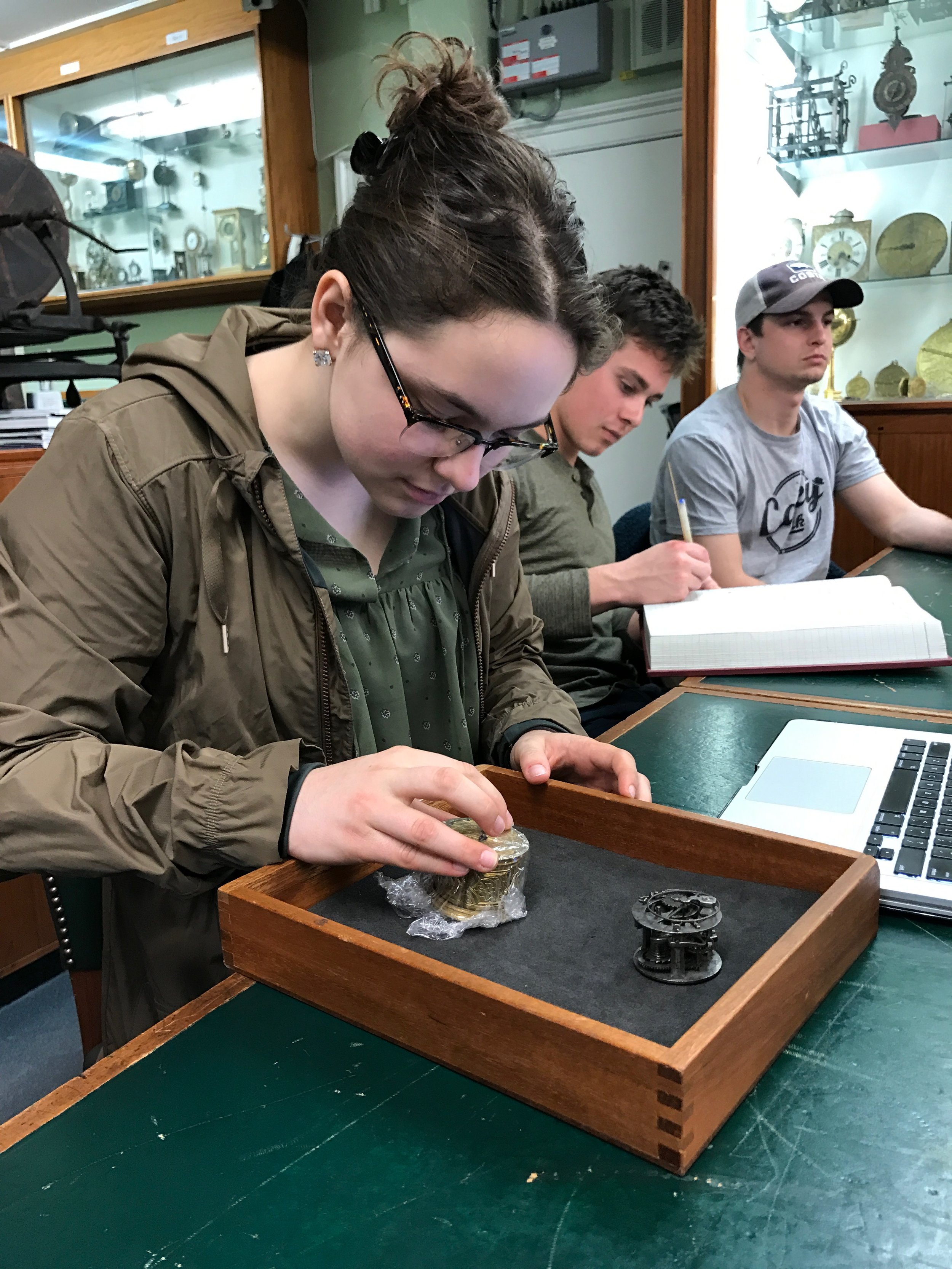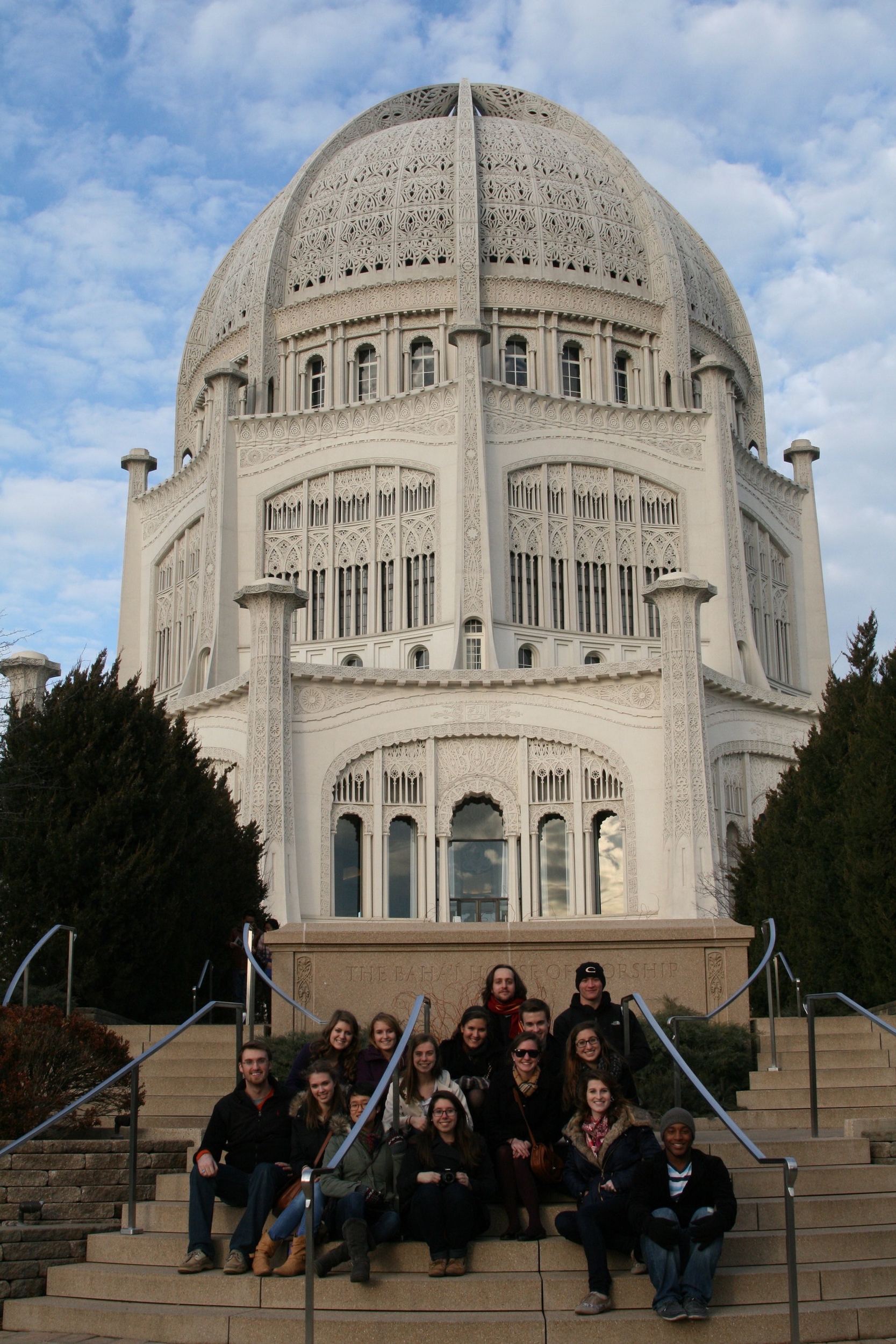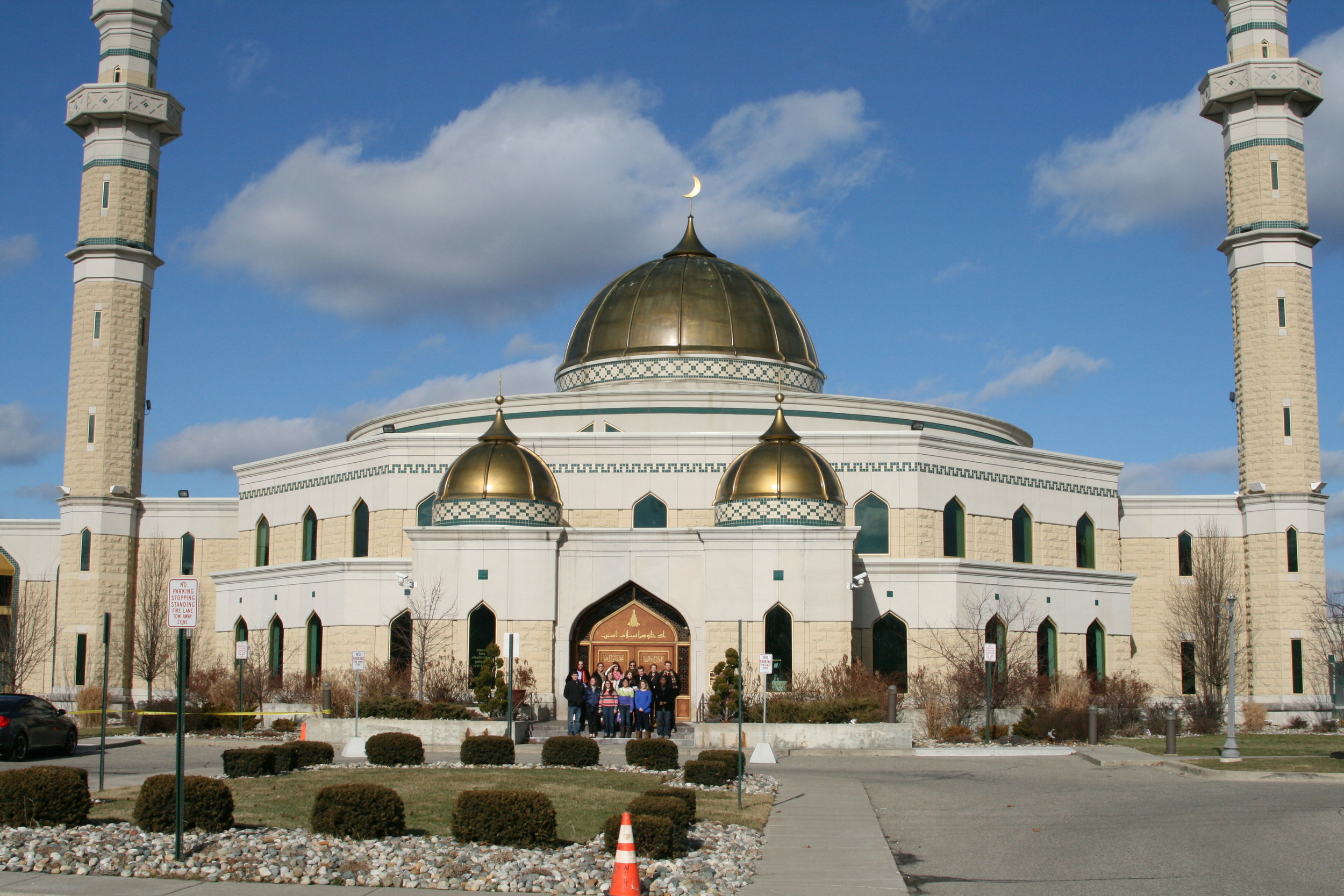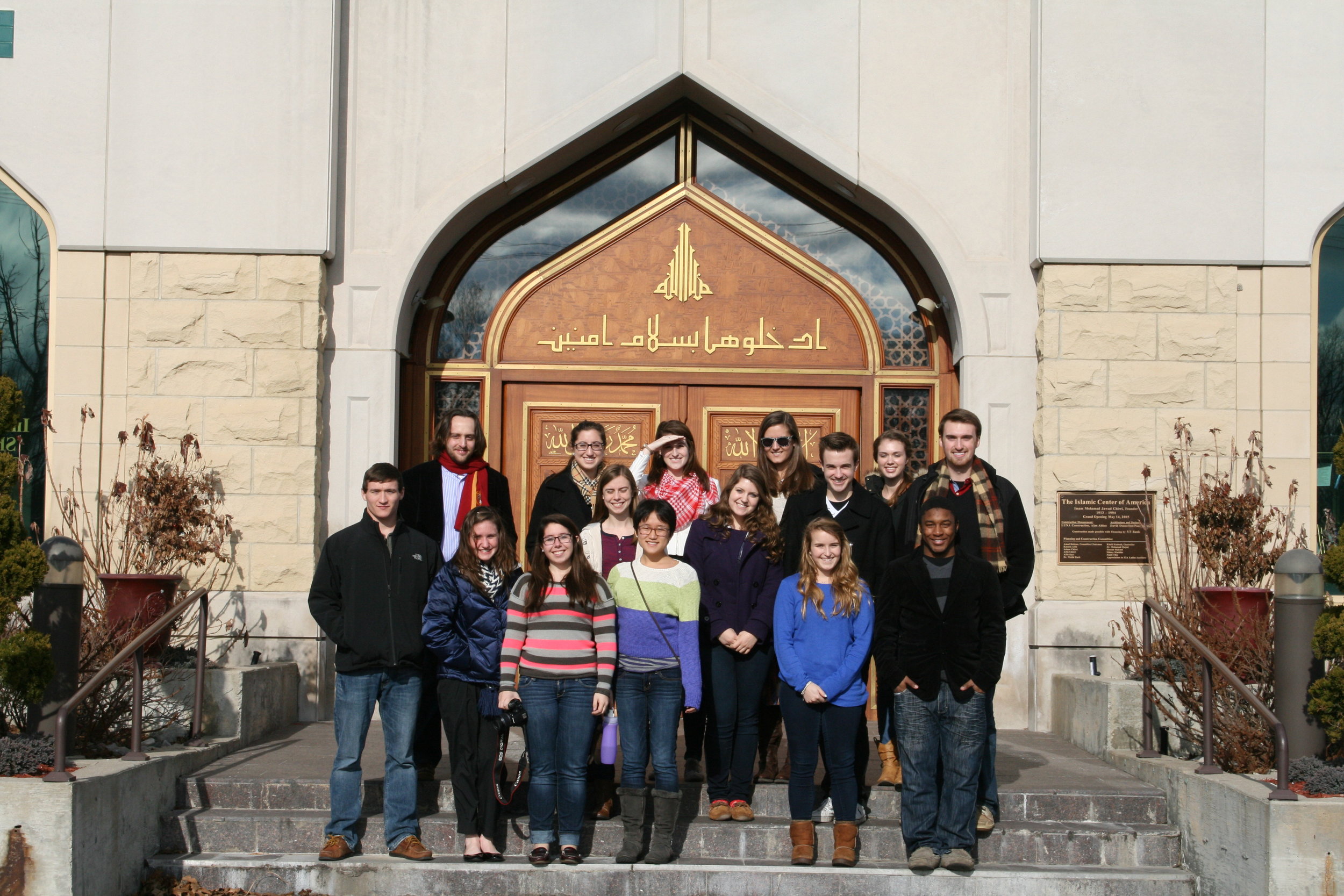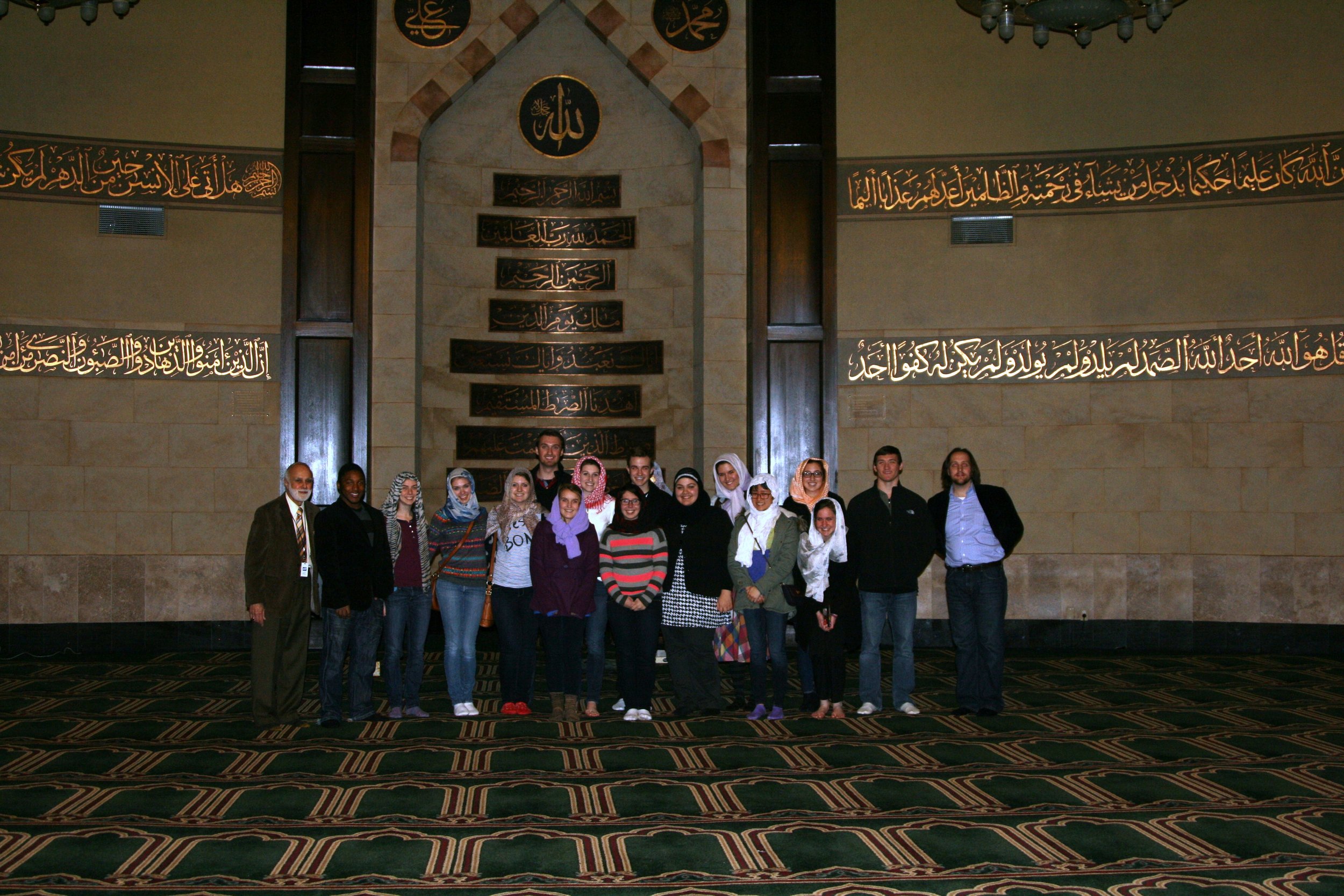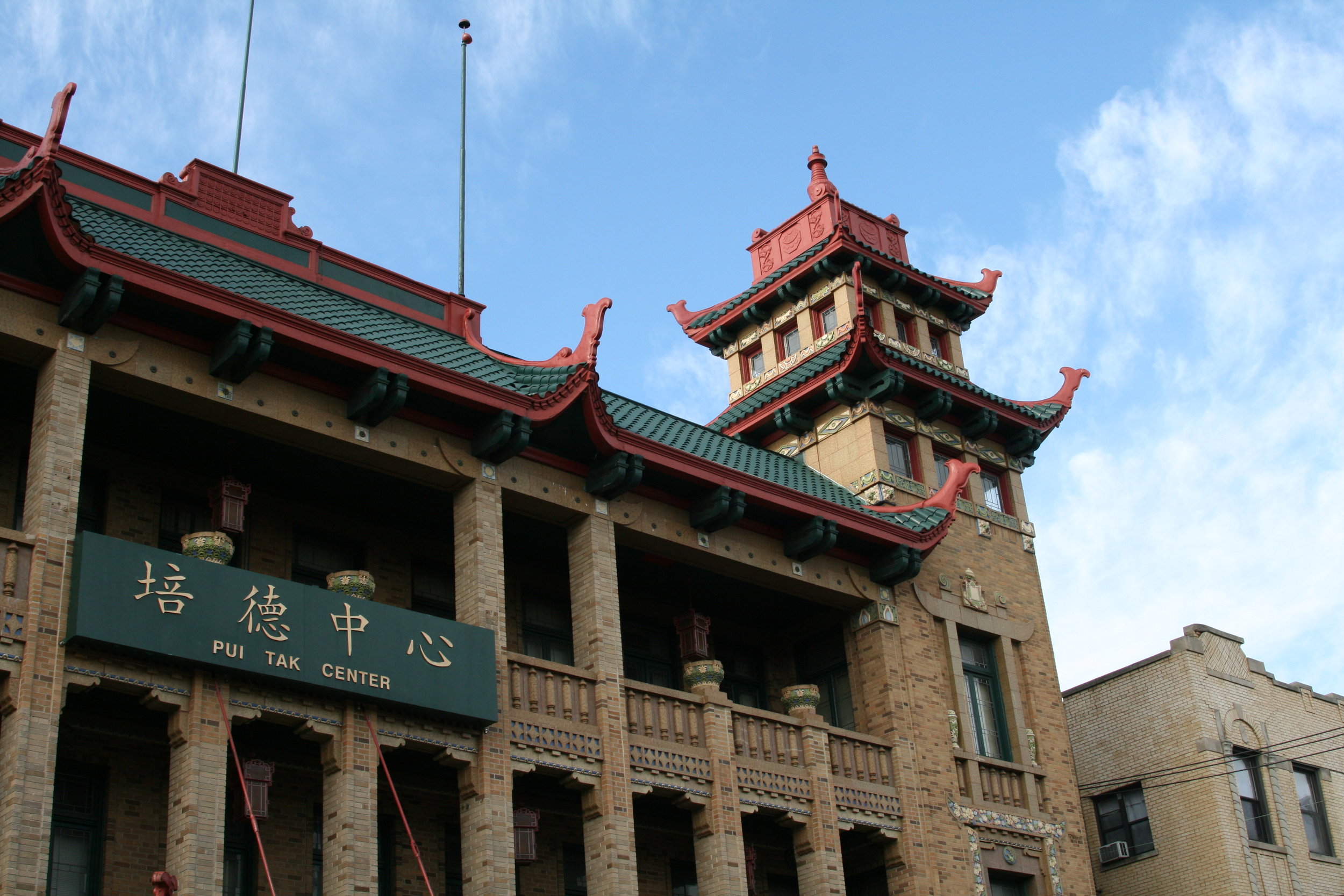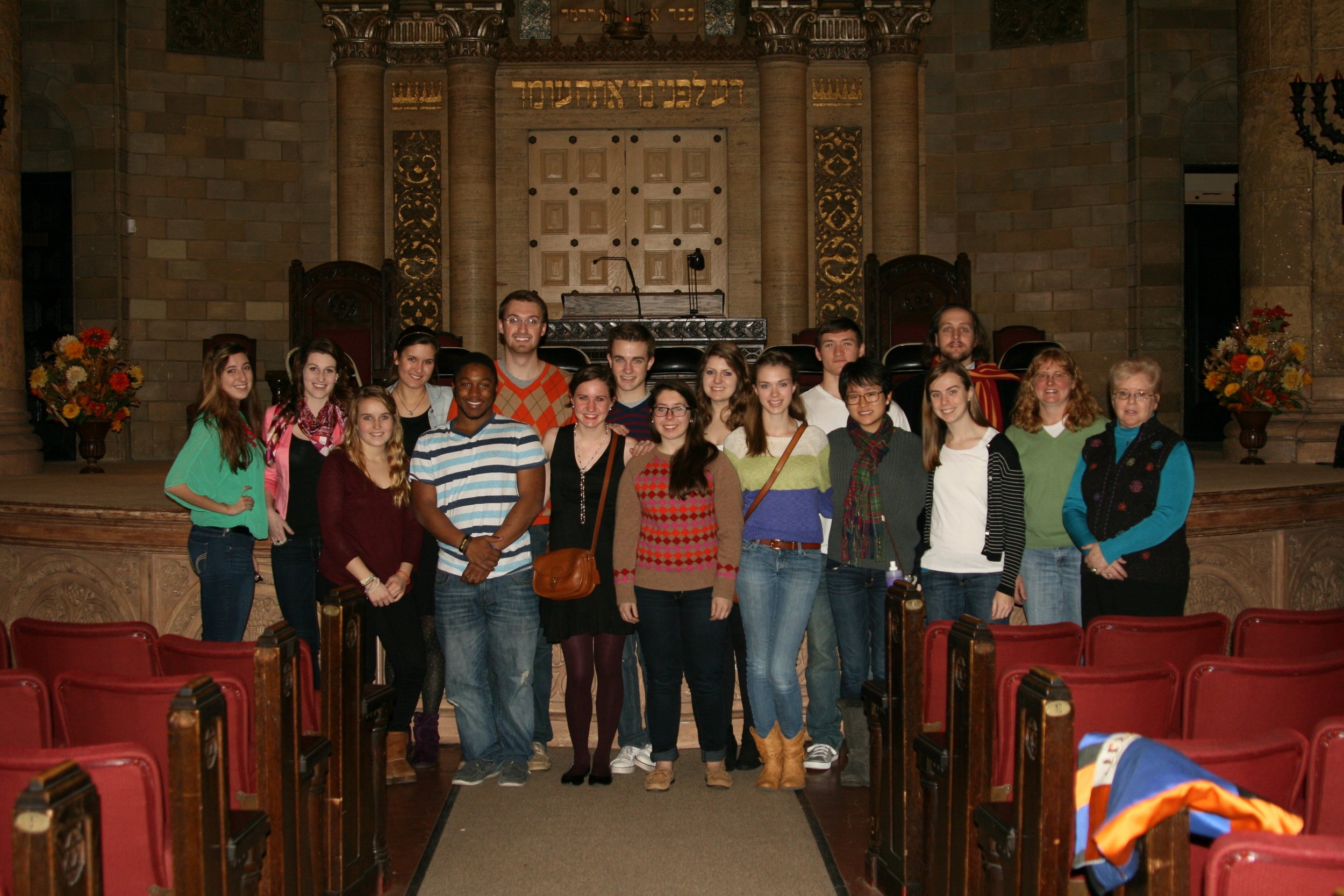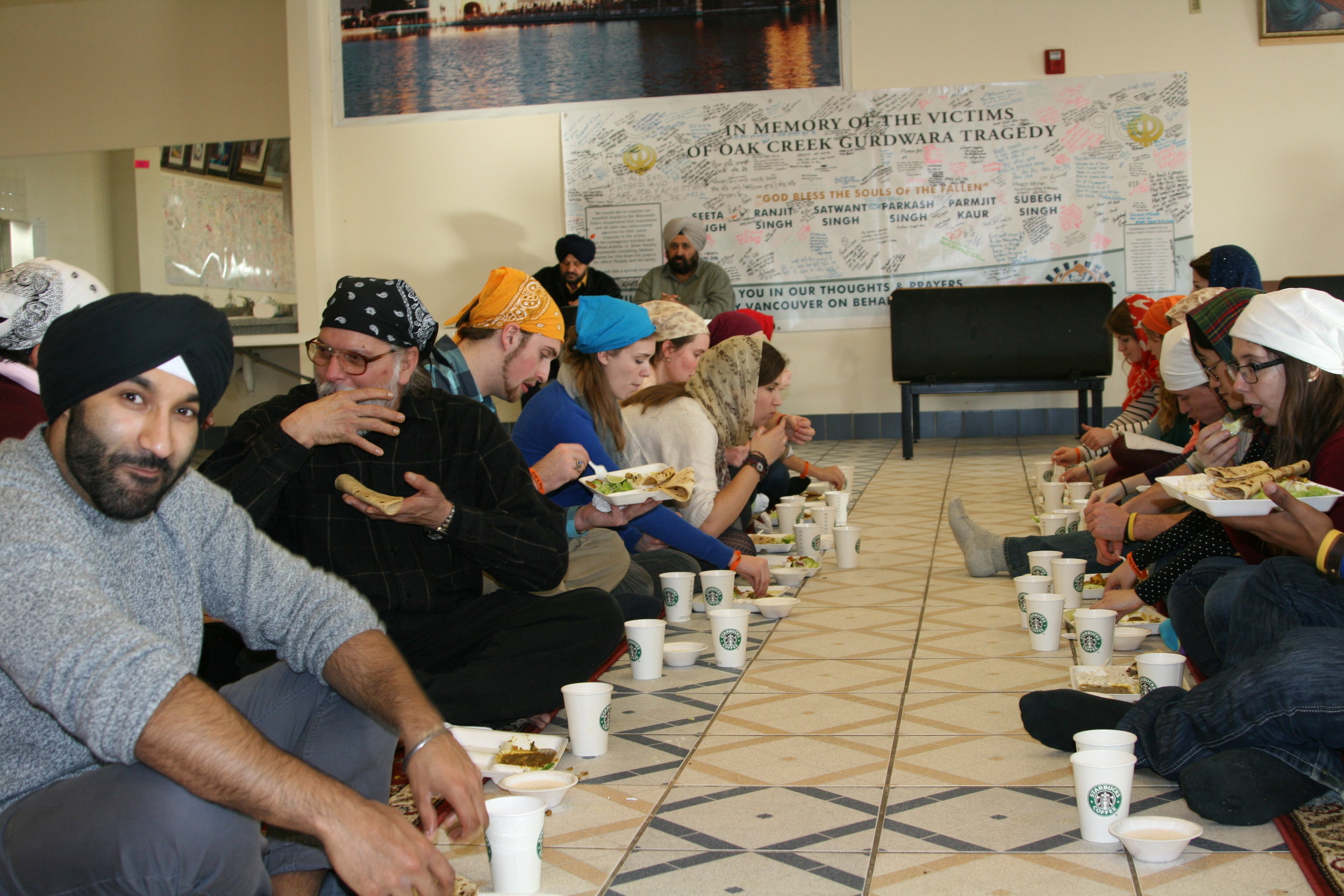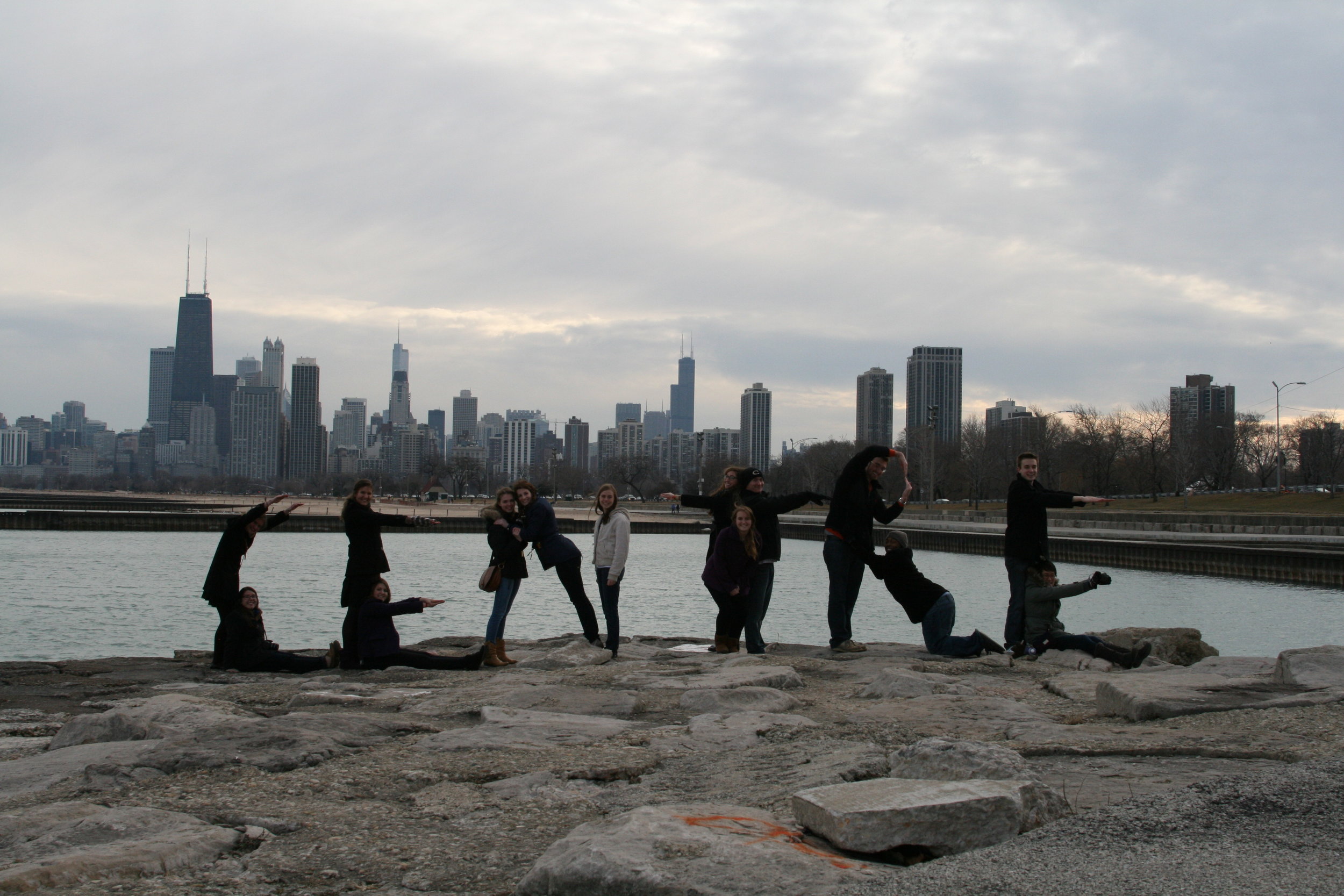COVID-19 Signature Series (Co-Organizer)
The courses in this Signature Series are designed to provide students with the creative and critical space to explore multiple themes and contexts surrounding COVID-19. The COVID-19 pandemic presents an exceptional opportunity to assess a global crisis through multiple disciplinary approaches. The liberal arts experience provides an equally unprecedented moment to think in broad and crosscutting ways about the pandemic and the world that we wish to imagine after COVID. Each program has disciplinary insight into relevant areas such as epidemiology and public health, economic implications, ancient epidemics and the philosophers and artists who documented them, lessons learned from more recent history, and human responses to uncertainty and crisis throughout time. The Series includes the contribution of 29 members of the faculty, who are offering 27 new or revised courses related to COVID-19.
Assassins (HIS 395). Murder, Memory, and Martyrdom: The Assassination of Governor William Goebel
Governor William Goebel—the 34th Governor of Kentucky (1900)—is the only American governor to die from an assassin’s bullet while in office. In January 2020, 30 undergraduate students of Centre College spent over 270 hours working in archives throughout central Kentucky to reassess the history and contested legacies of Governor William Goebel’s assassination. They completed their research during an upper-level history course entitled Assassins (with Dr Jonathon L. Earle). They interrogated court records, detective reports, eye-witness testimony, receipts, music, newspapers, telegrams, and correspondence between the alleged conspirators, including Centre College alumnus Caleb Powers, Secretary of State of Kentucky (1900), who supposedly orchestrated the murder. The outcome of the students’ research is the following six-part podcast series. By exploring the history of assassination in early twentieth-century Kentucky, this stream raises more considerable insights into cultures of violence in the Ohio River Valley following the American Civil War, changing economies during Reconstruction, judiciary corruption, and the politics of memory and memorialization. By the mid-1960s, several high-profile assassinations throughout the United States, including the murder of President John F. Kennedy, overshadowed the public memory of Goebel.
Centre-in-Eastern Africa (HIS 433) (2019)
This study abroad explores how ideas about religious and political power intersect in the context of public healing in Uganda. Between the seventeenth and mid-nineteenth centuries, communities throughout Uganda developed and debated public healing practices. Public healing encompassed a number of deeply interconnected practices and themes. Practically, public healing included: using herbs to treat different ailments and diseases; curing women’s barrenness and infertility; ascertaining the will of dead ancestors; resolving disputes within and between families and clans; halting military conflict between competing ethnic groups; securing peaceful transitions of power; and ensuring ample rain and productive agricultural seasons. Conceptually, these practices raised a number of deeper, more philosophic questions. What does it mean to experience a good life (obuntu bulamu) or social calm (buladde)? Why do illnesses occur, and who is responsible for their causes and solutions? In what ways did kings, state builders, elders and public healers contest the spaces of public healing? What sorts of vocabularies did these contestations produce? To what extent were discourses about public healing gendered? In what ways did these practices raise larger questions about changing environments and the character of competing regional migrations and varying political projects? How do older healing practices intersect with Islamic and Christian beliefs, past and present?
Centre-in-Eastern Africa (HIS 433) (2016)
The archival staff of the Soroti District Archives and students from Centre College worked together to rescue and preserve the region's archives.
Idi Amin’s Uganda (HIS 455)
This course explores leading approaches and questions in historical argument and practice, such as source analyses, the philosophy of history, public history, power and gender, and violence and memory. The historical period of study will concentrate on the life and times of Idi Amin, who was postcolonial Africa’s most infamous dictator. The course provisions one week of field research in Washington, DC, most notably at the Library of Congress and the Smithsonian Institute of African Art.
Memory and the End of Empire (London: HIS 482)
This course explores the long history of cosmopolitanism in London. It seeks to shows how different communities have used London to engage in larger forms of international politics, mobility, and global citizenship. By placing particular emphases on the themes of decolonization, exile, and immigration, it recasts London as a contested and dynamic space—and not simply a city that signifies Great Britain’s monarchical, Anglo-Saxon past. In Belfast, we used murals to explore the contested political histories of Ireland and England, which we examined further by interviewing former republican and loyalist combatants. Where we used Camden Market to think about regional cosmopolitanism, we studied the African exhibitions of the British Museum to think about the intersection of colonial power and local knowledge production.
History of Time (London: HIS 120)
This course explores the history of time in the modern world. It uses extensive community-based learning to examine the different ways in which societies have conceptualized and practiced time from the late eighteenth century up until today. Onsite learning is conducted at numerous spaces throughout London, including the home of Charles Dickens, 1940s Blitz sites, the Greenwich Observatory, the National Archives, and the National Gallery.
God in Global Landscapes (First Years Studies Course)
Through interactive learning, this course historically examined areas such as religion and globalization; public history; evangelicalism and American politics; Islam in America; competing Israeli and Palestinian histories; African pentecostalism; the Arab Spring; and religions in China. In Dearborn, Michigan, we visited the Arab American National Museum, the Islamic Center of America, and ACCESS, America’s largest Arab American human services non-profit. In Chinatown-Chicago, we explored how one Chinese community uses their faith to mediate cultural assimilation. Next, we attended synagogue with the Isaiah Israel community, the oldest Reform congregation in the Midwest. Following this, we participated in a conversation with a representative from ARZA, a Zionist international activist partnership. Finally, in Milwaukee, we visited the Sikh Temple of Wisconsin, whose community was recently the subject of patriotic, white supremacist violence, during which we participated in semi-structured discussions.

